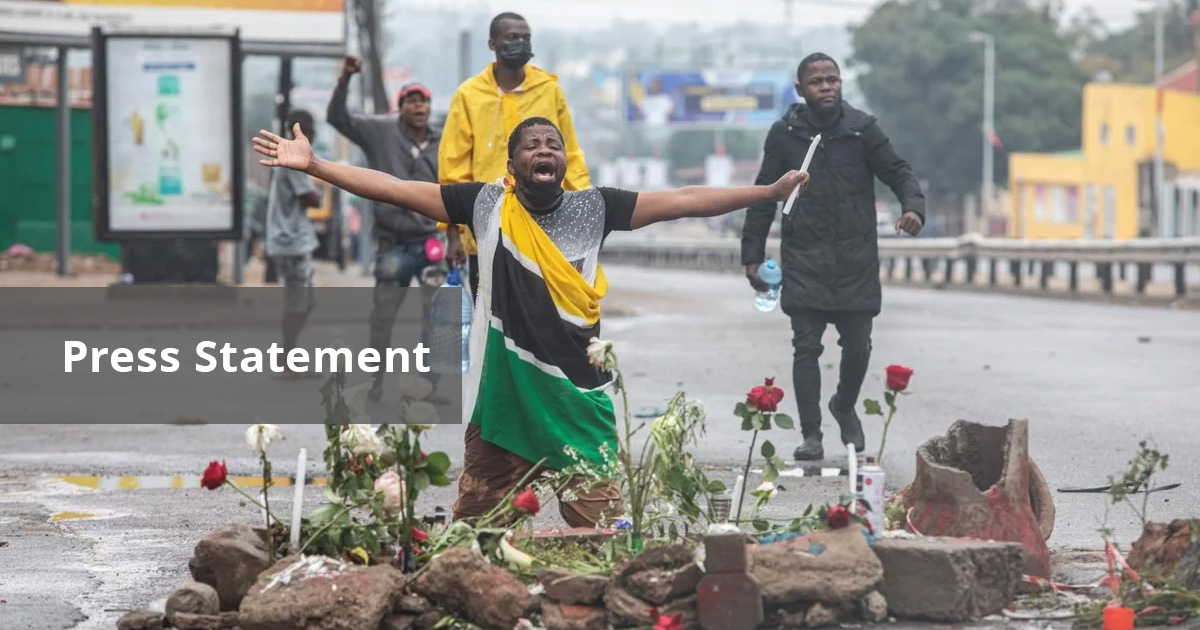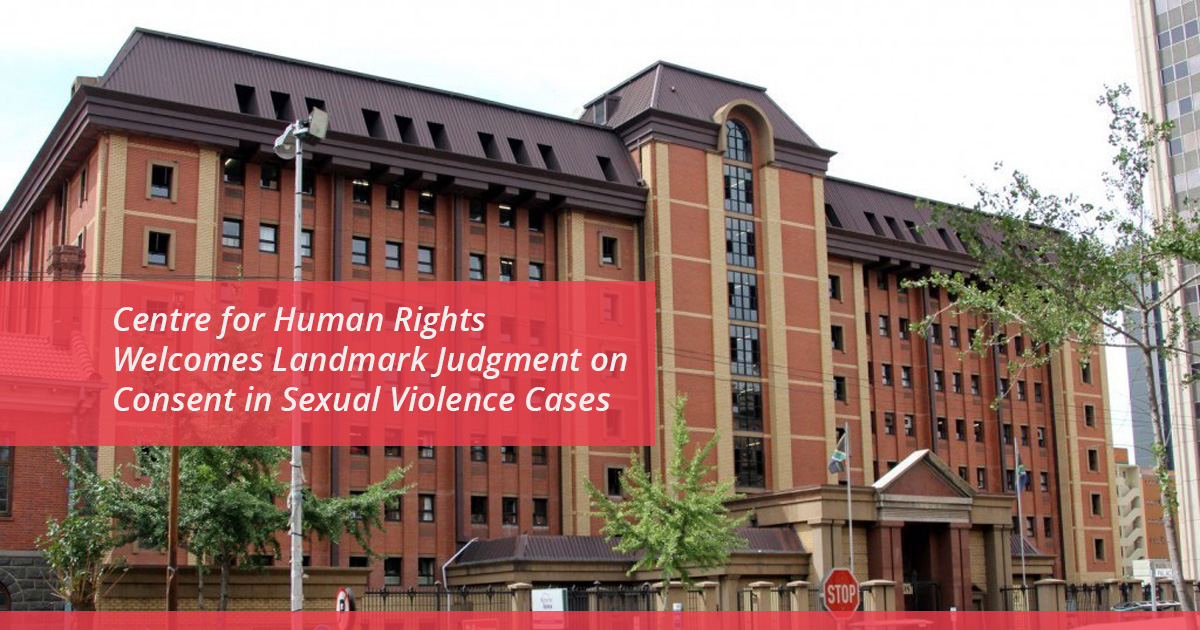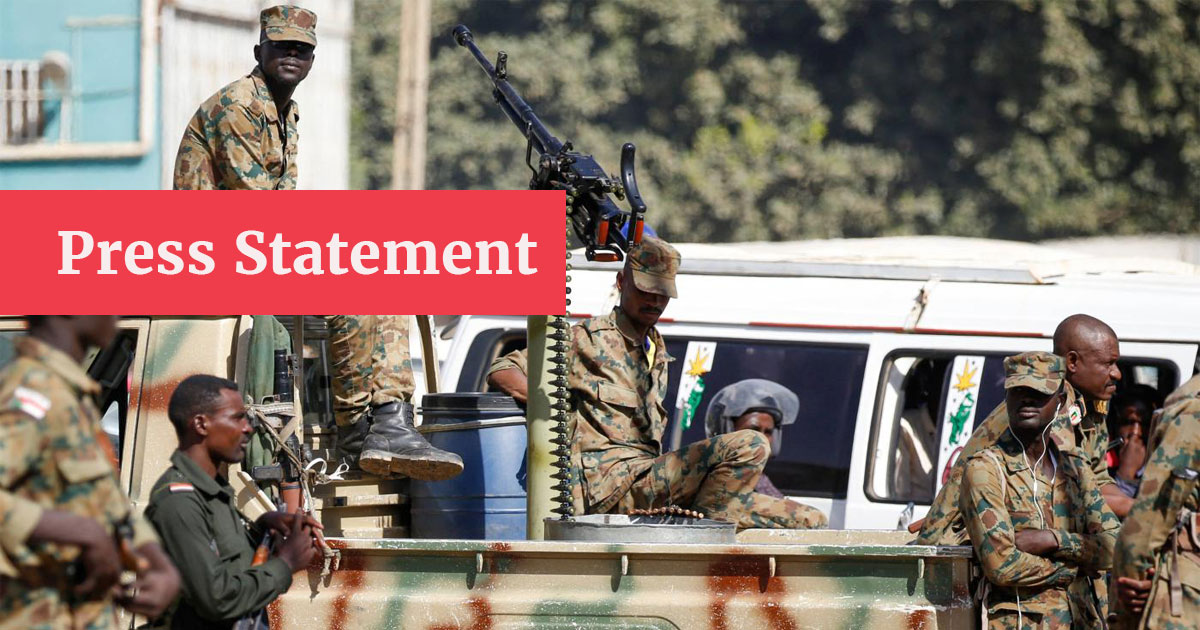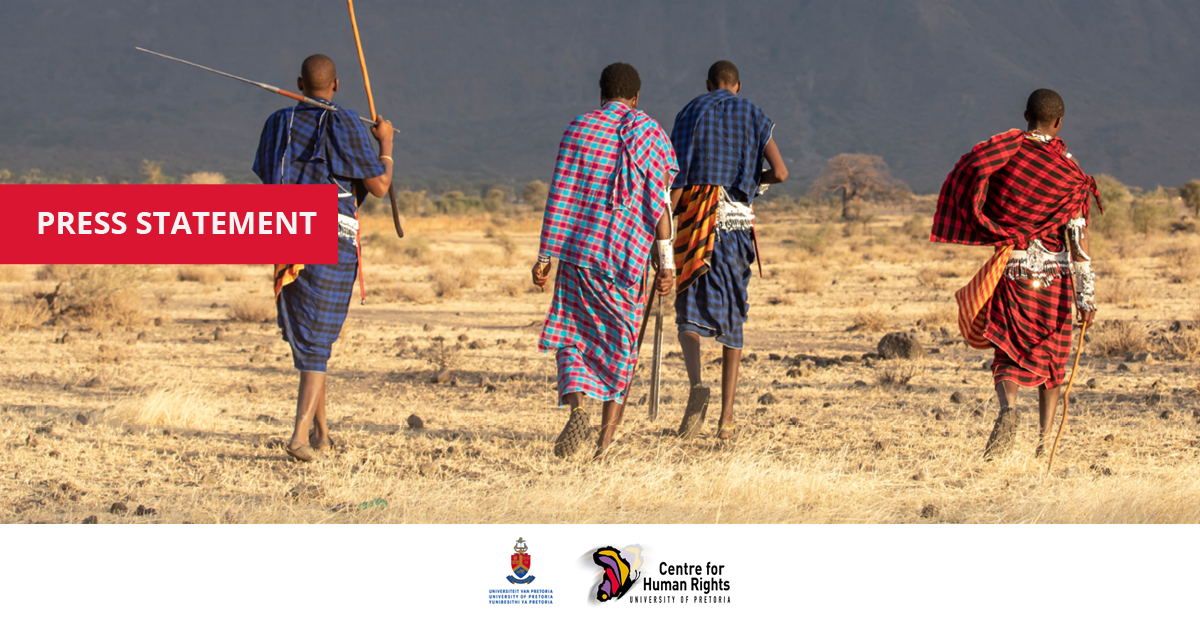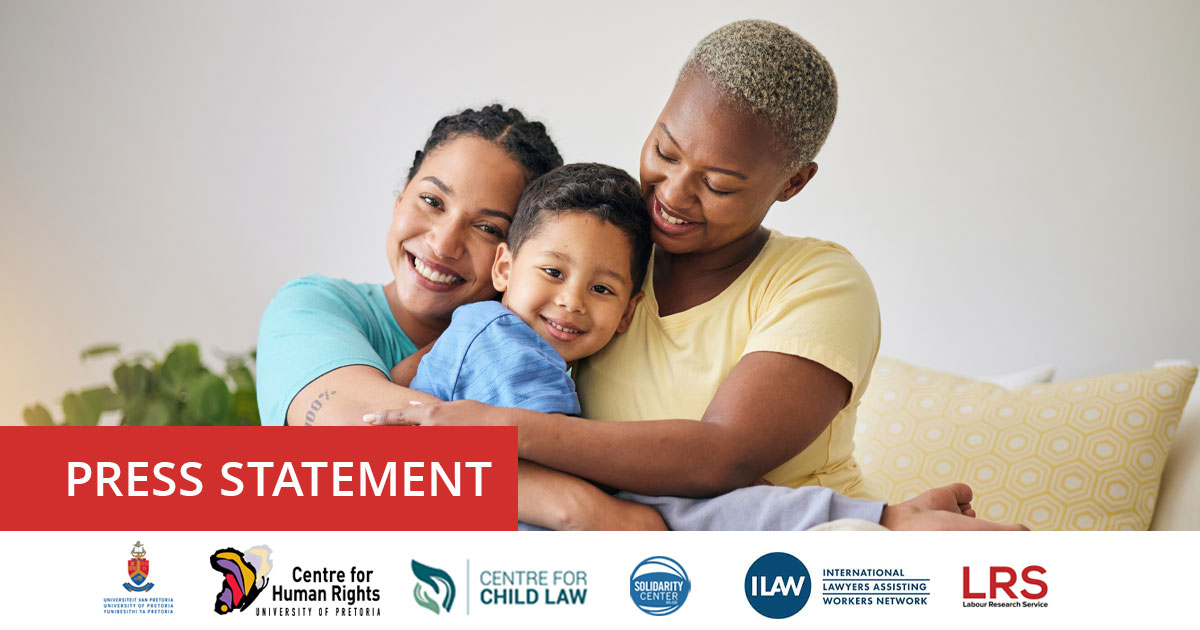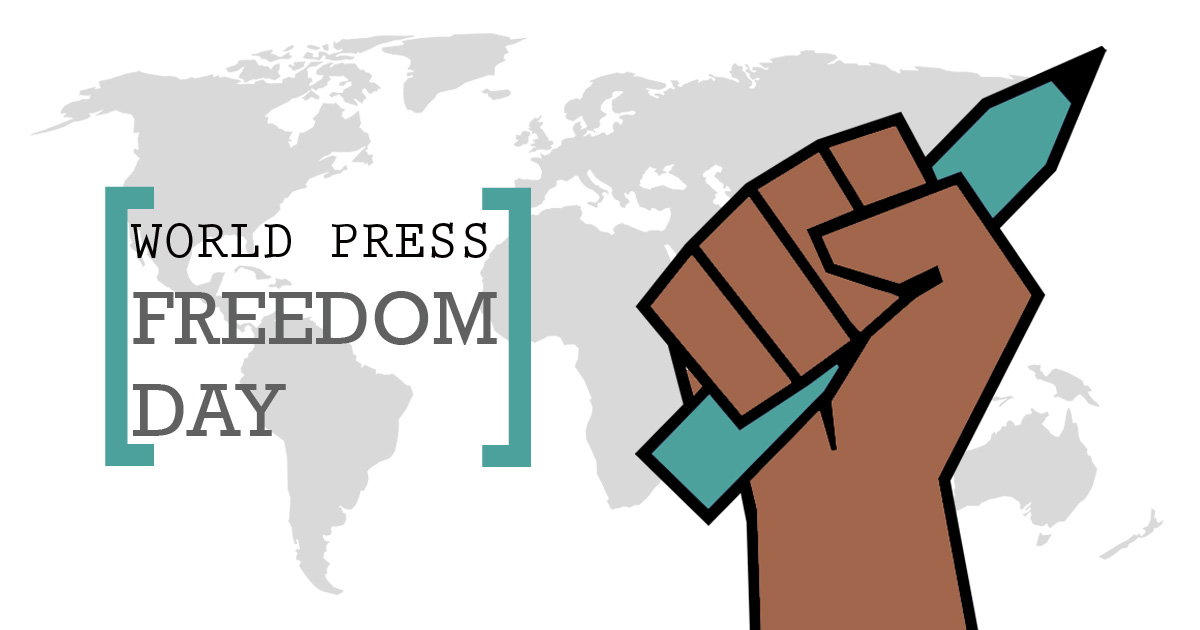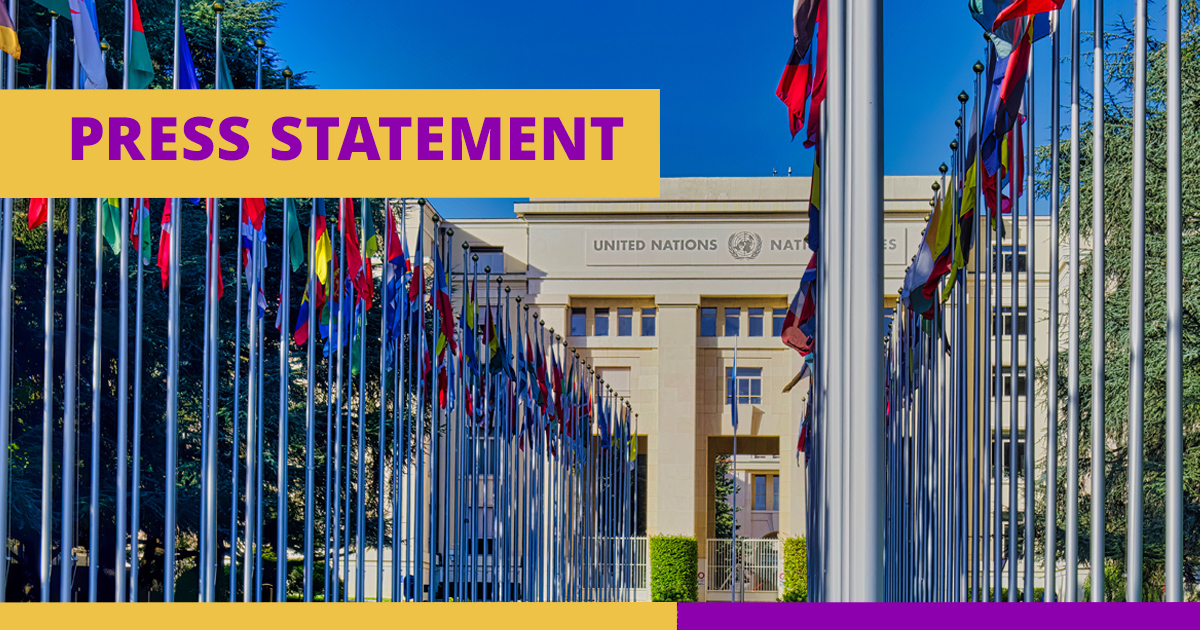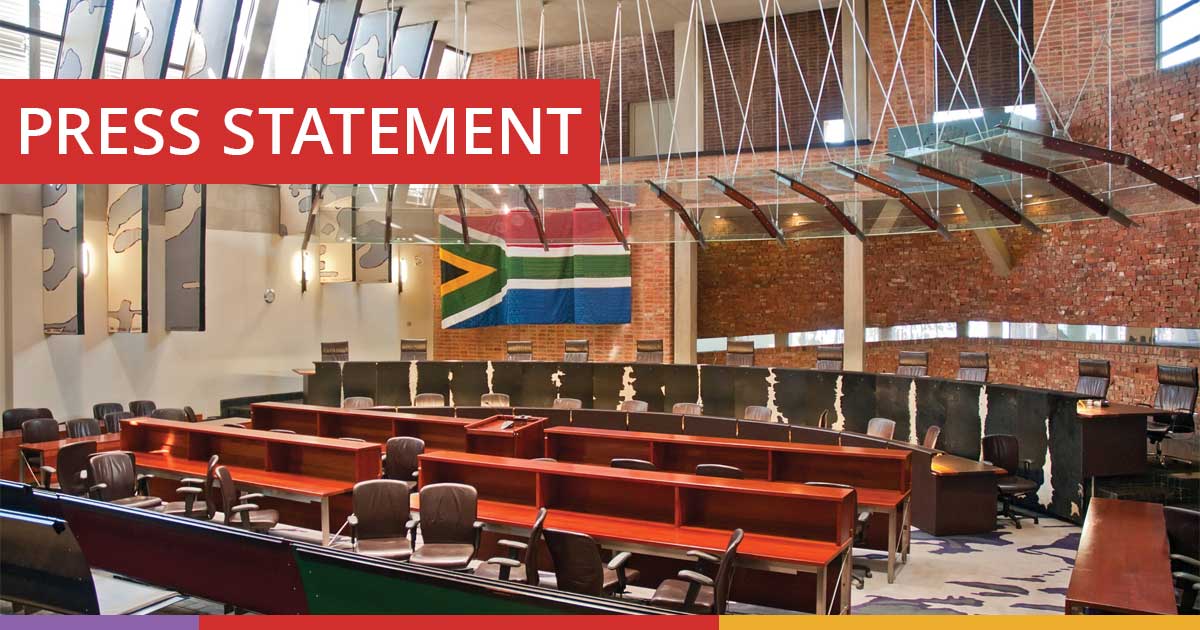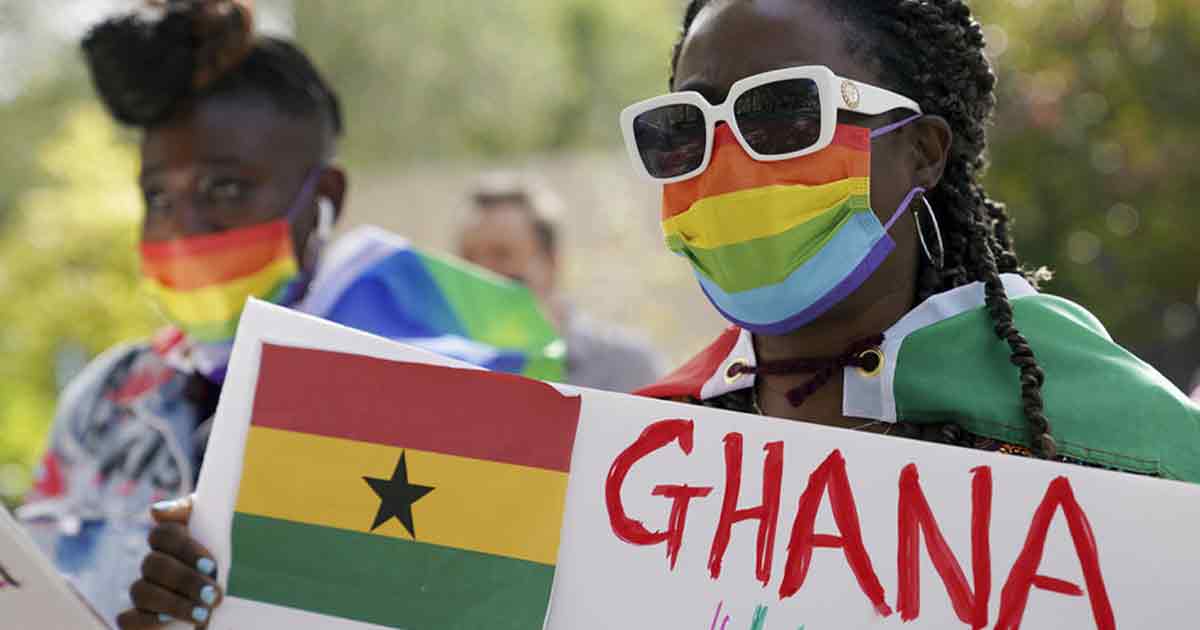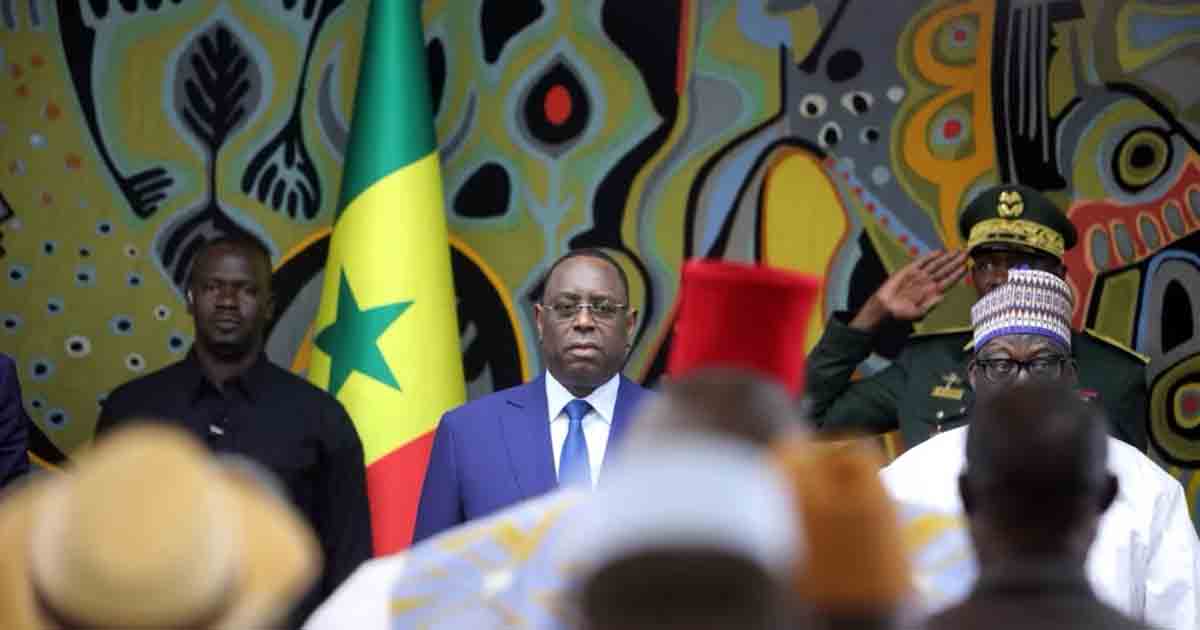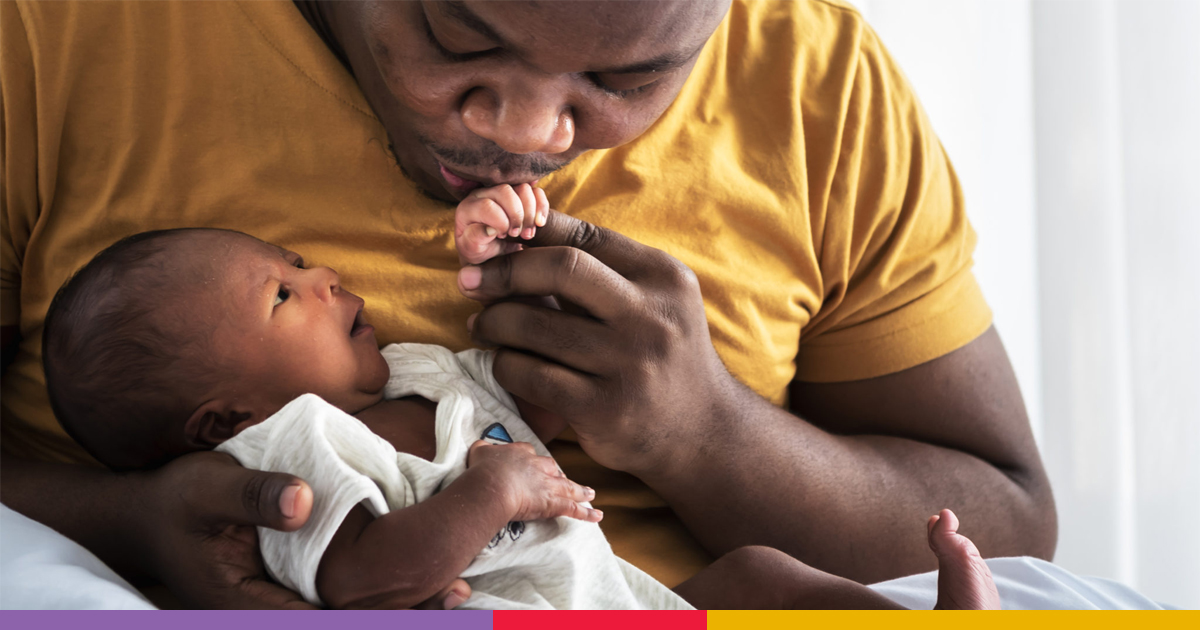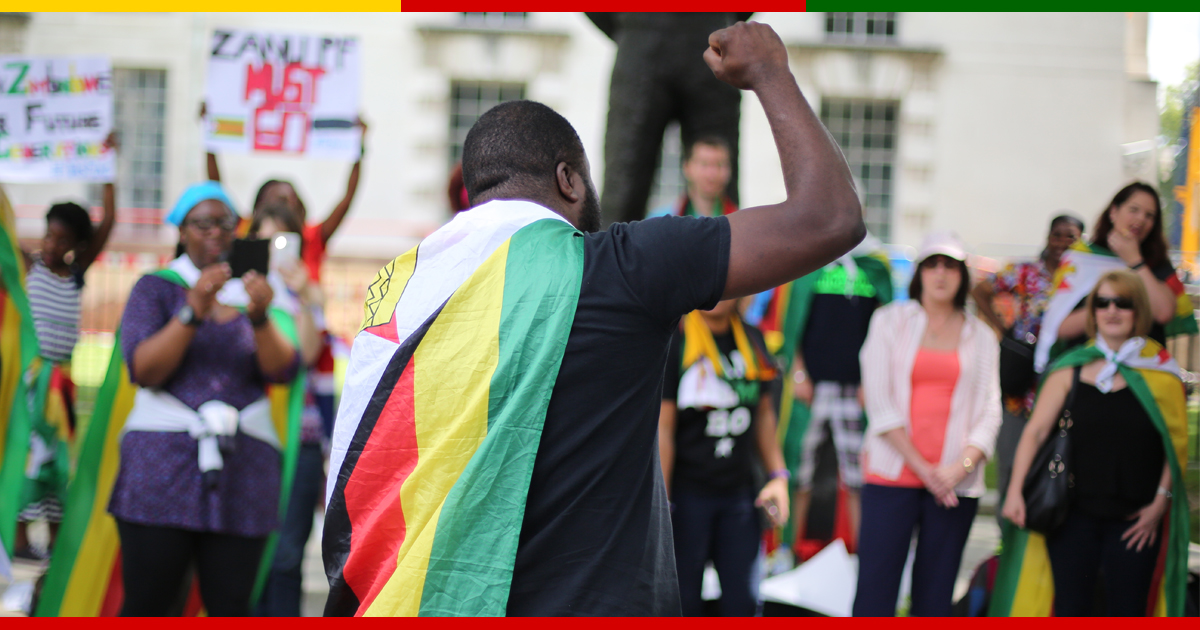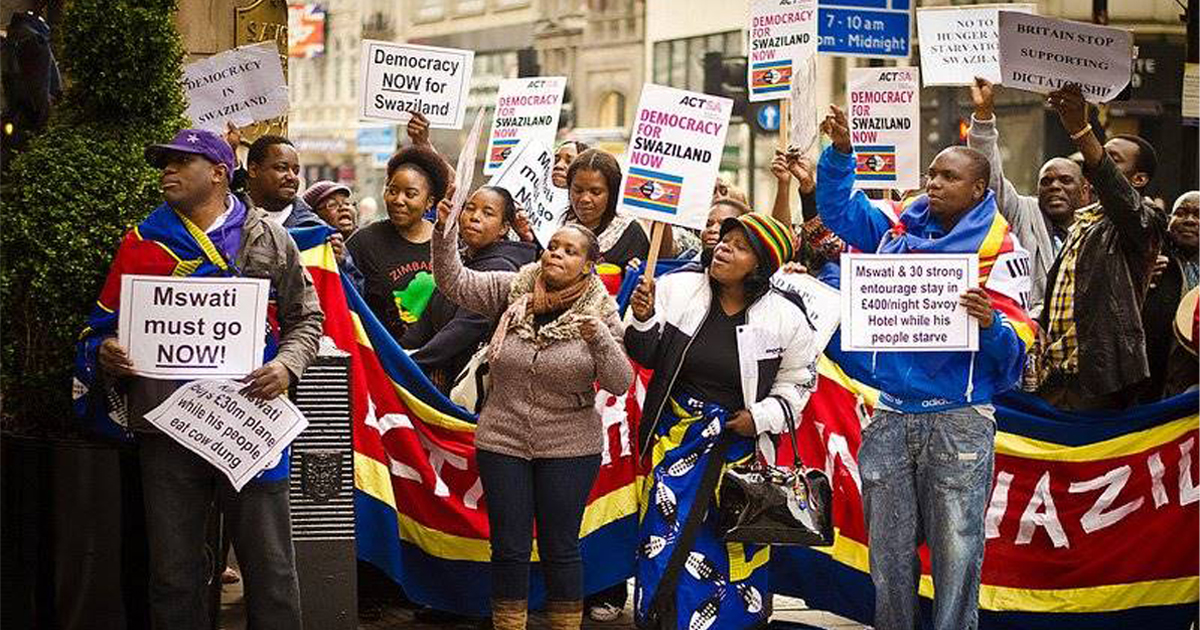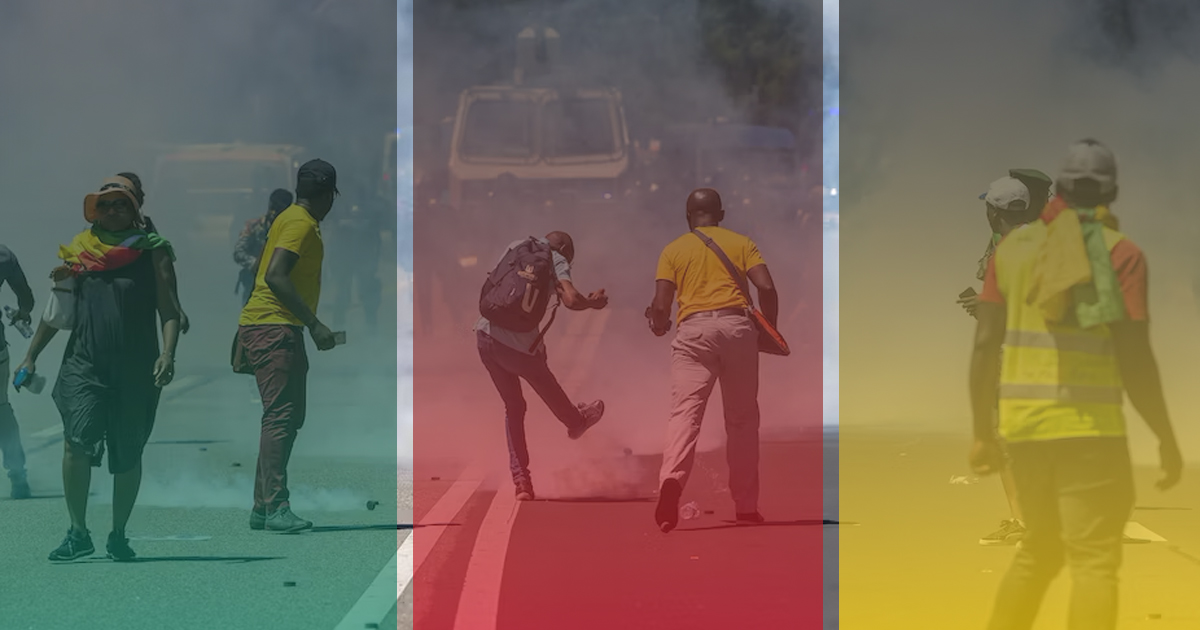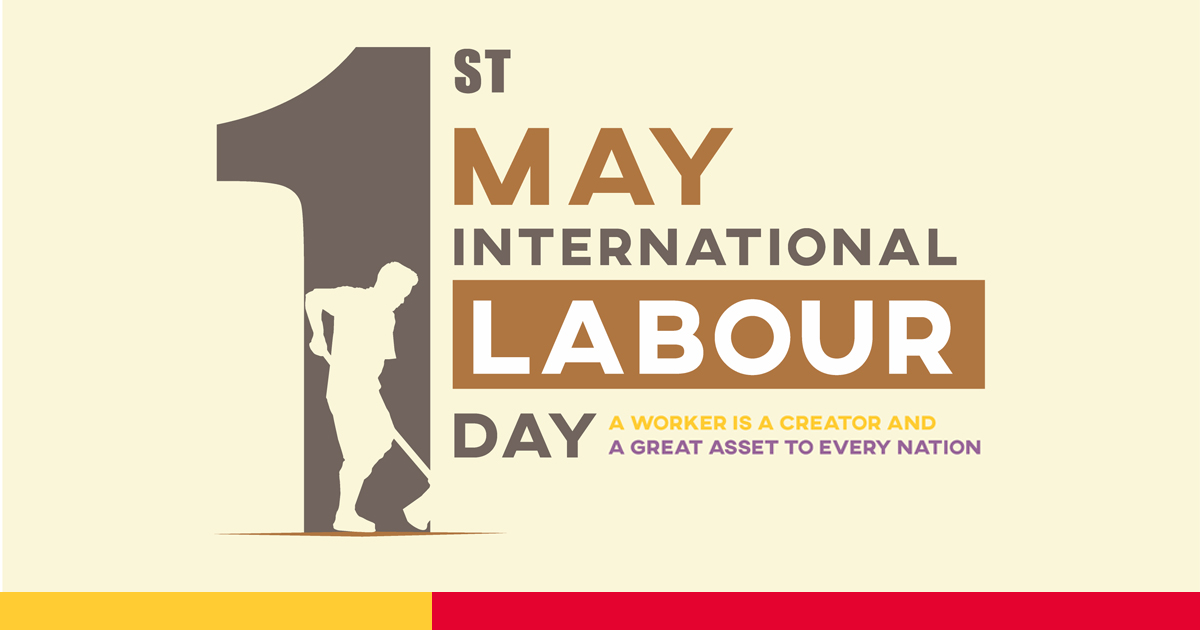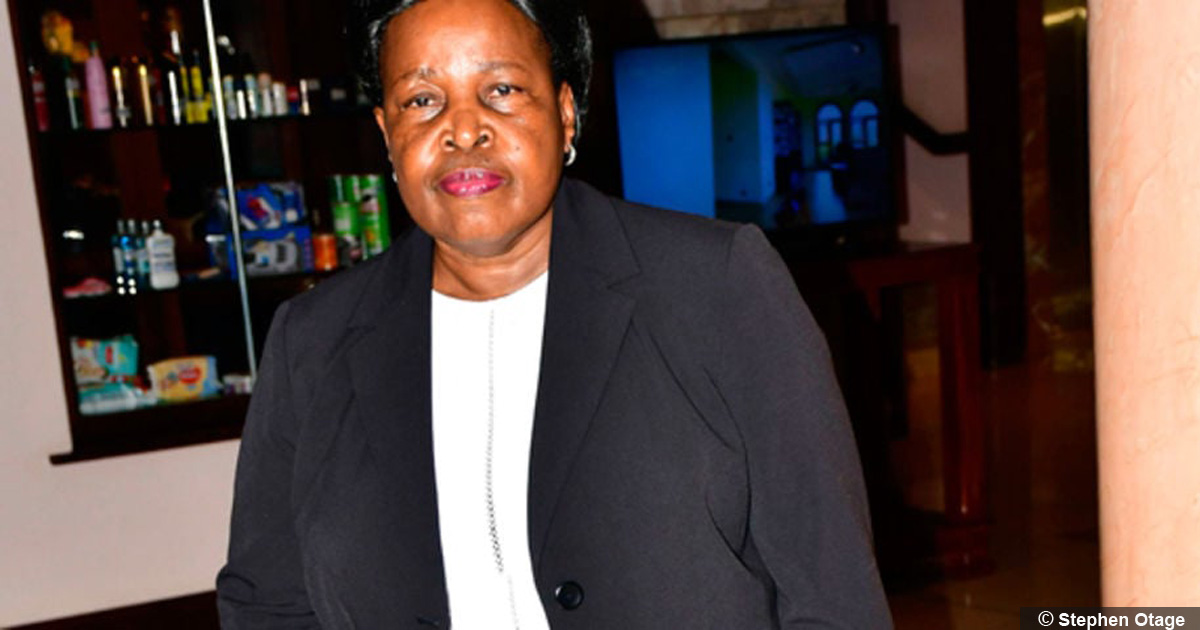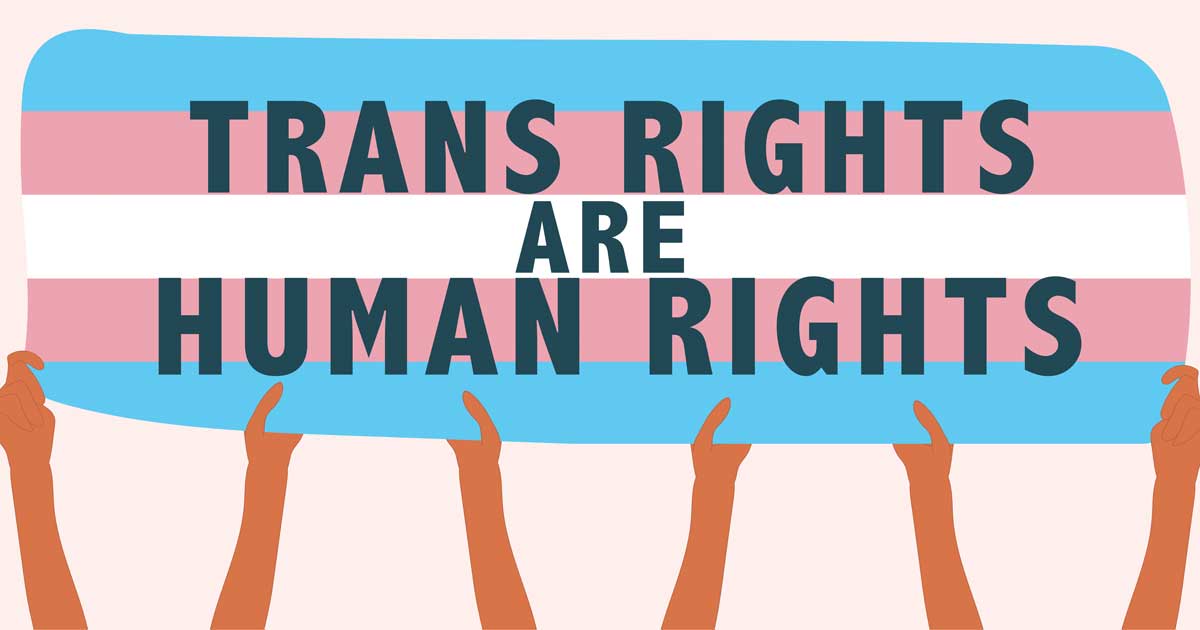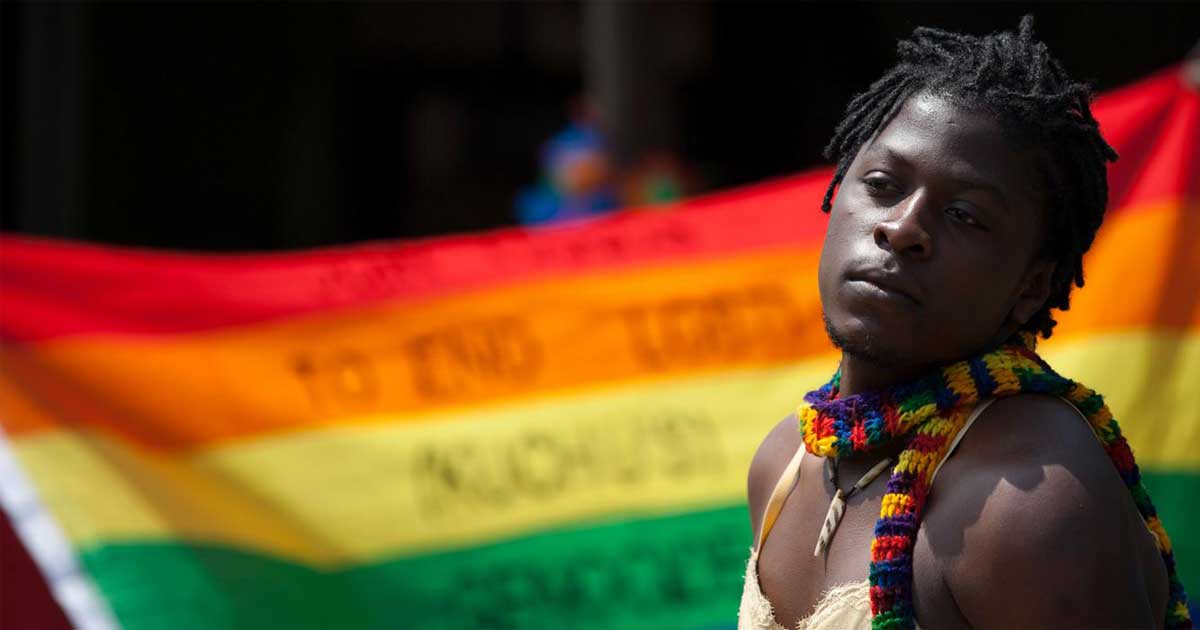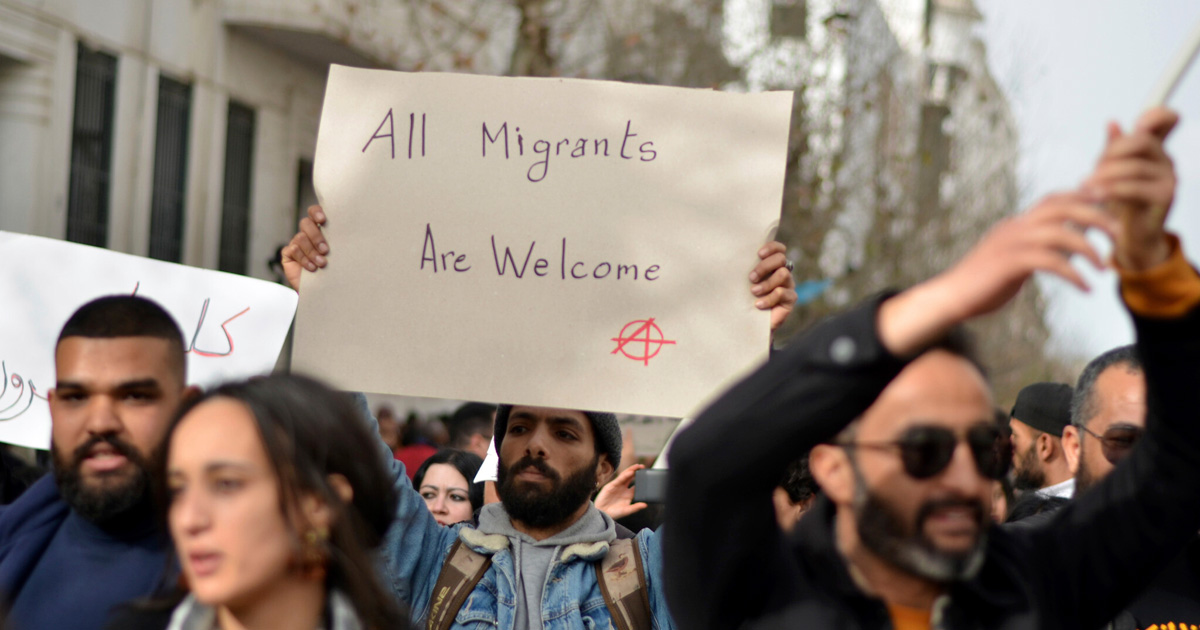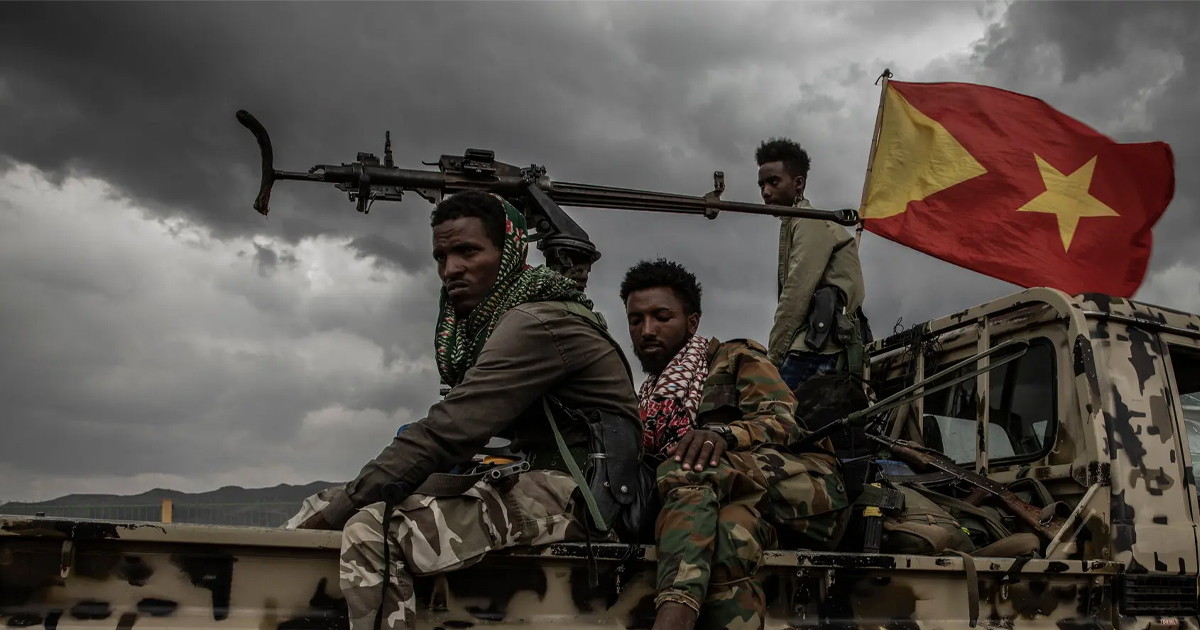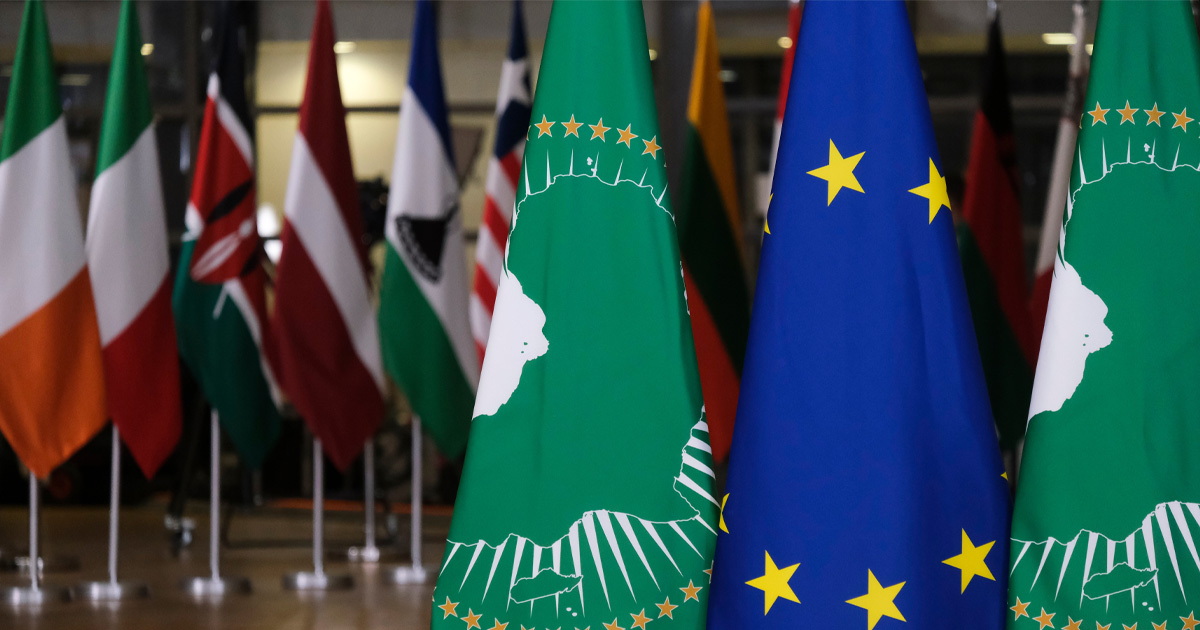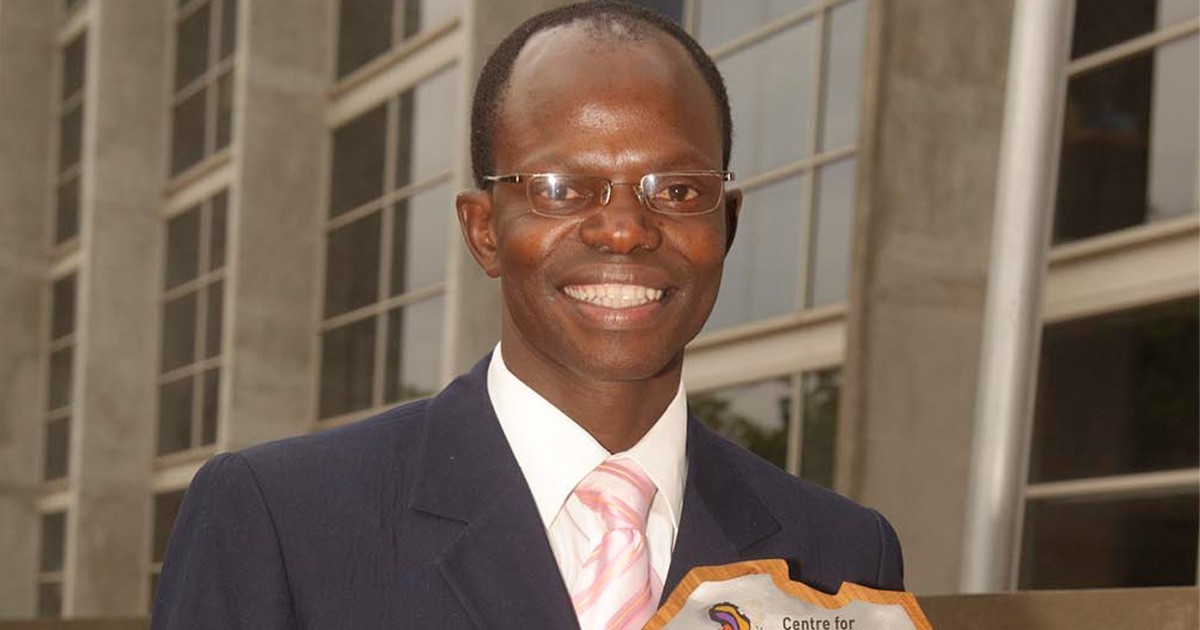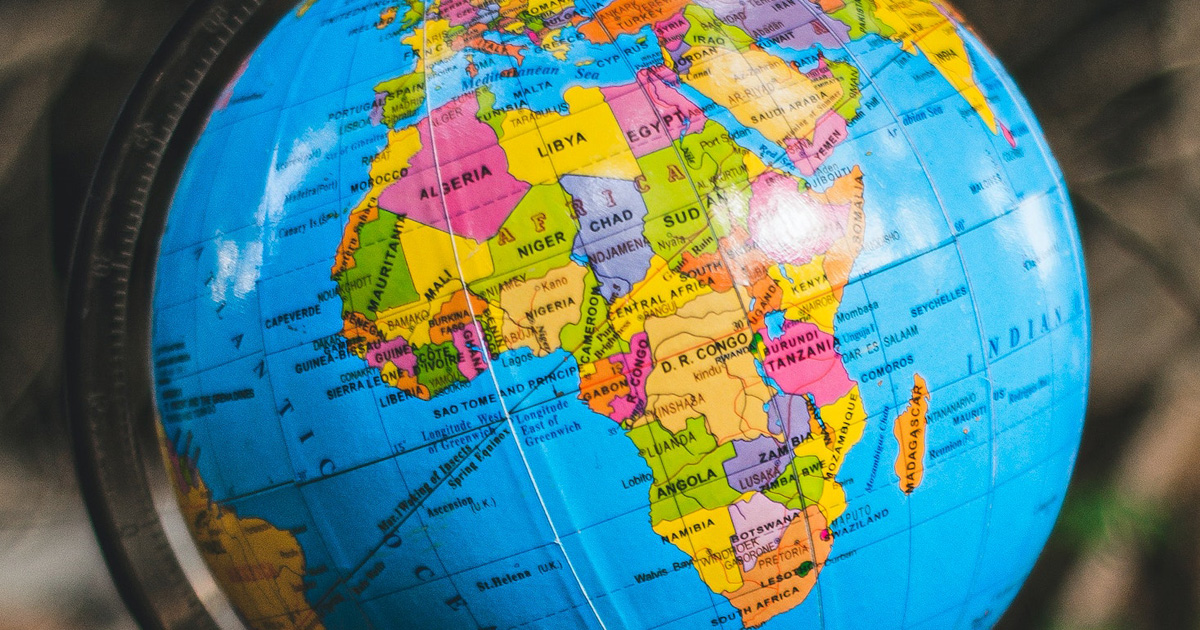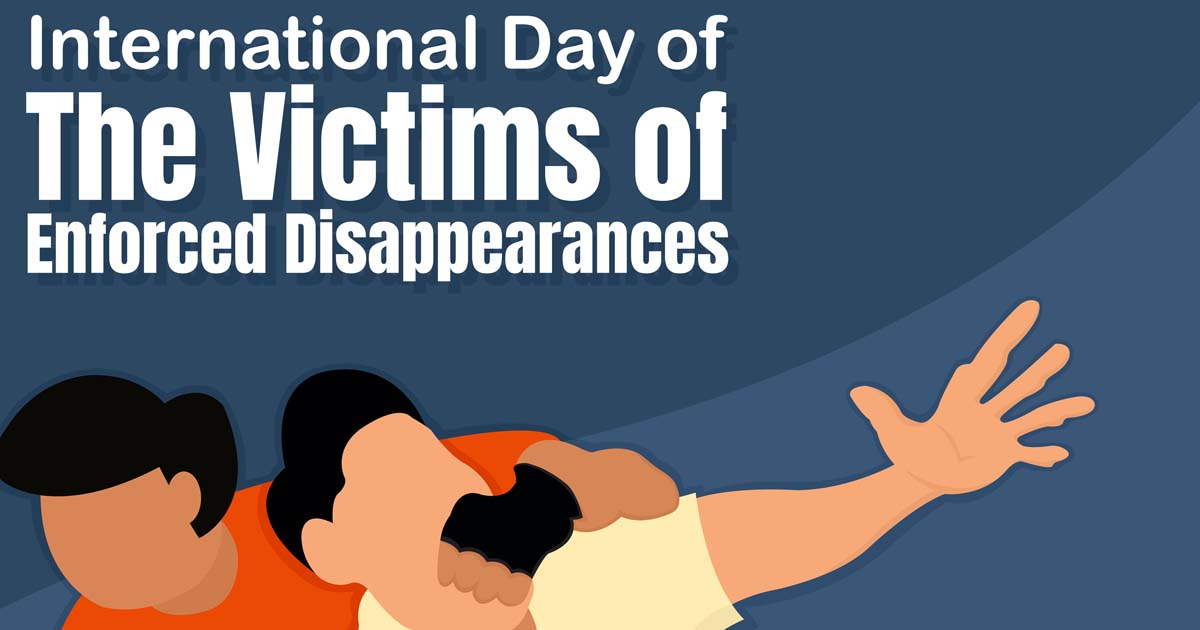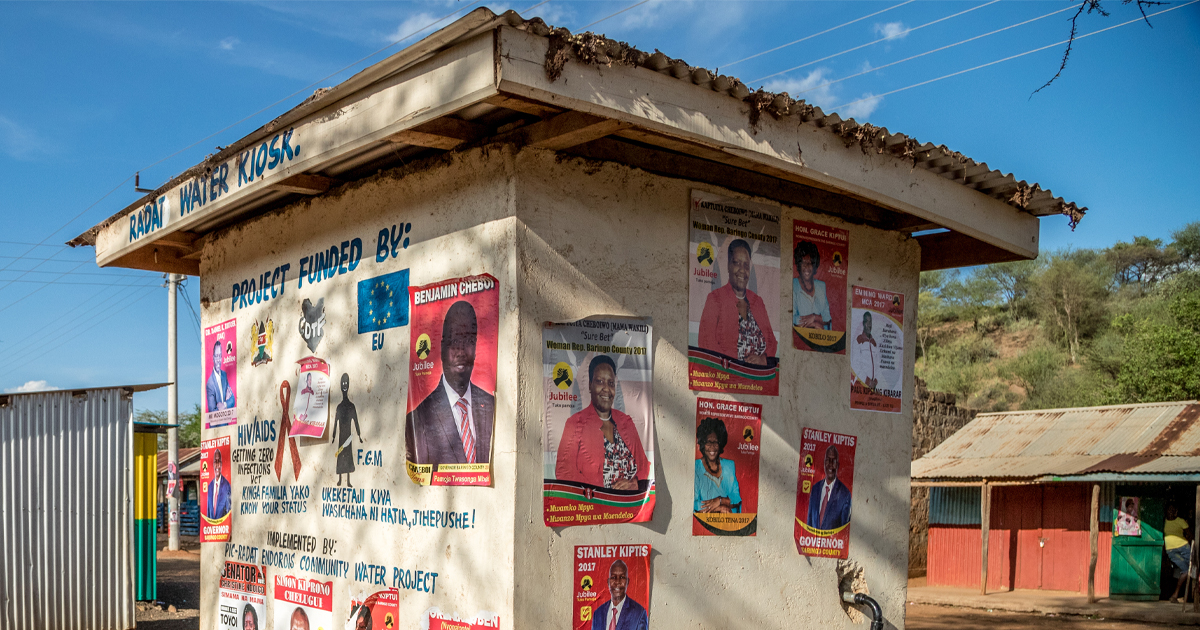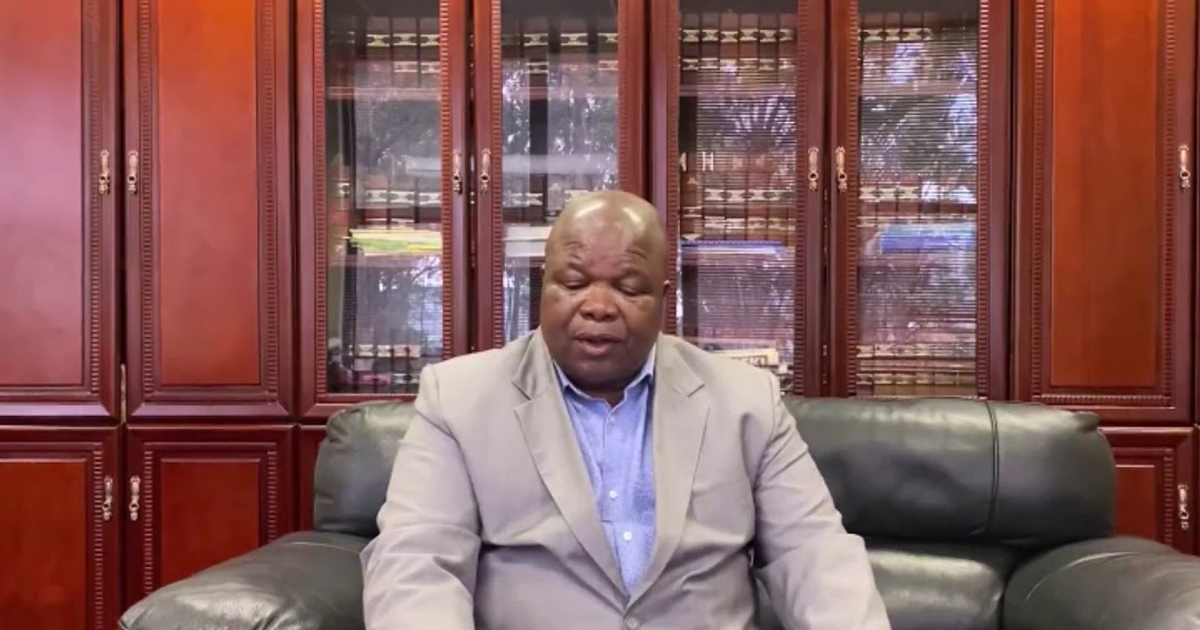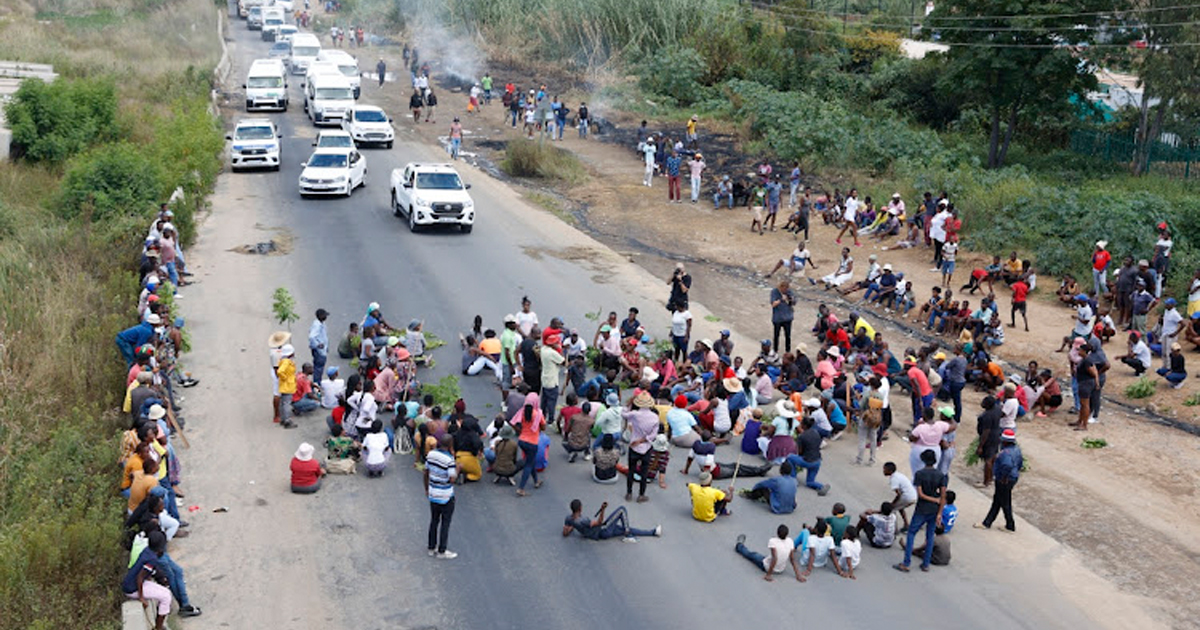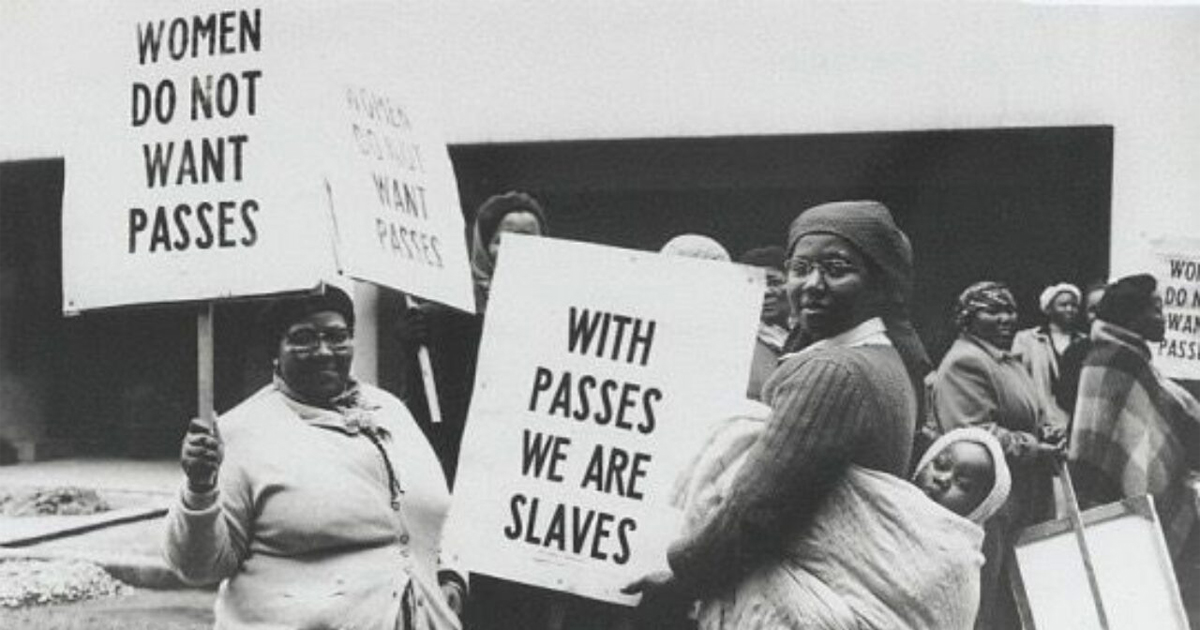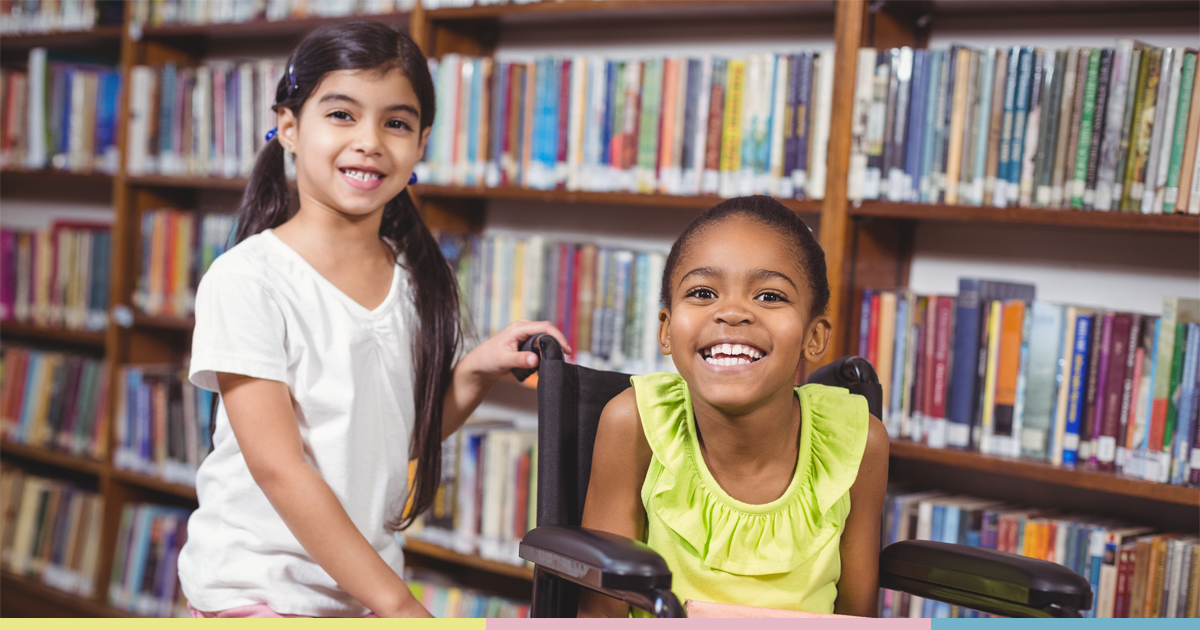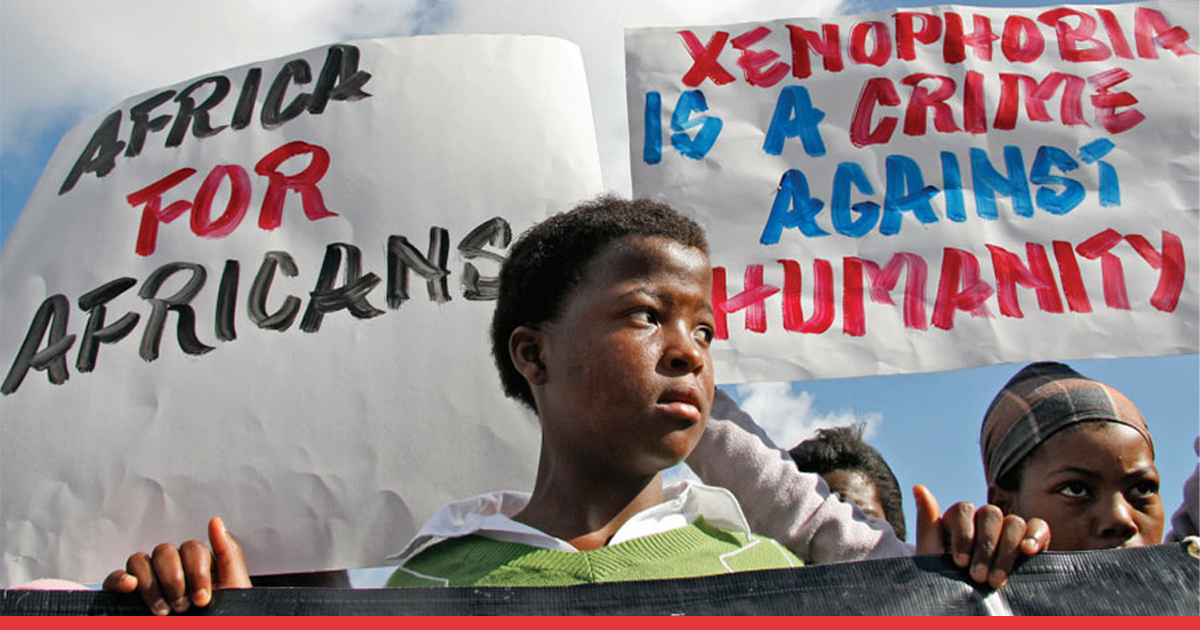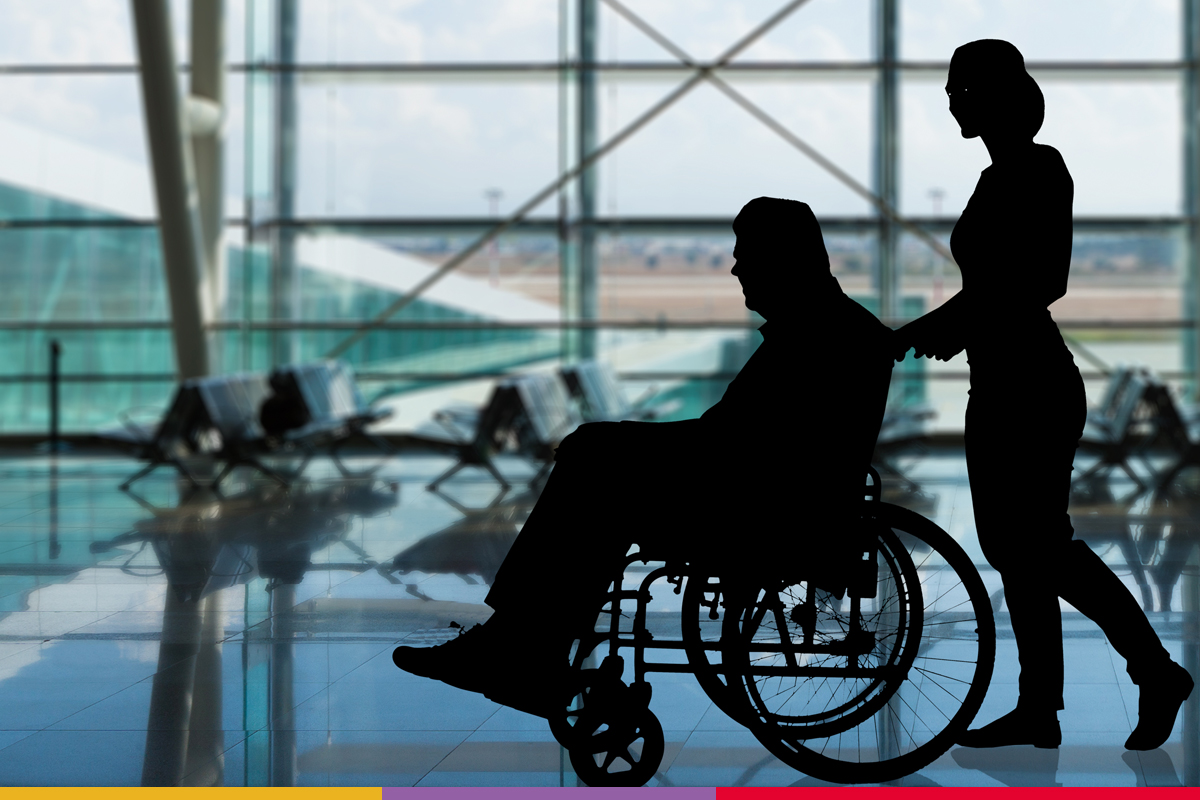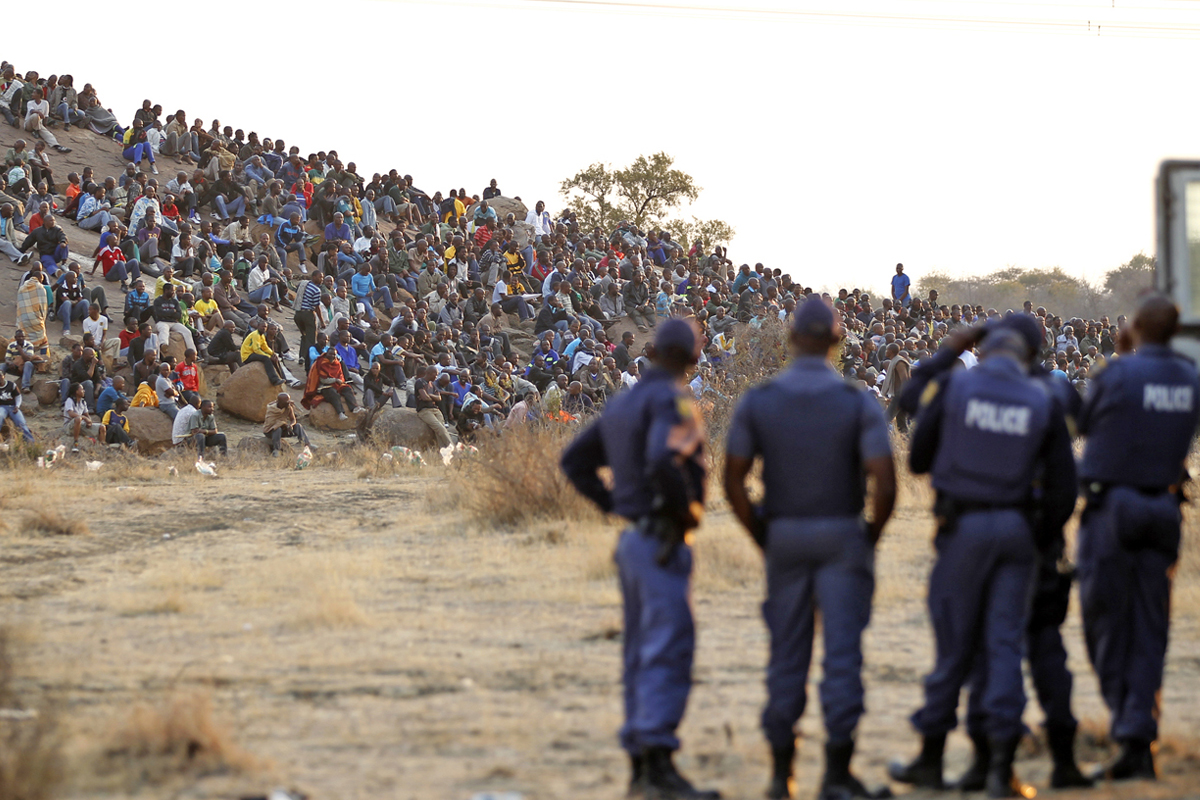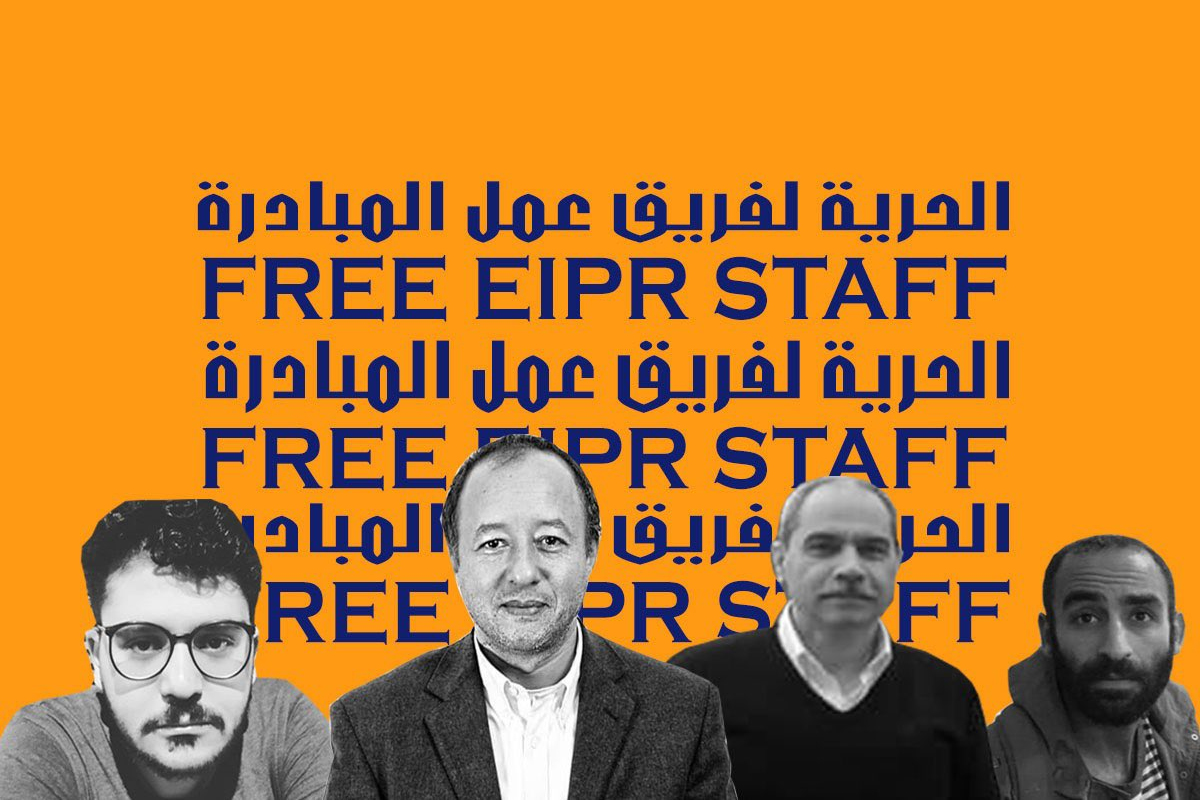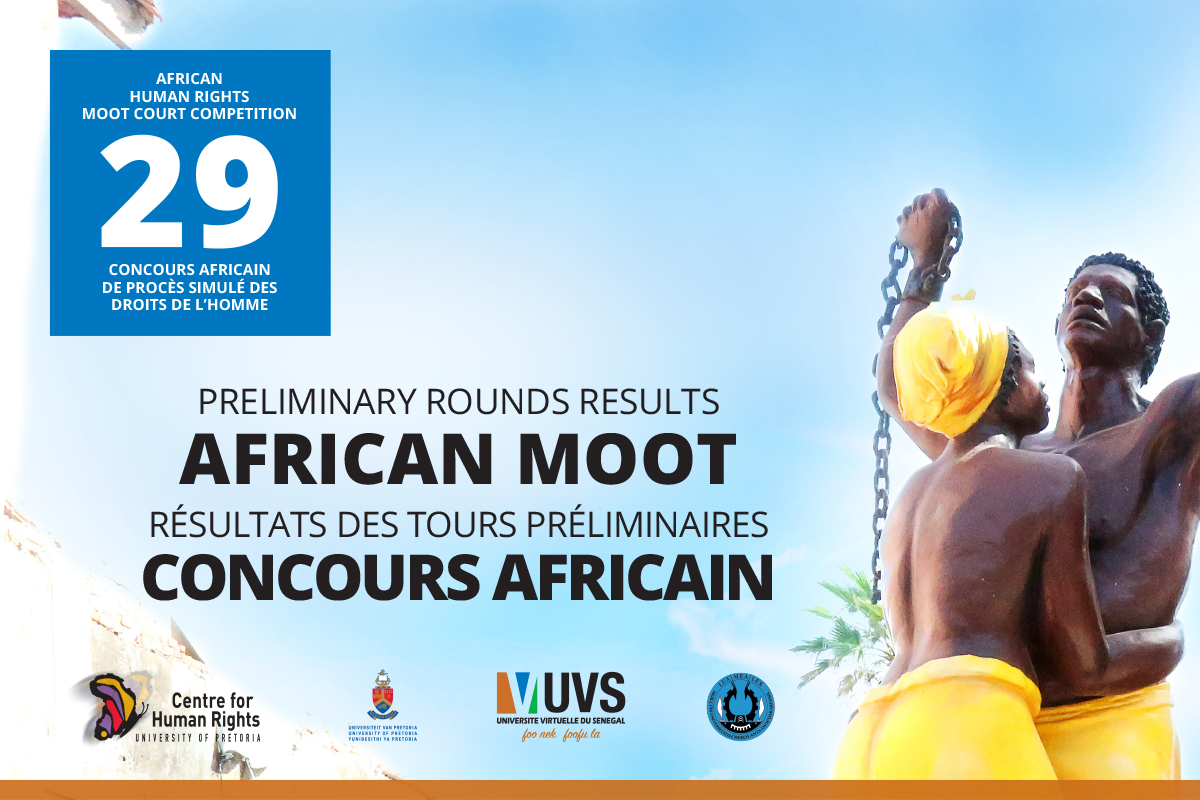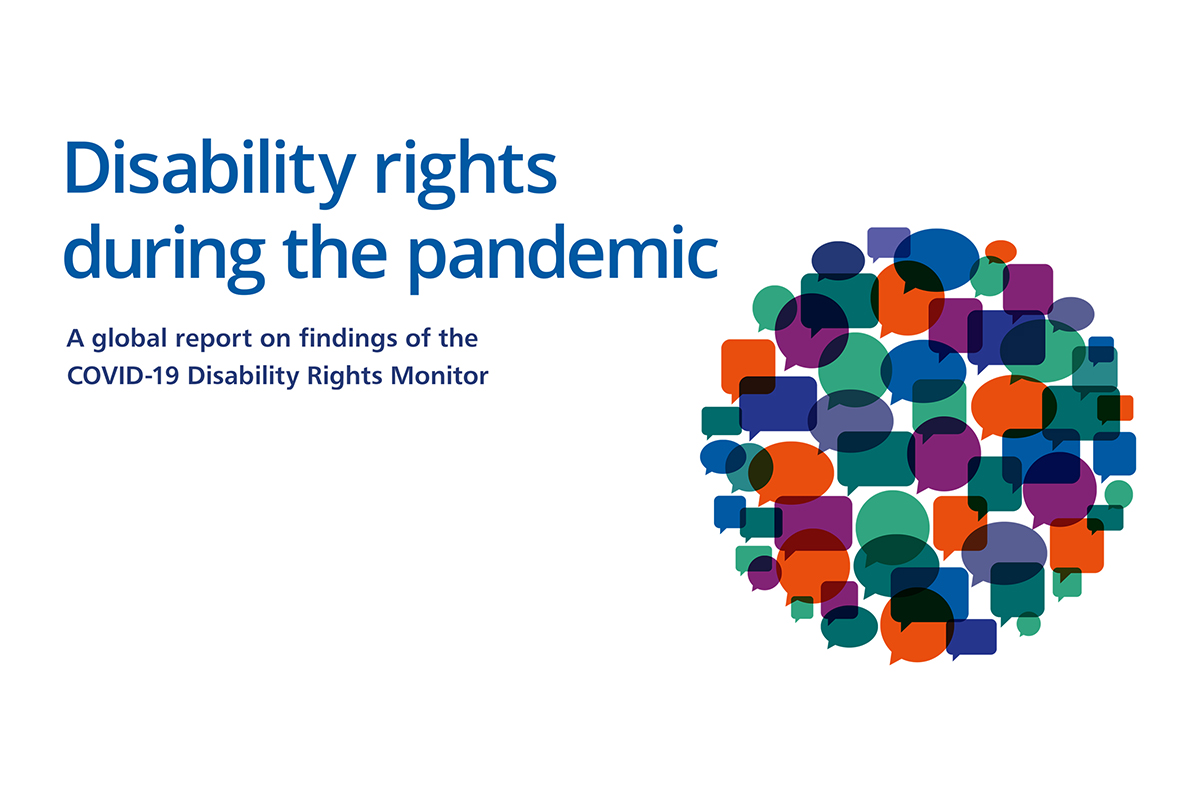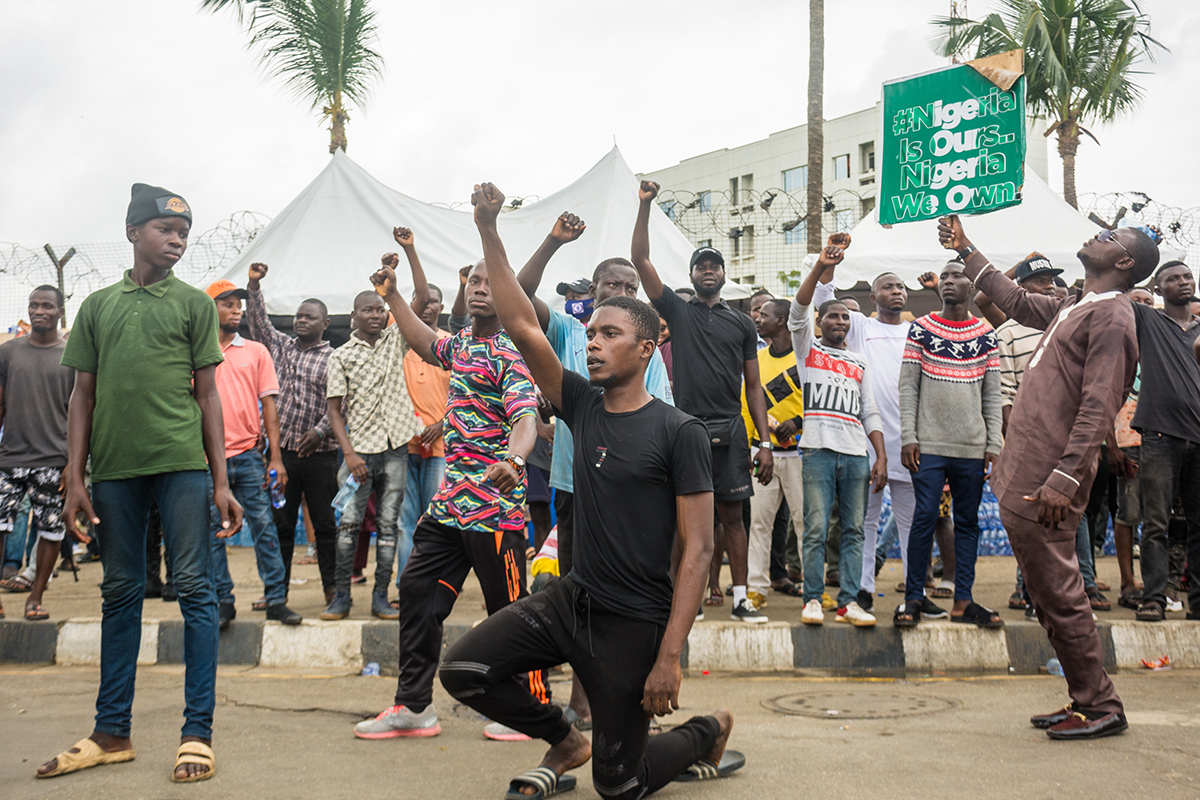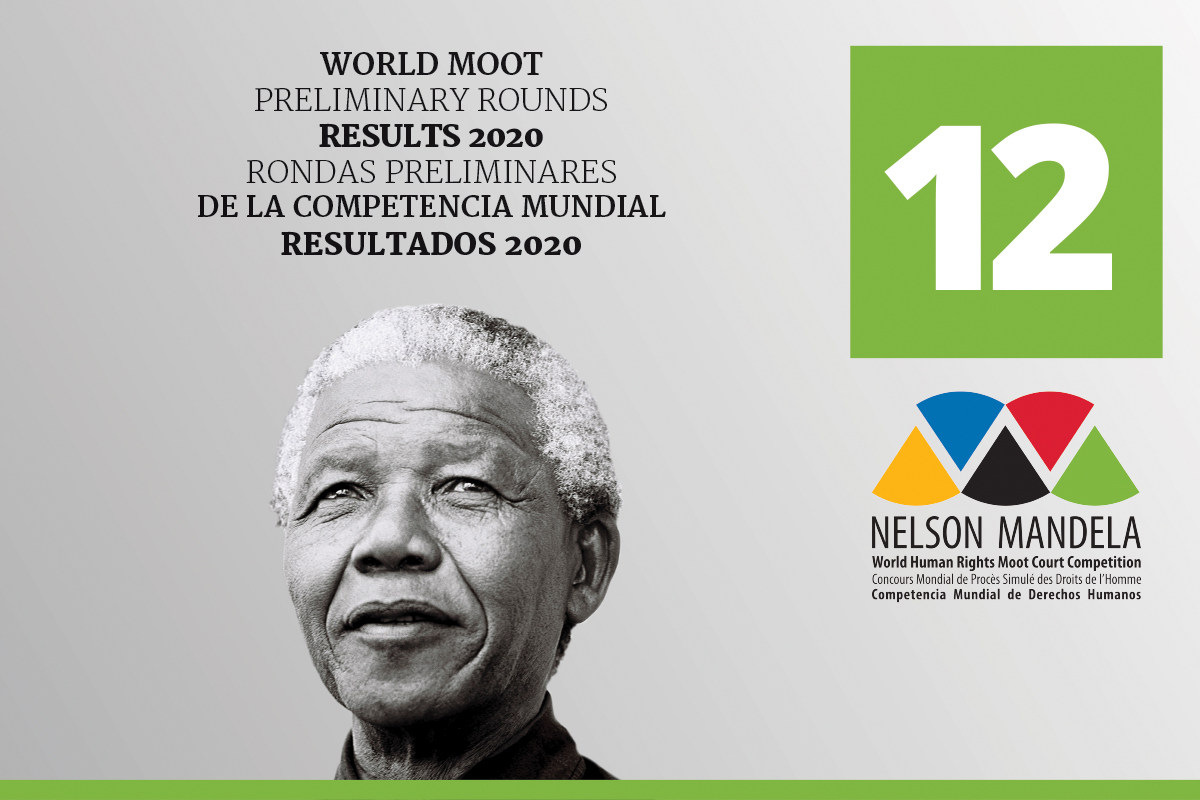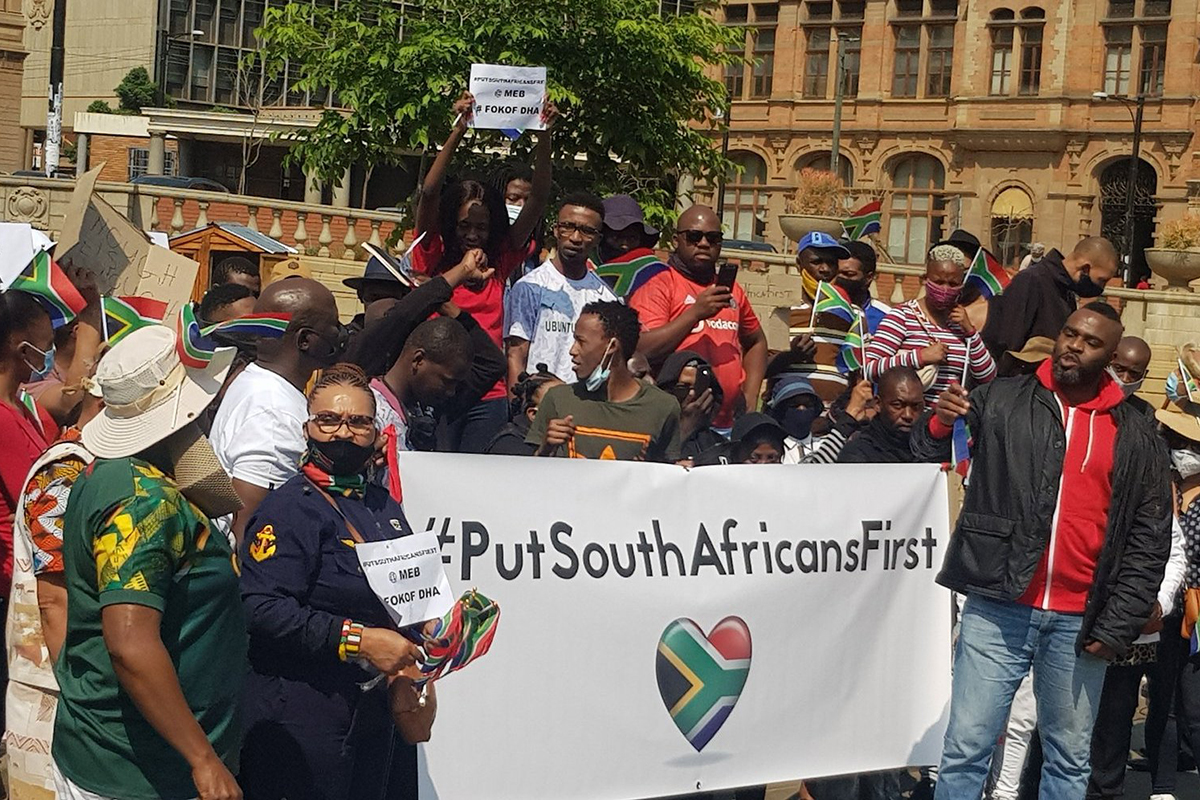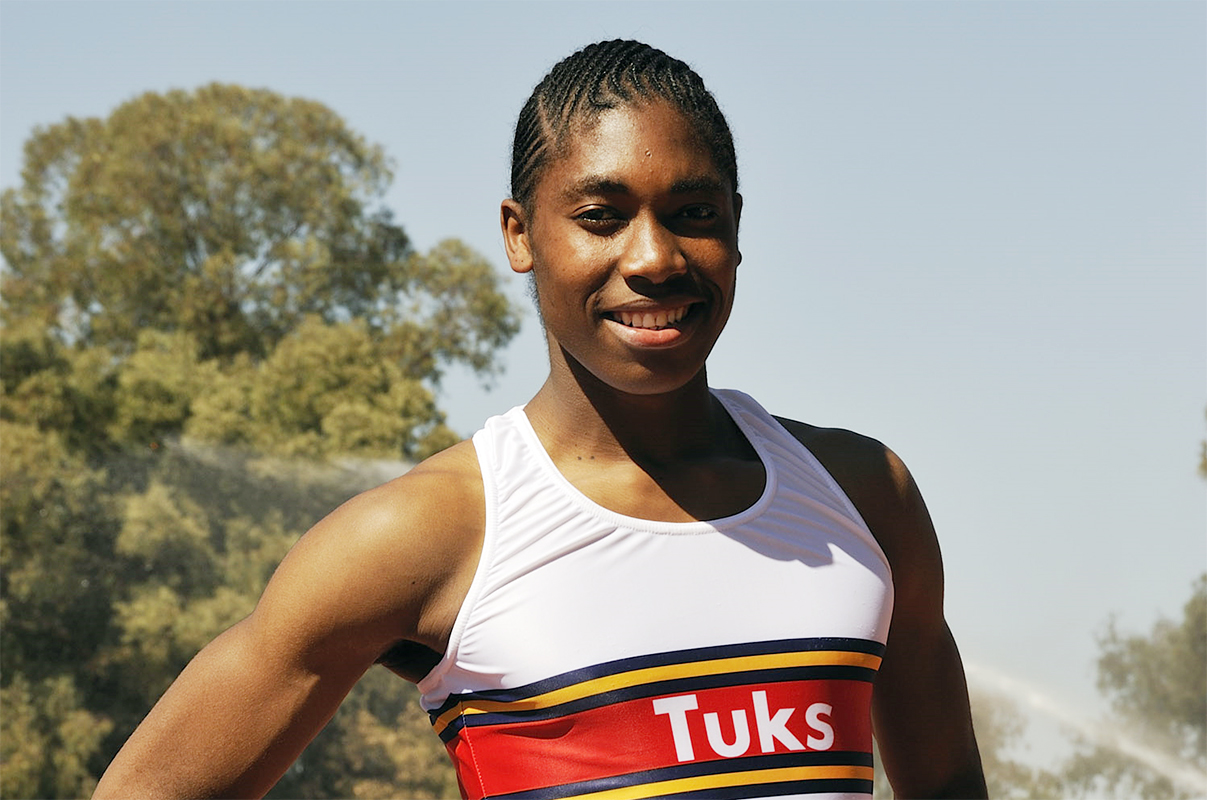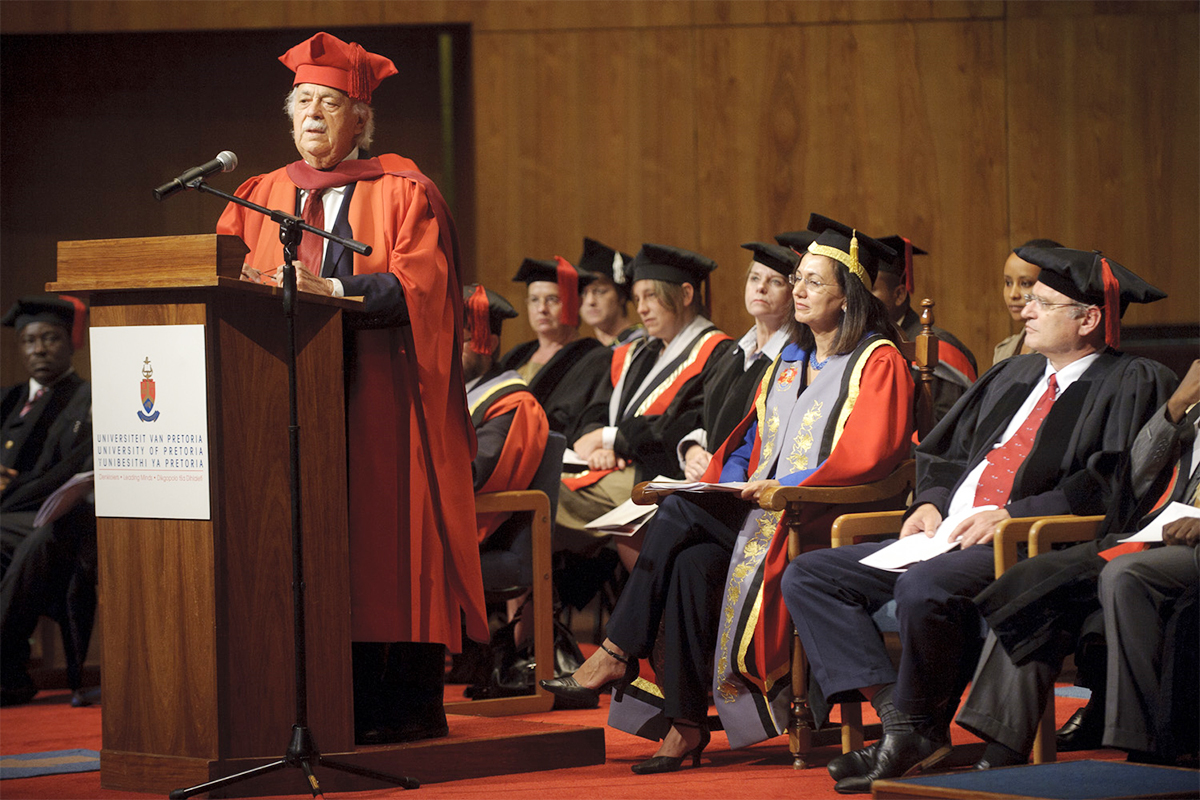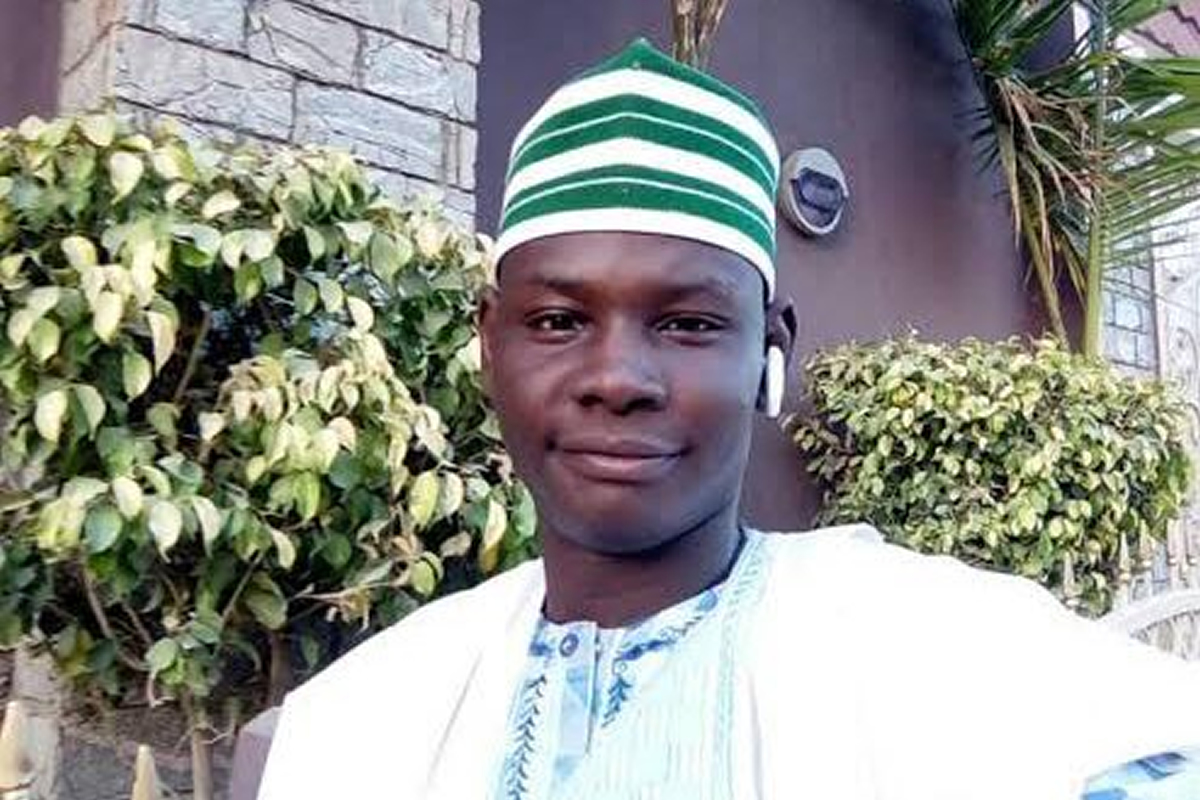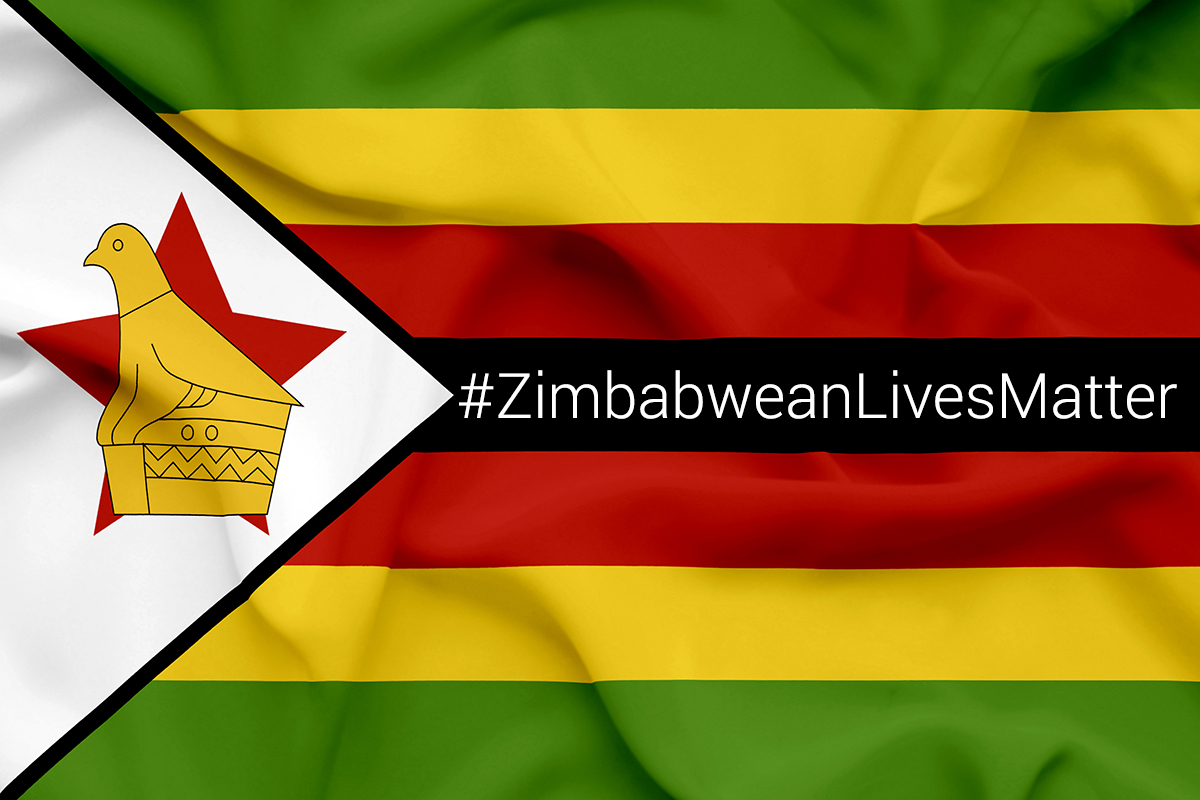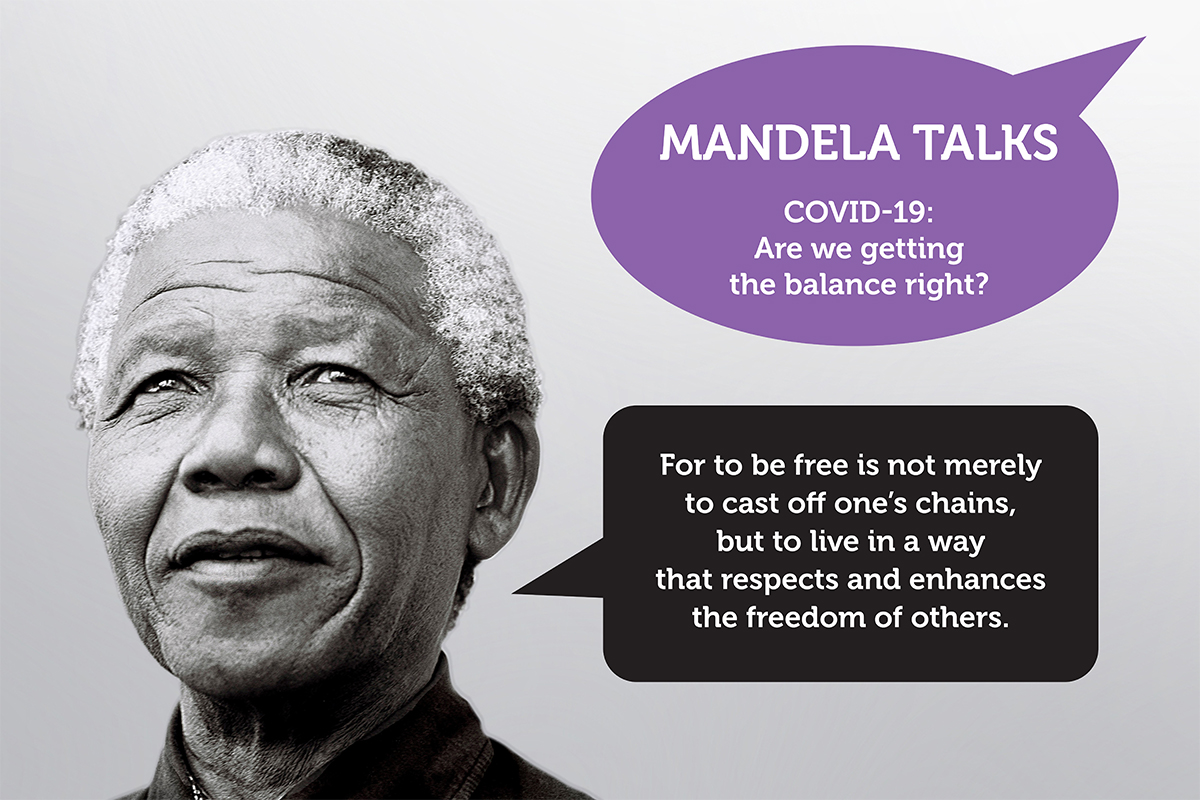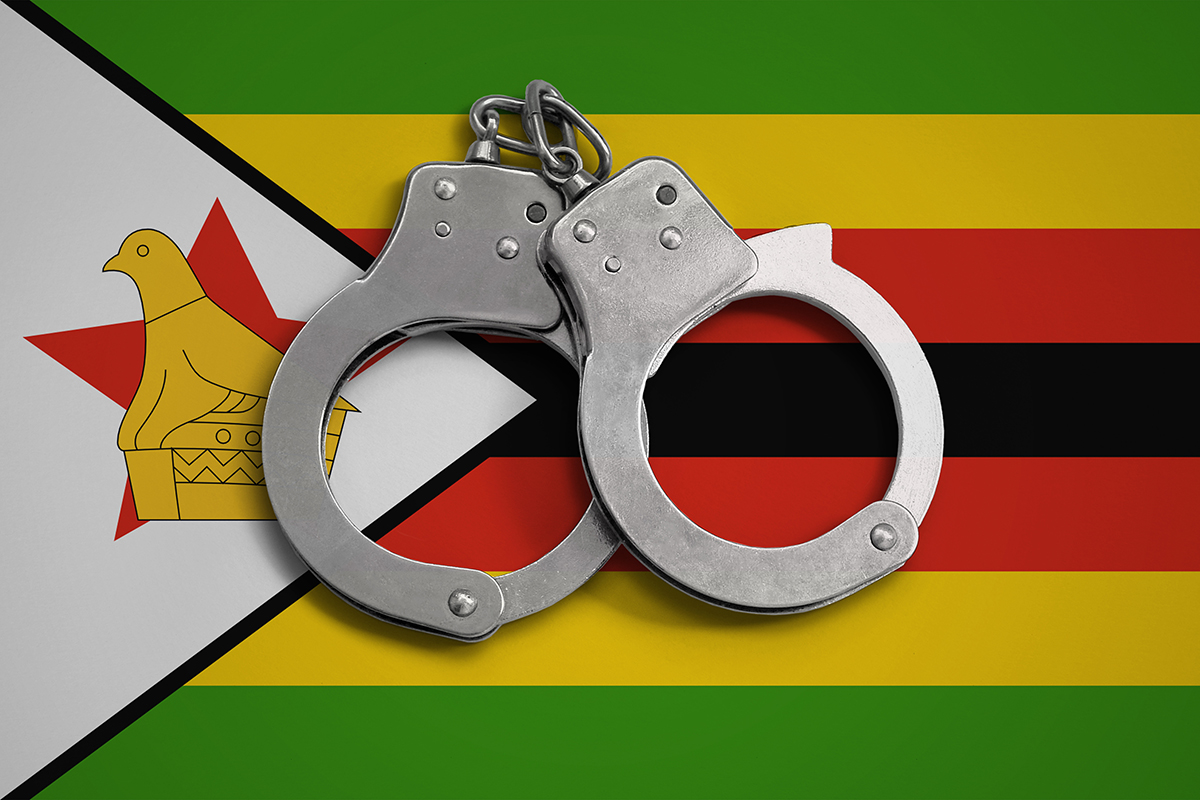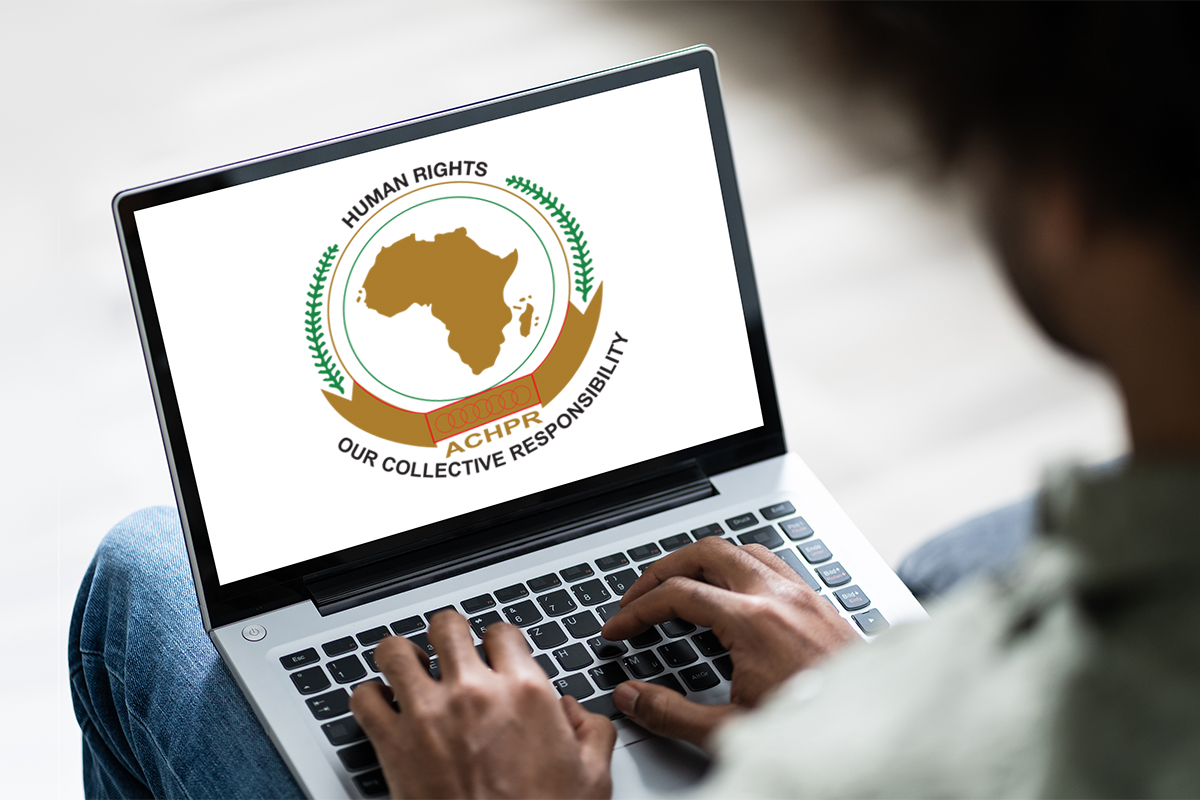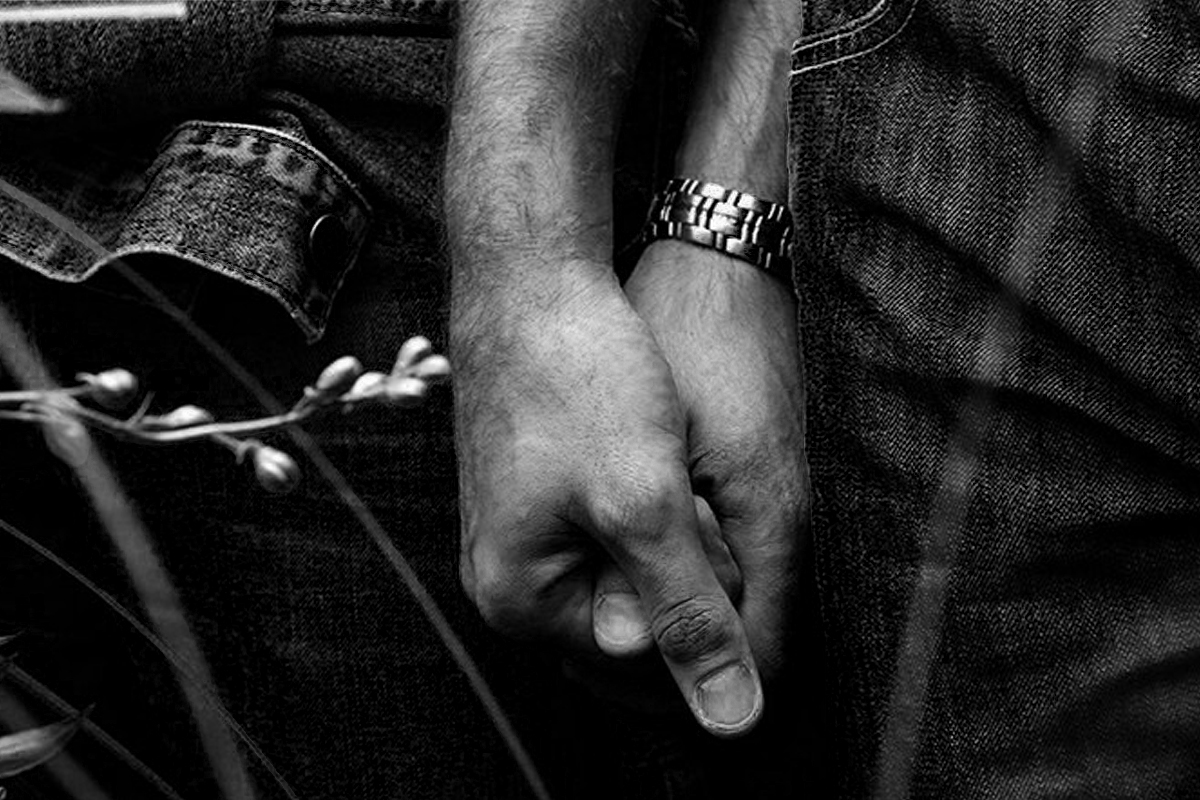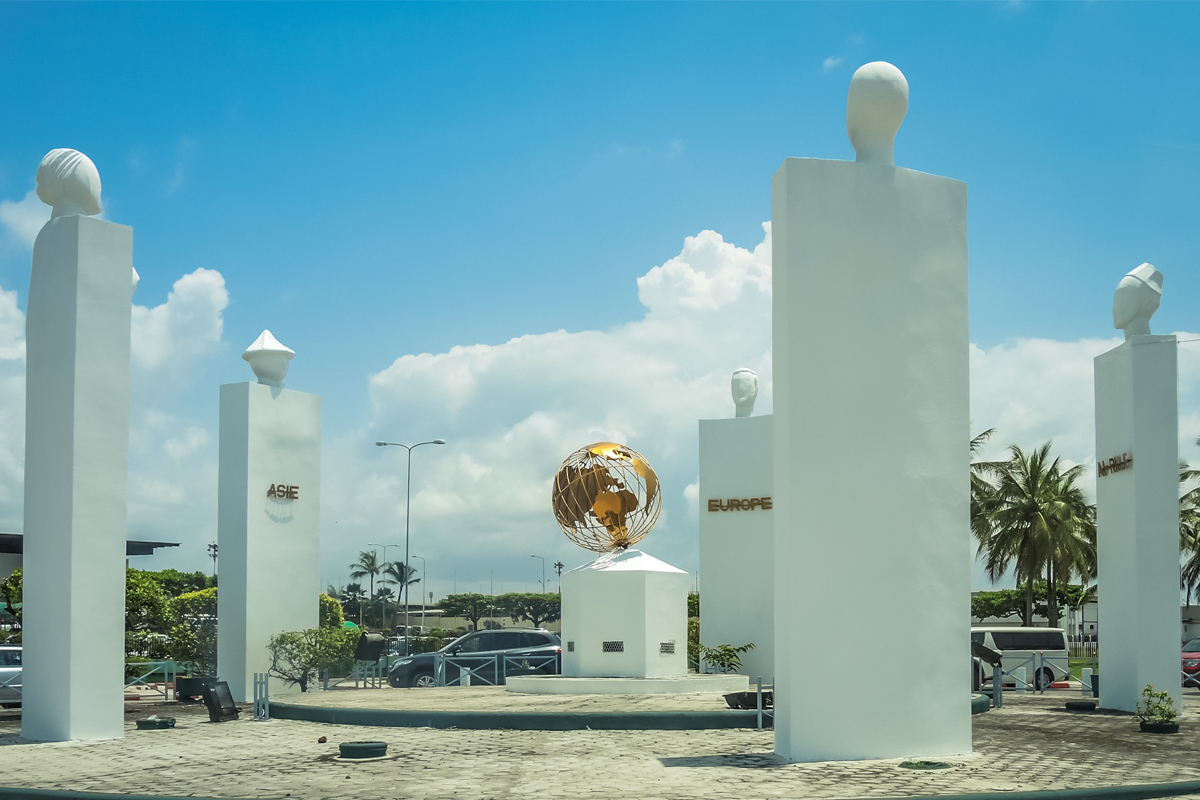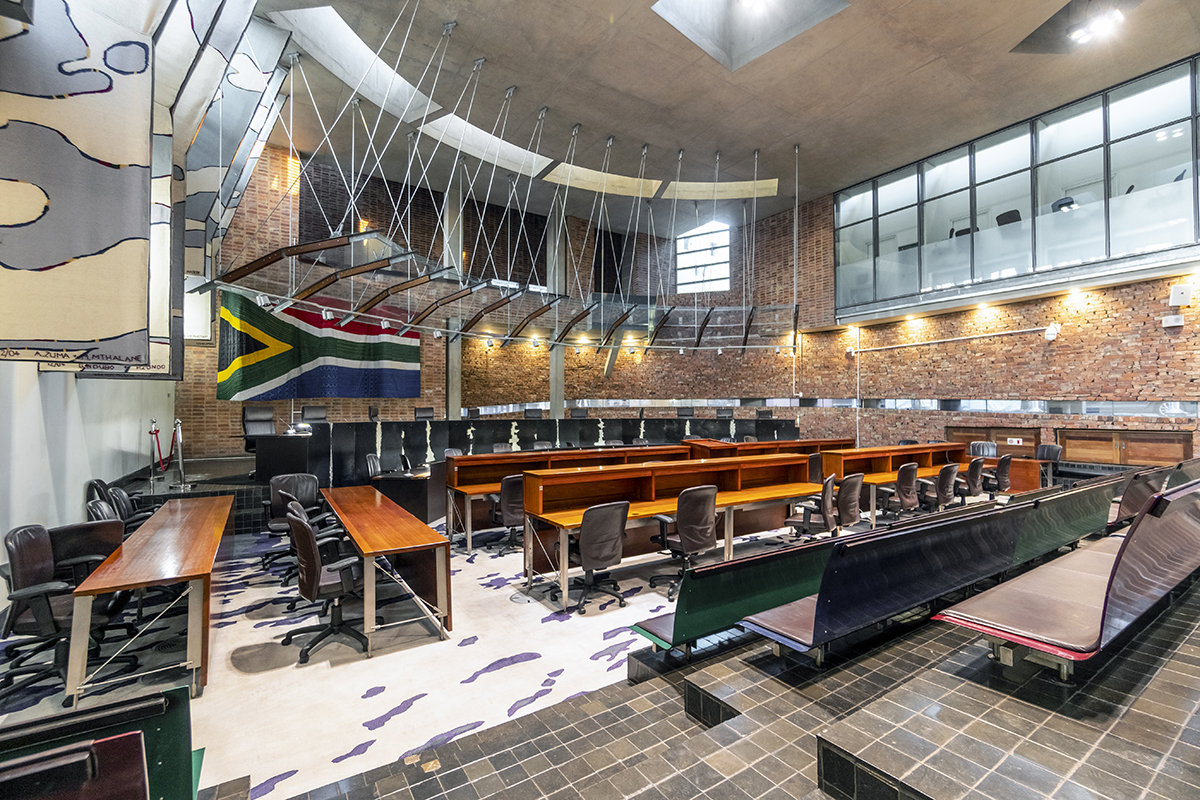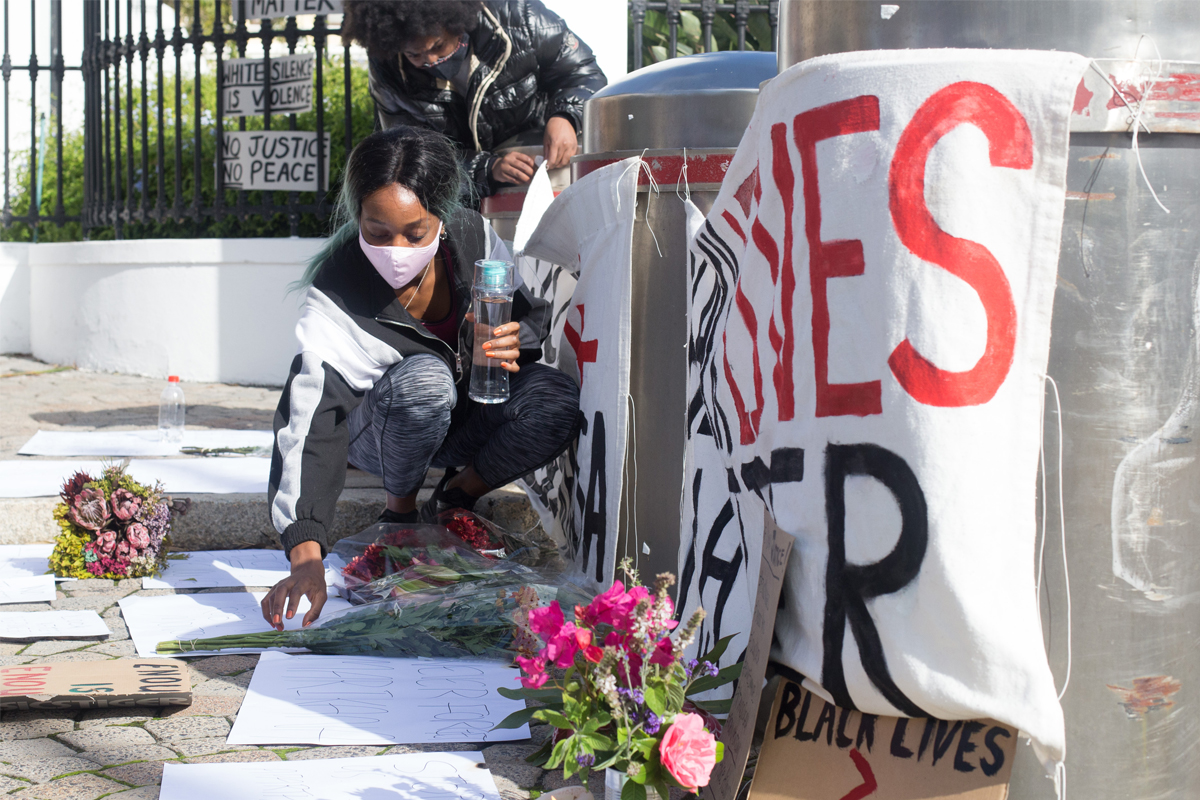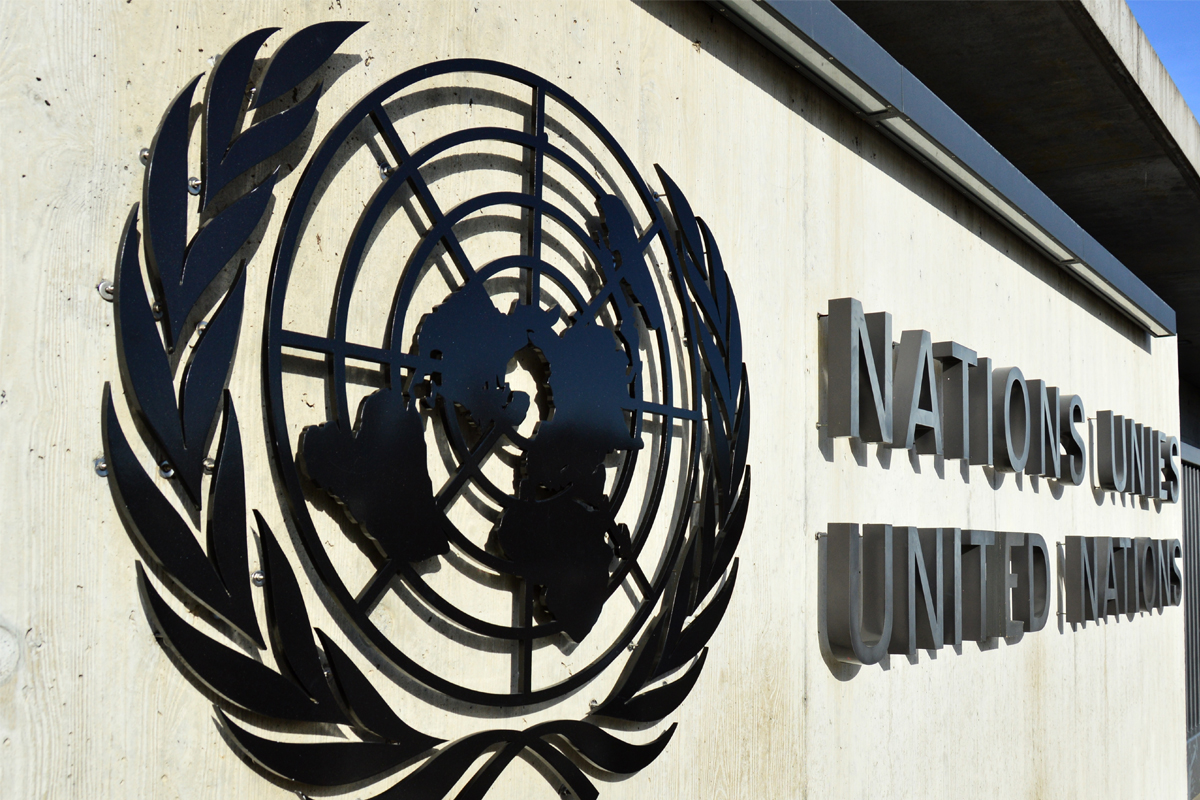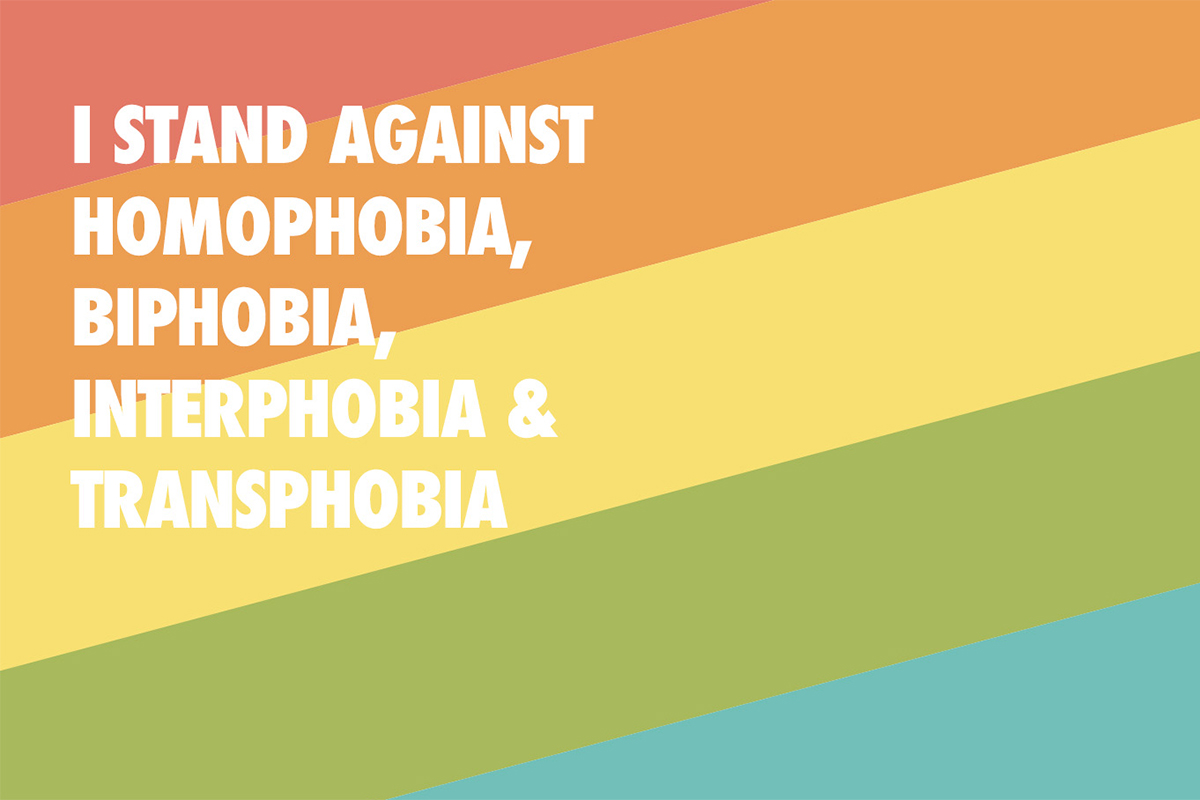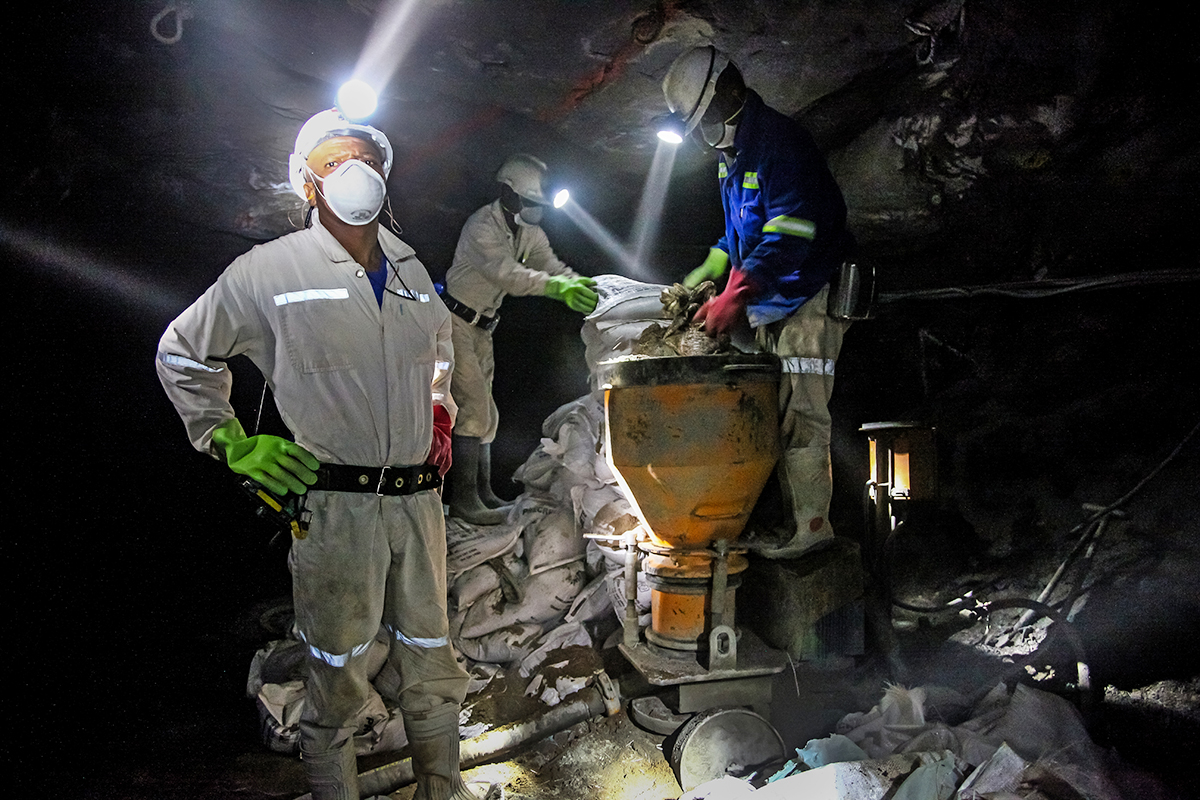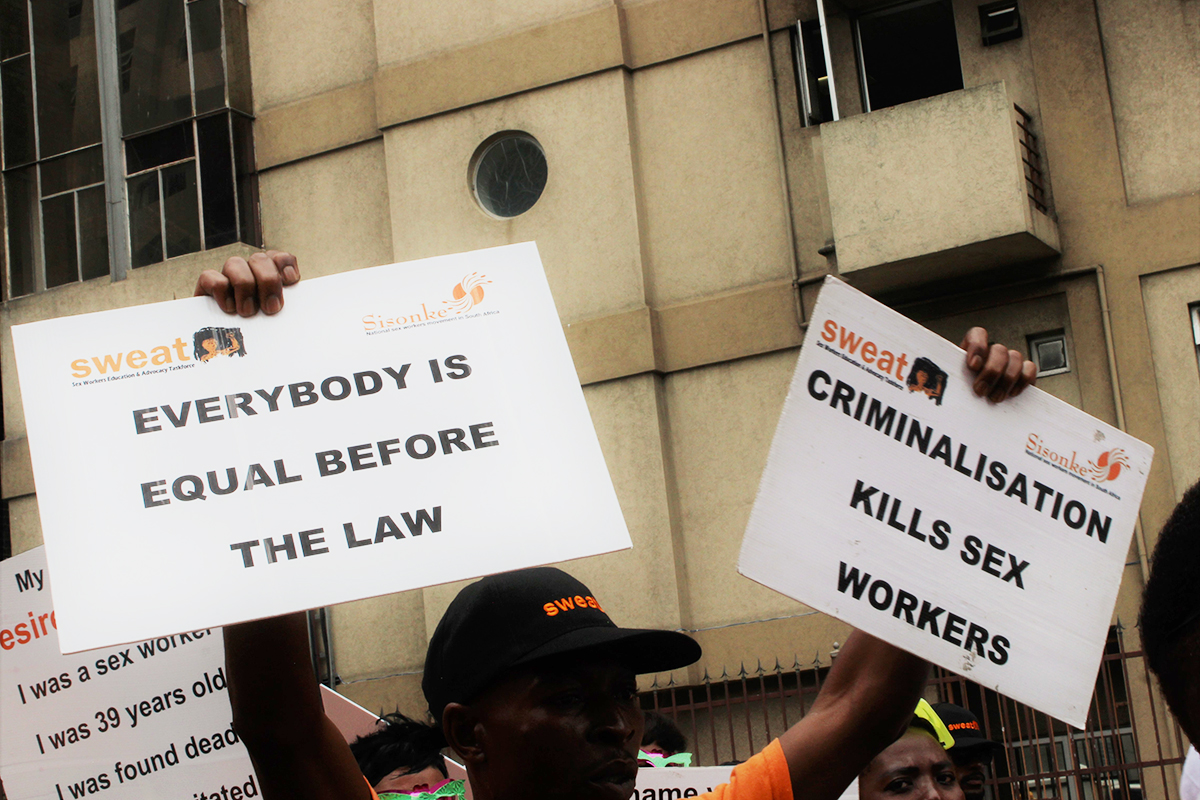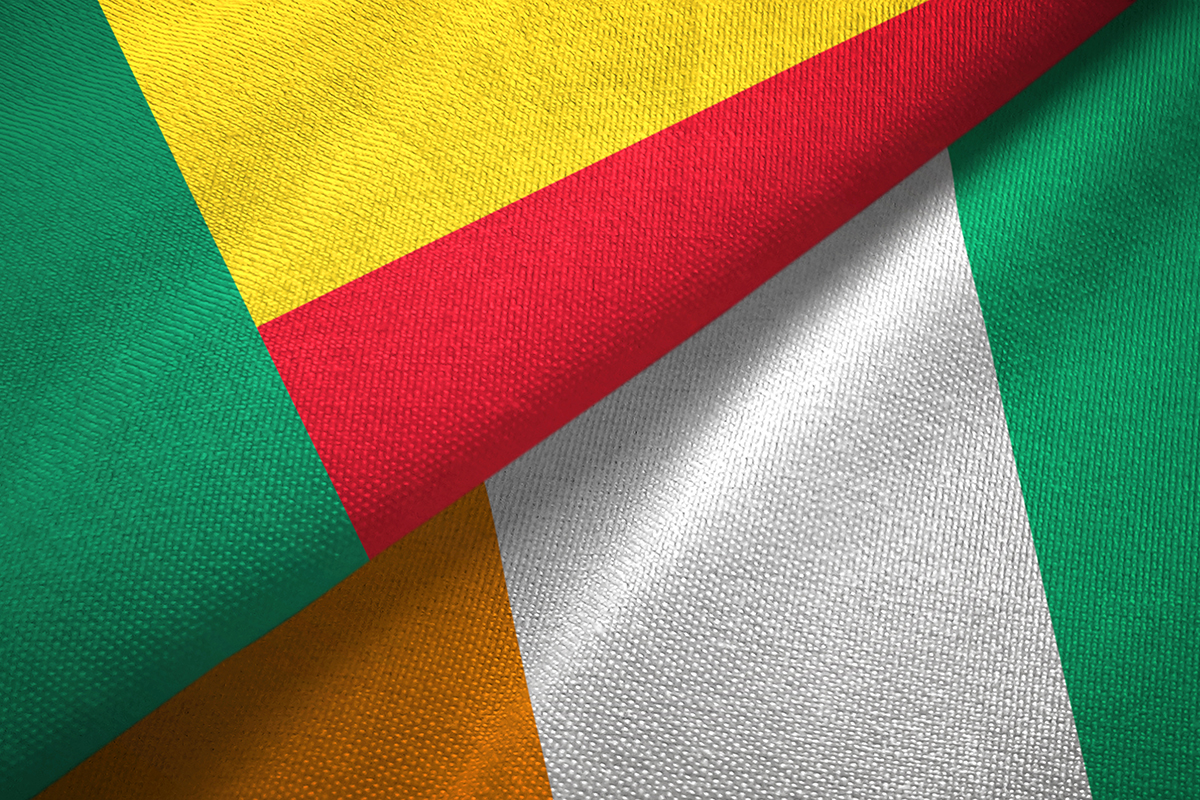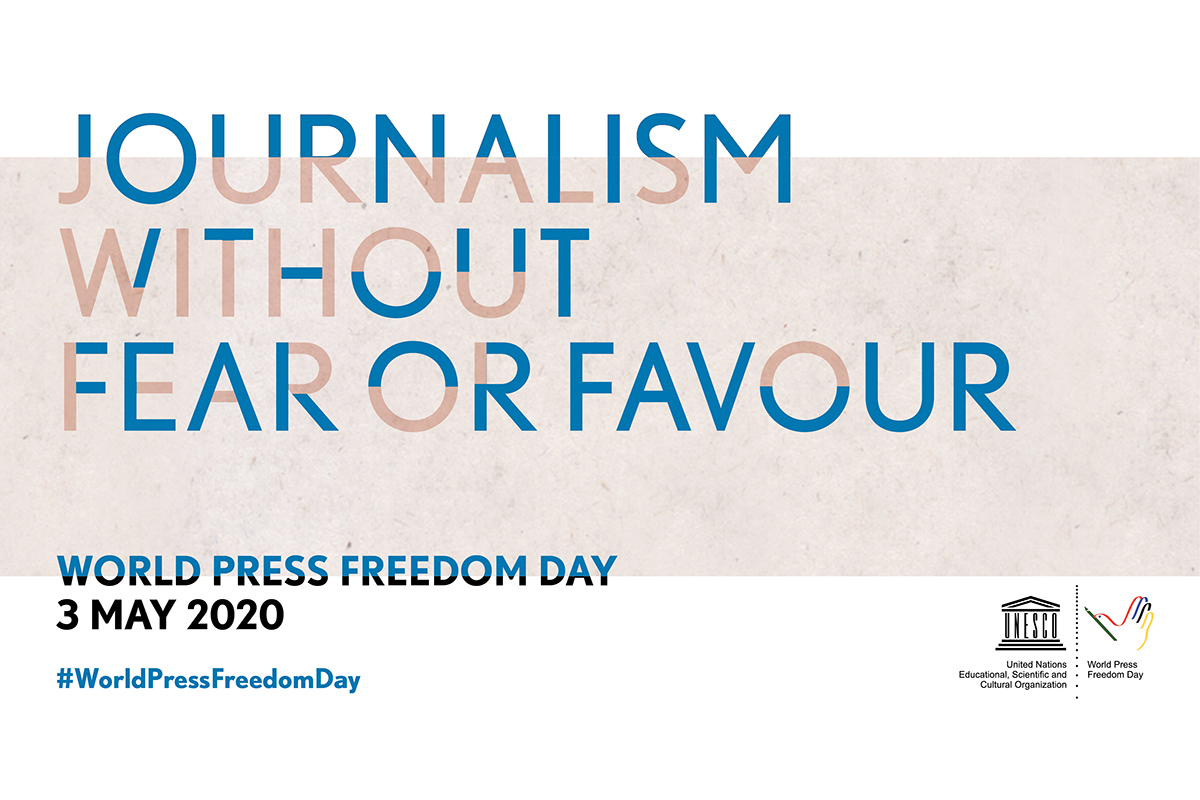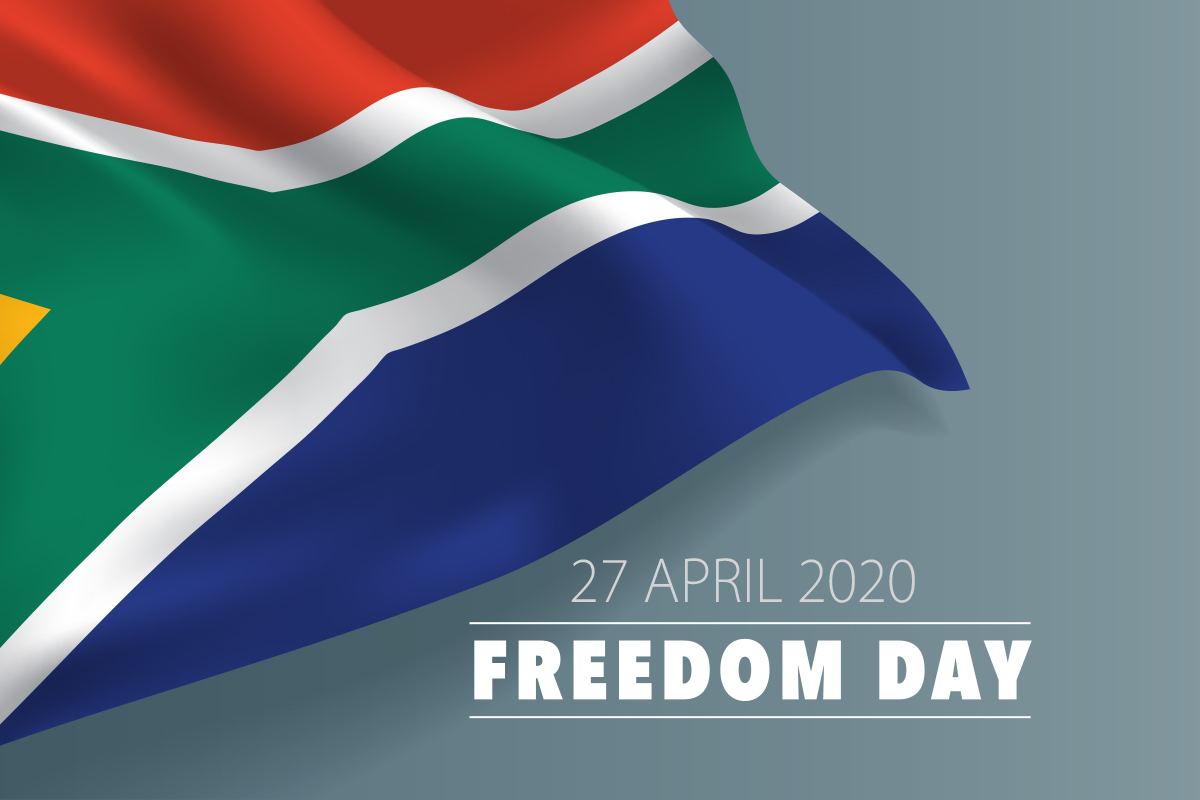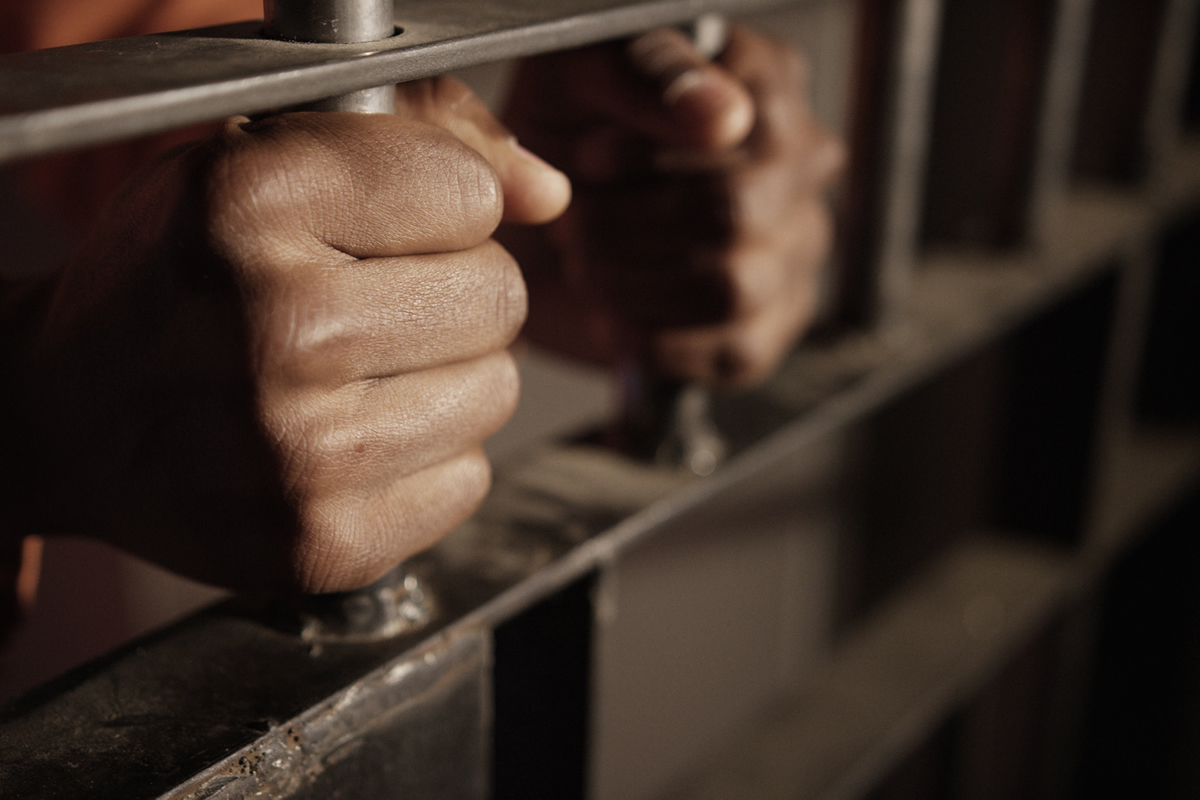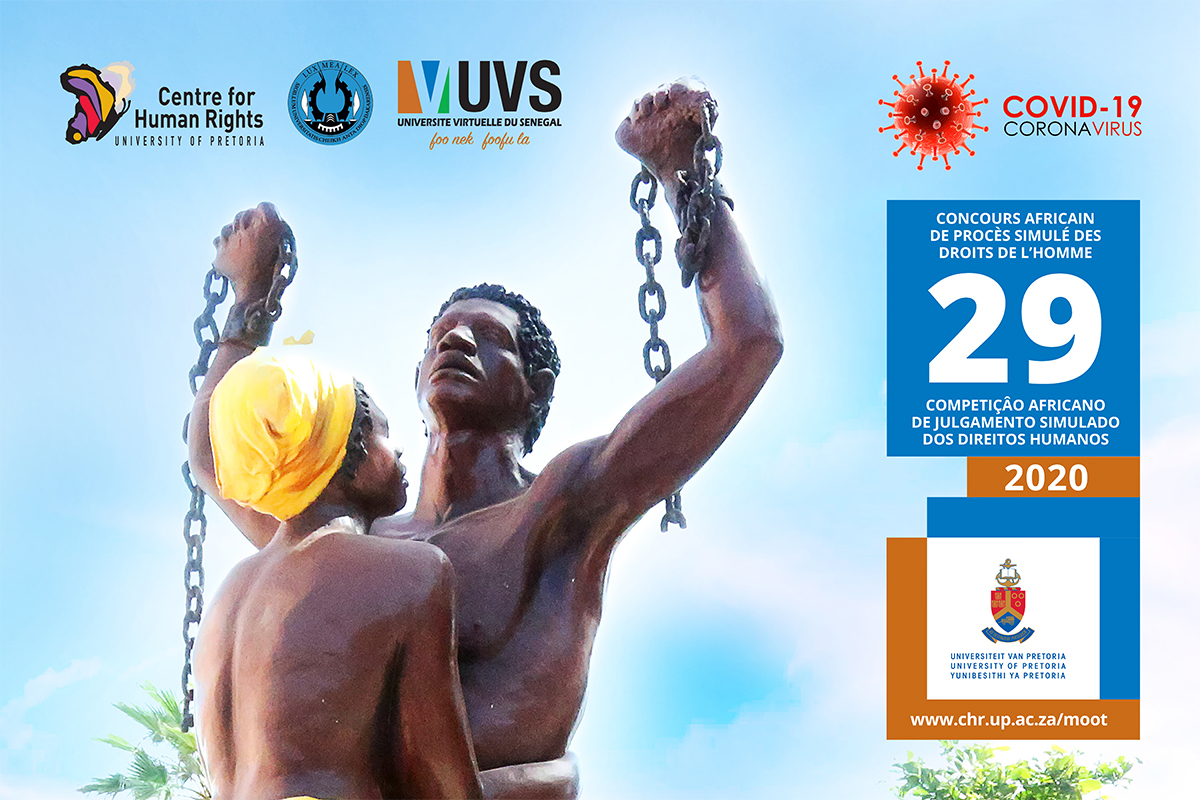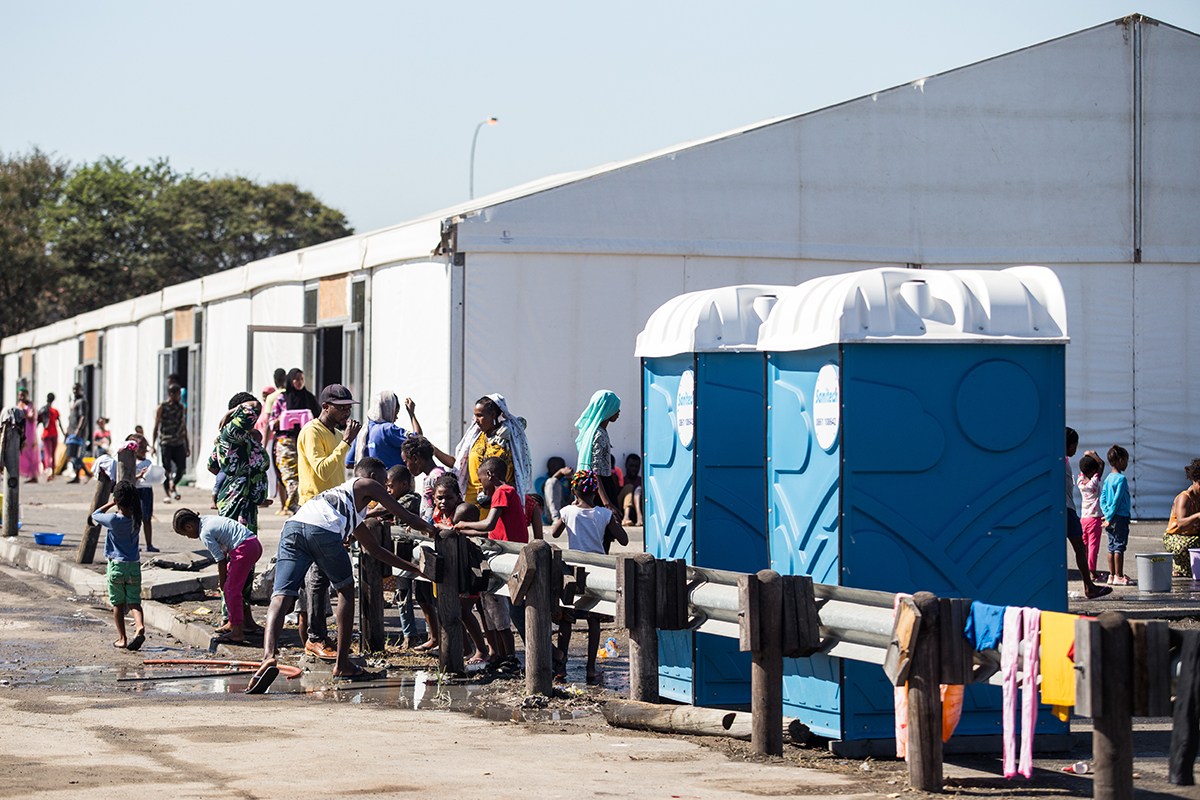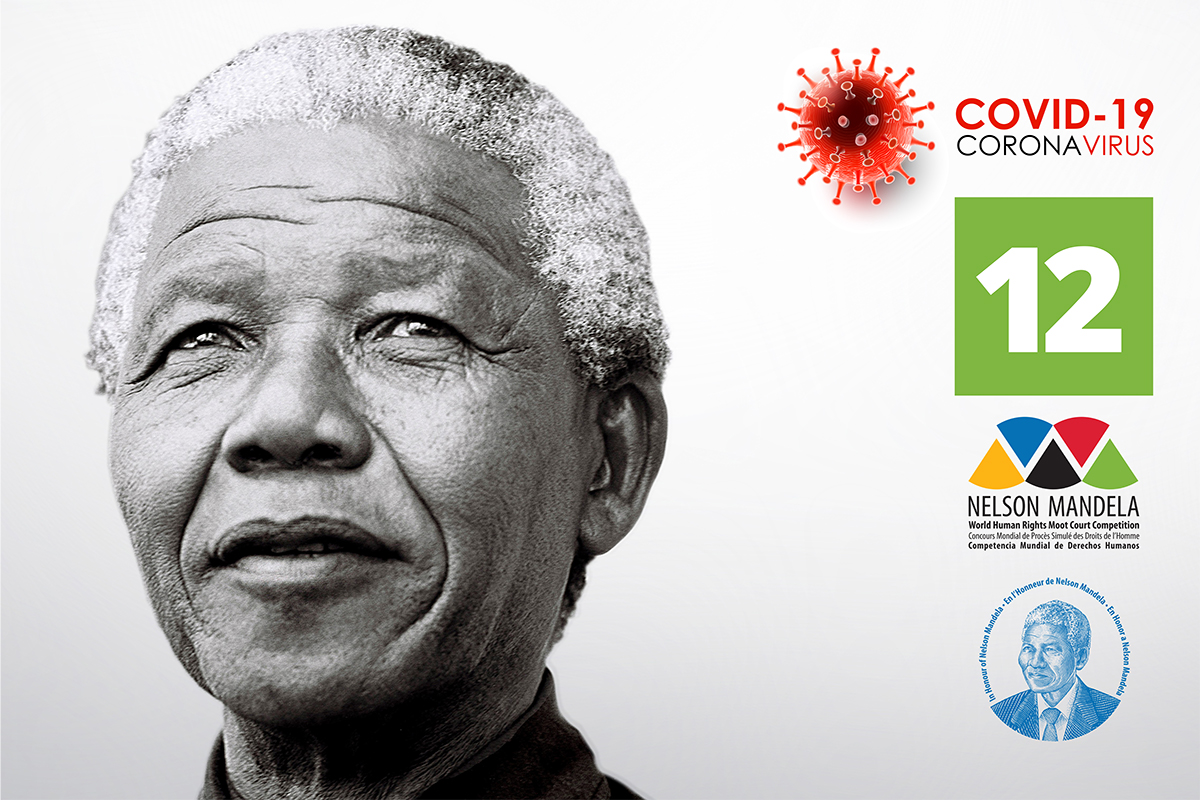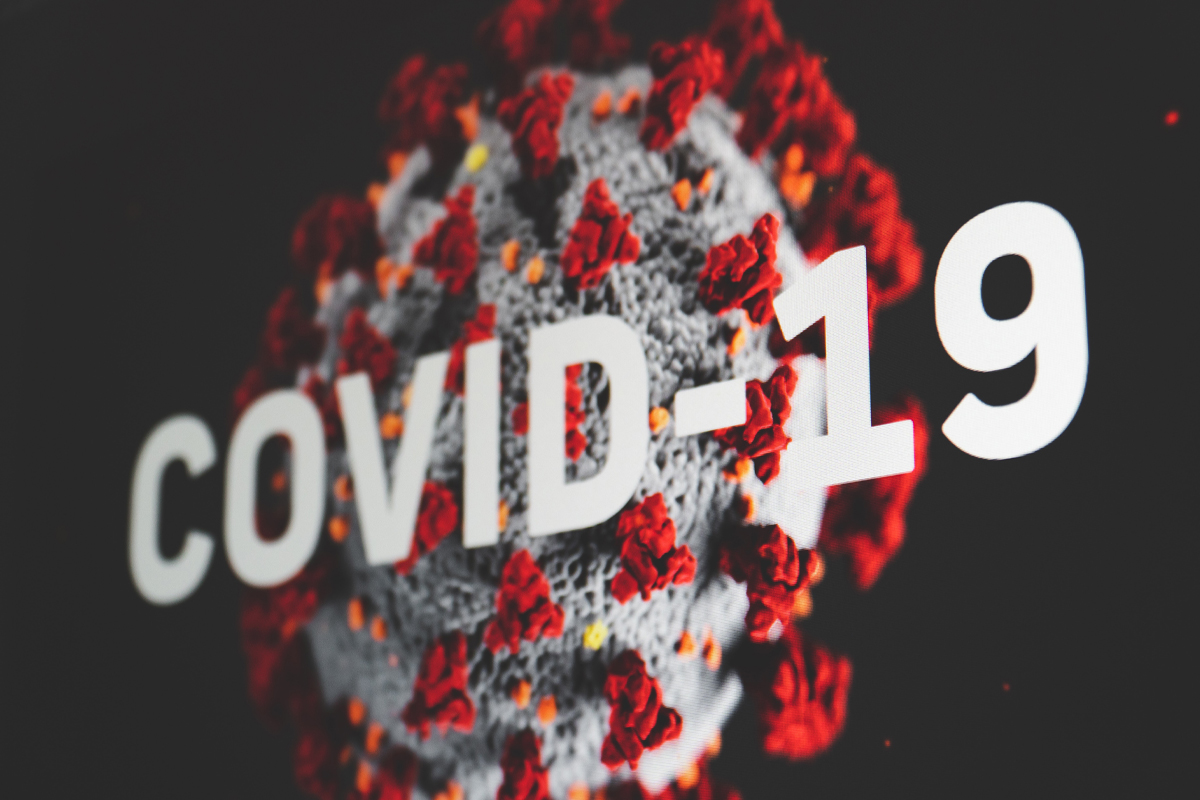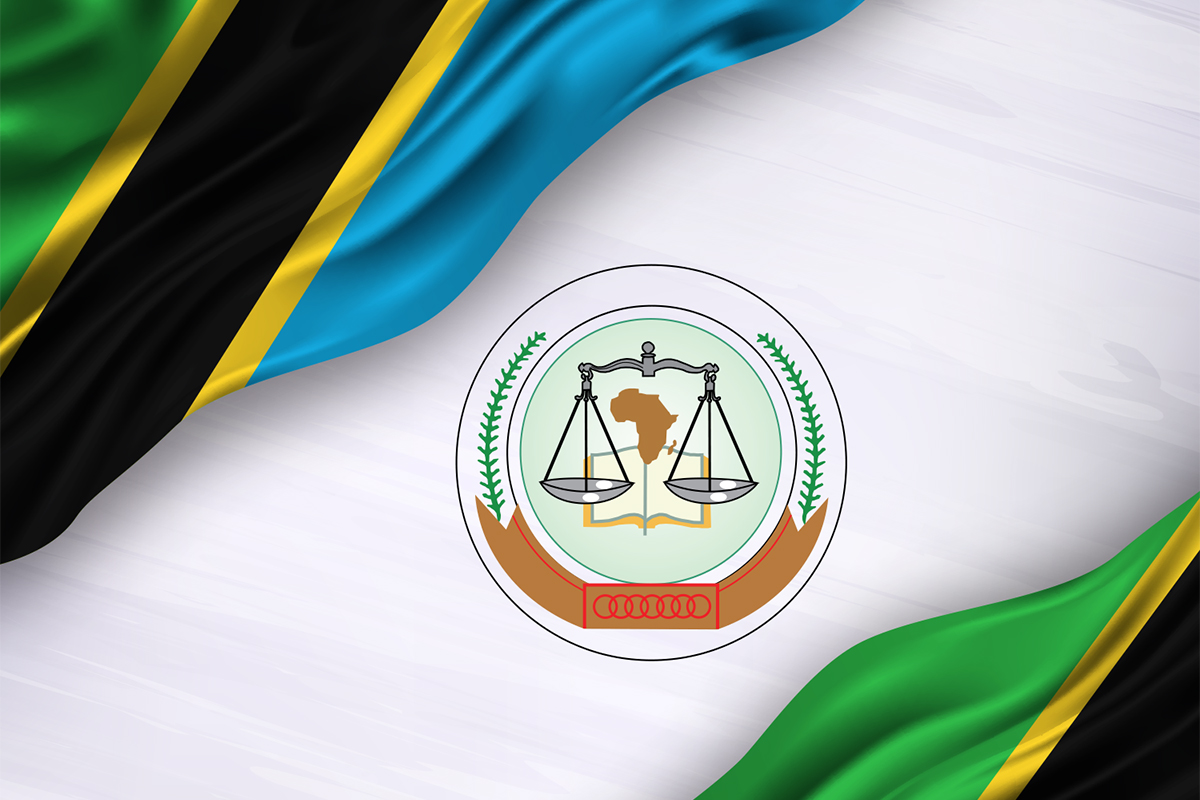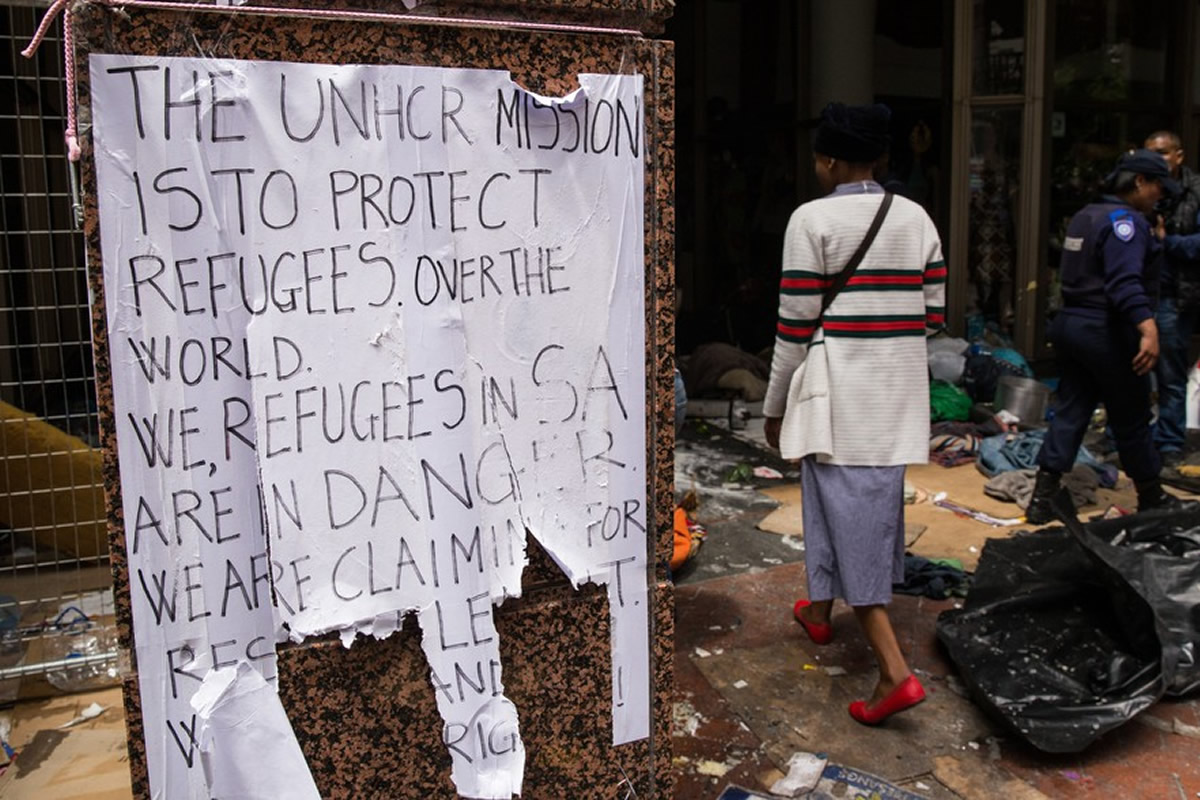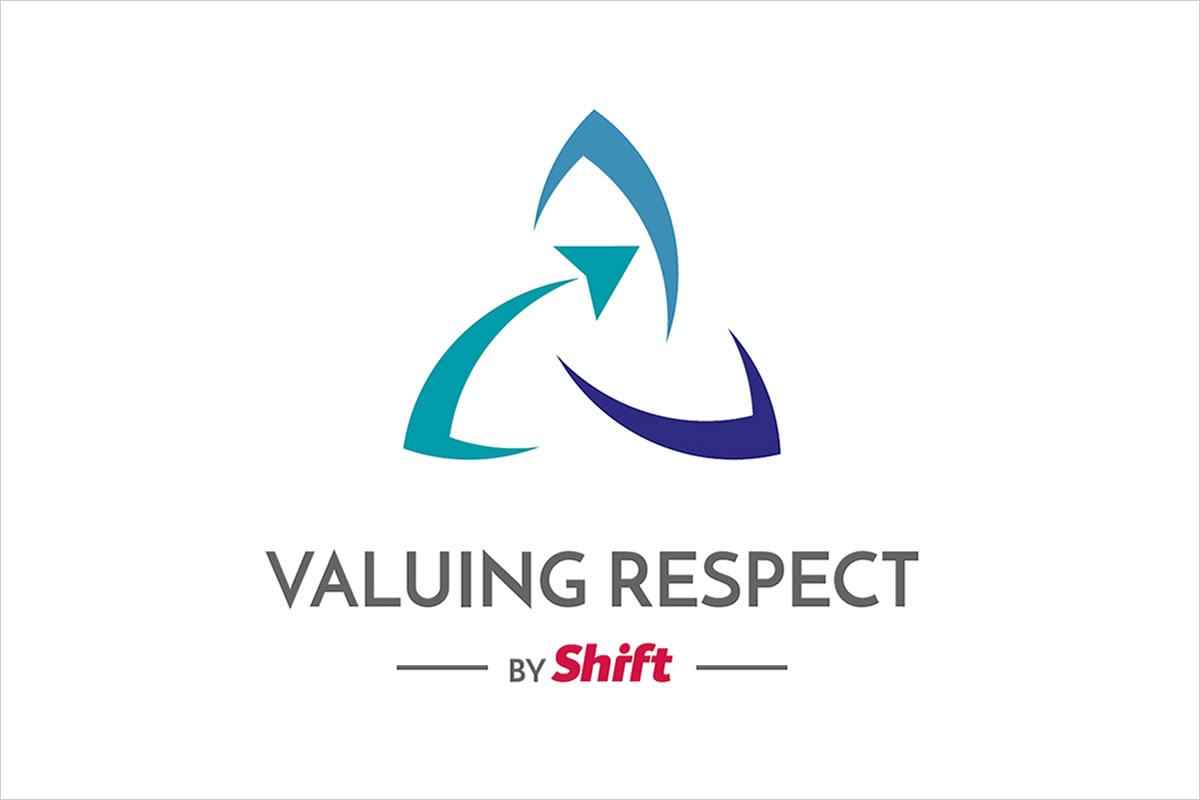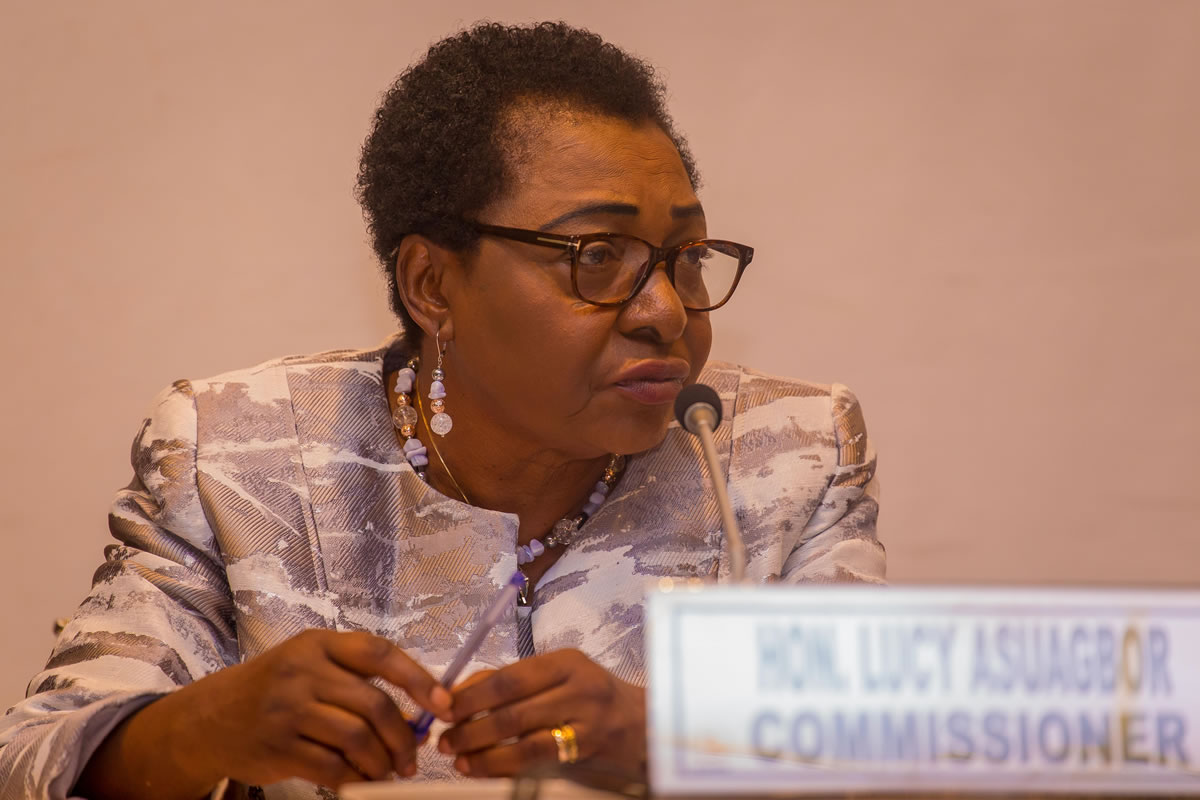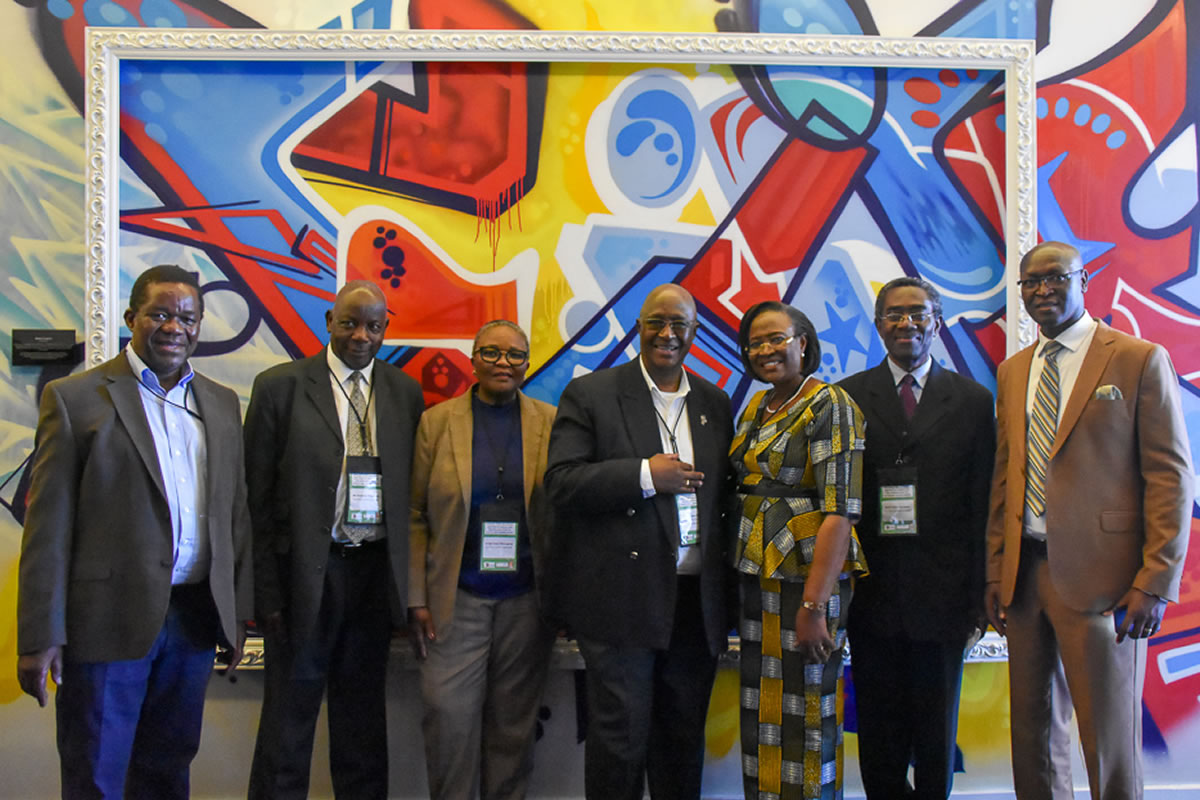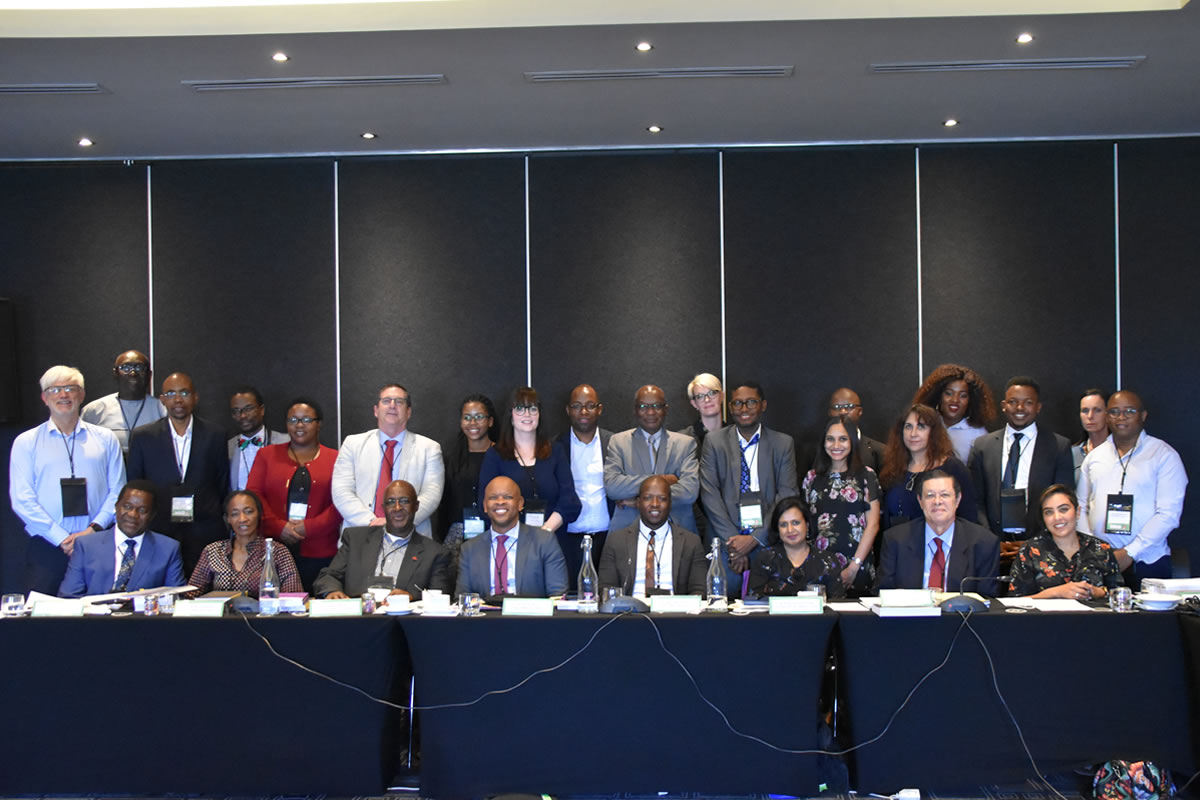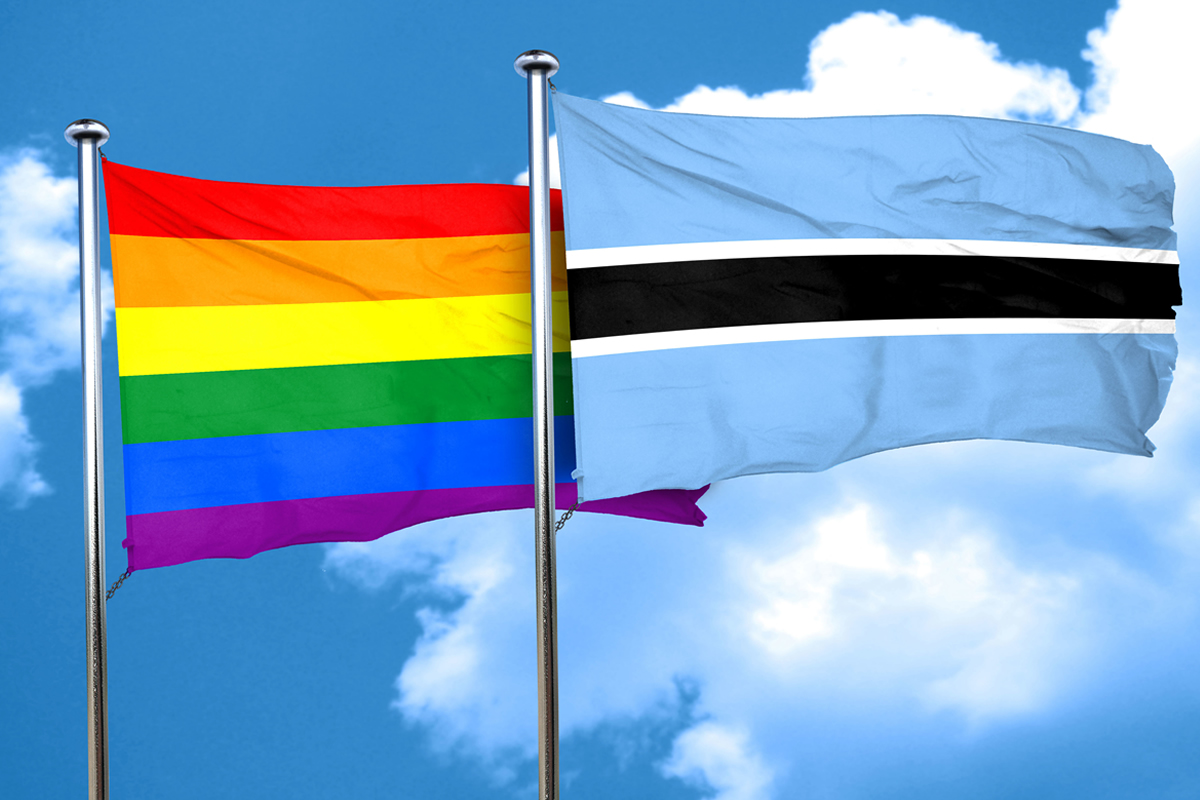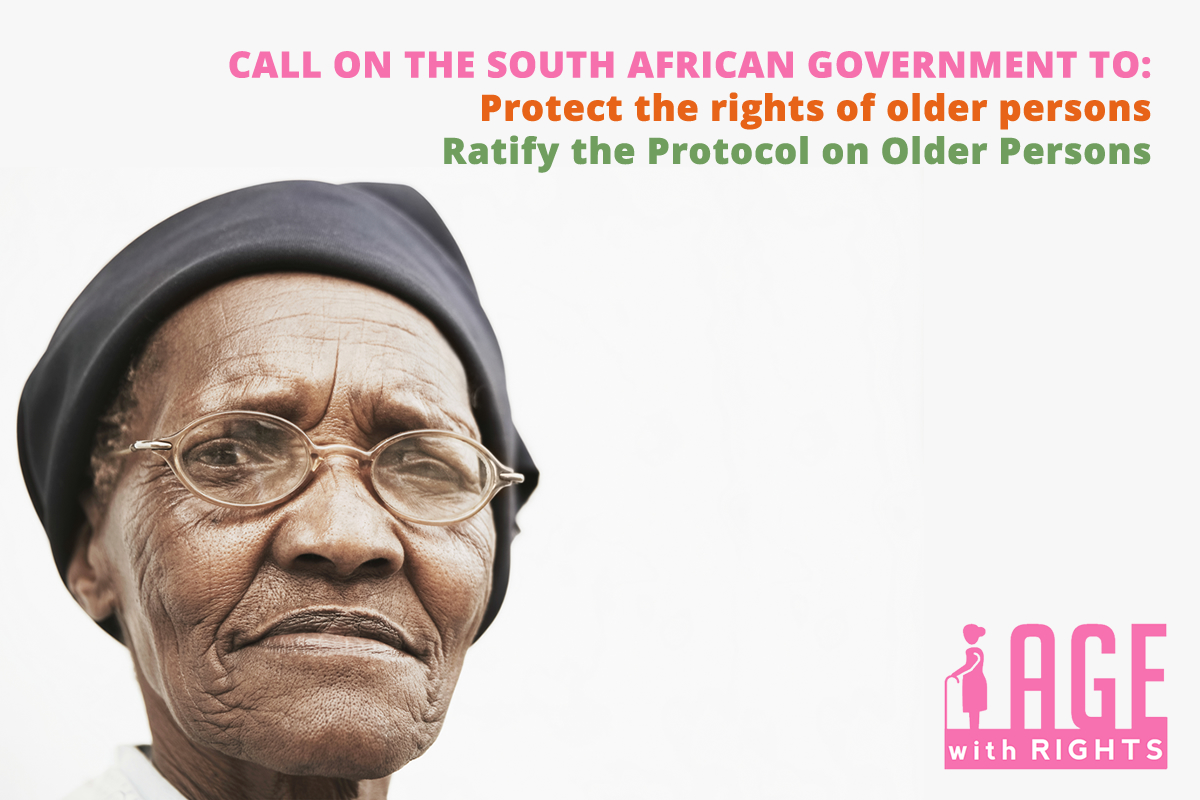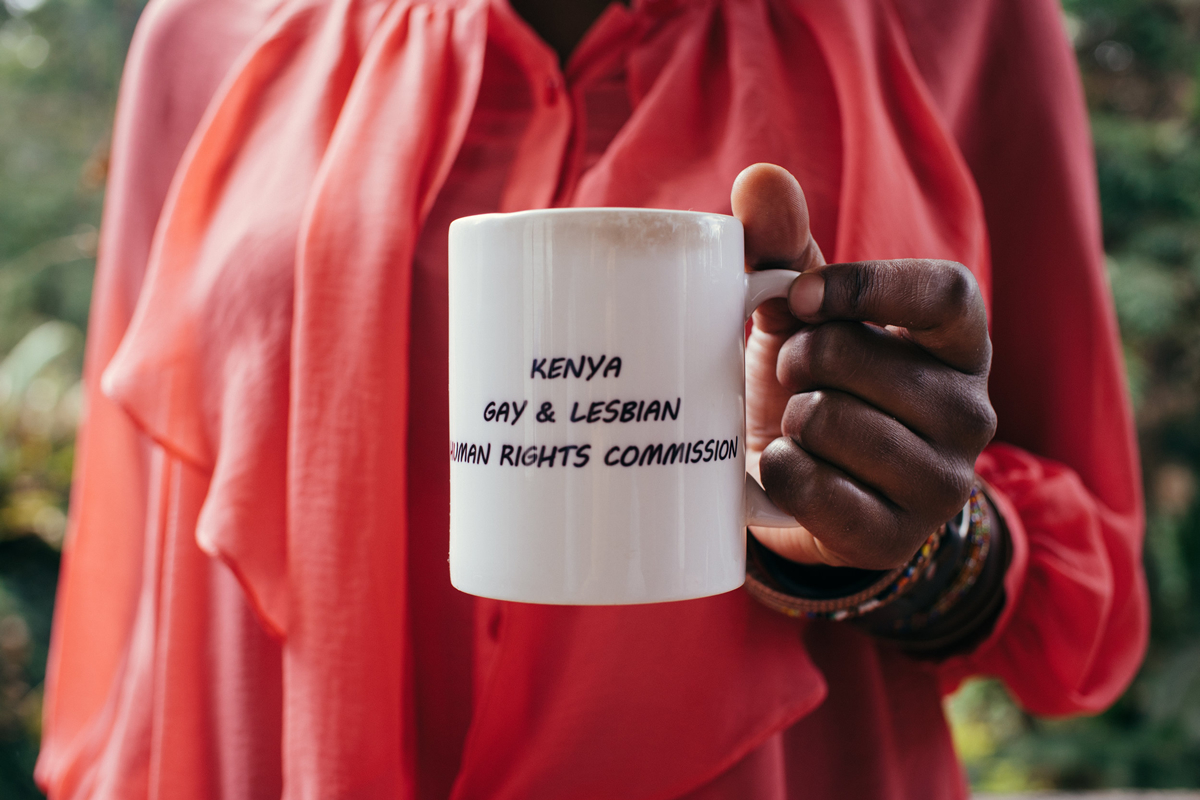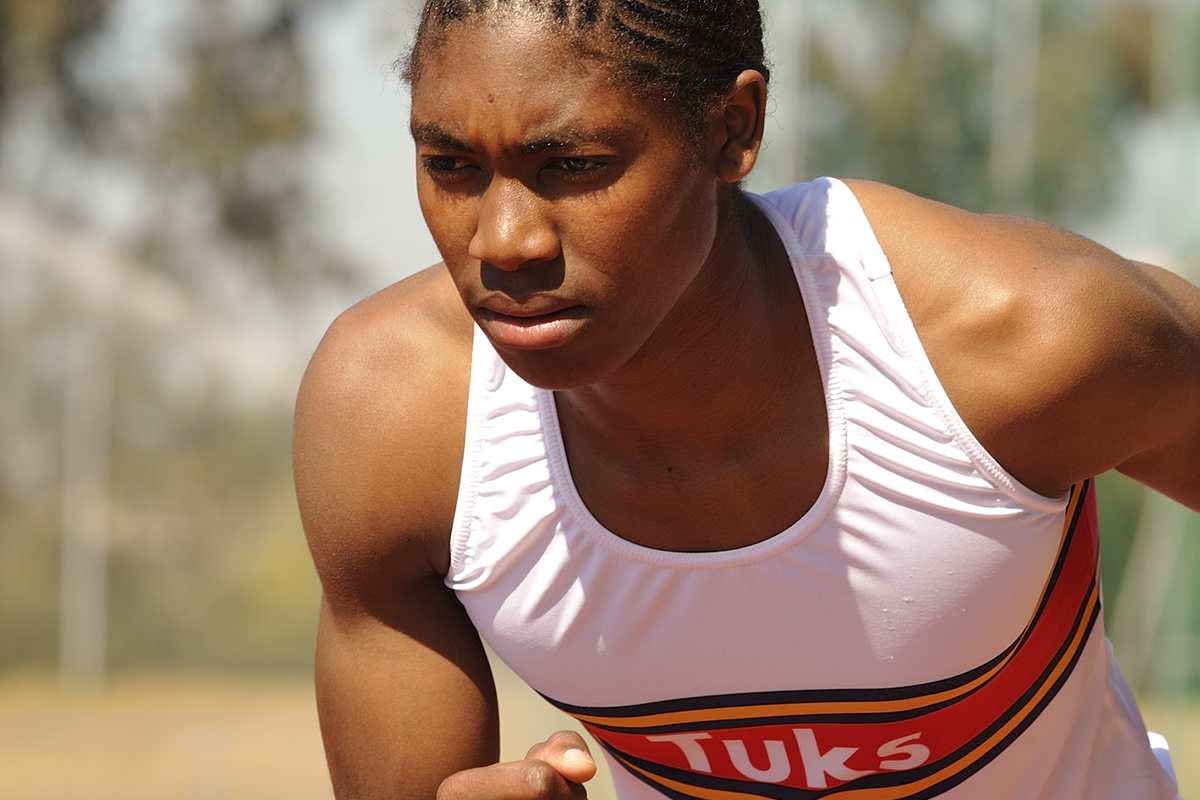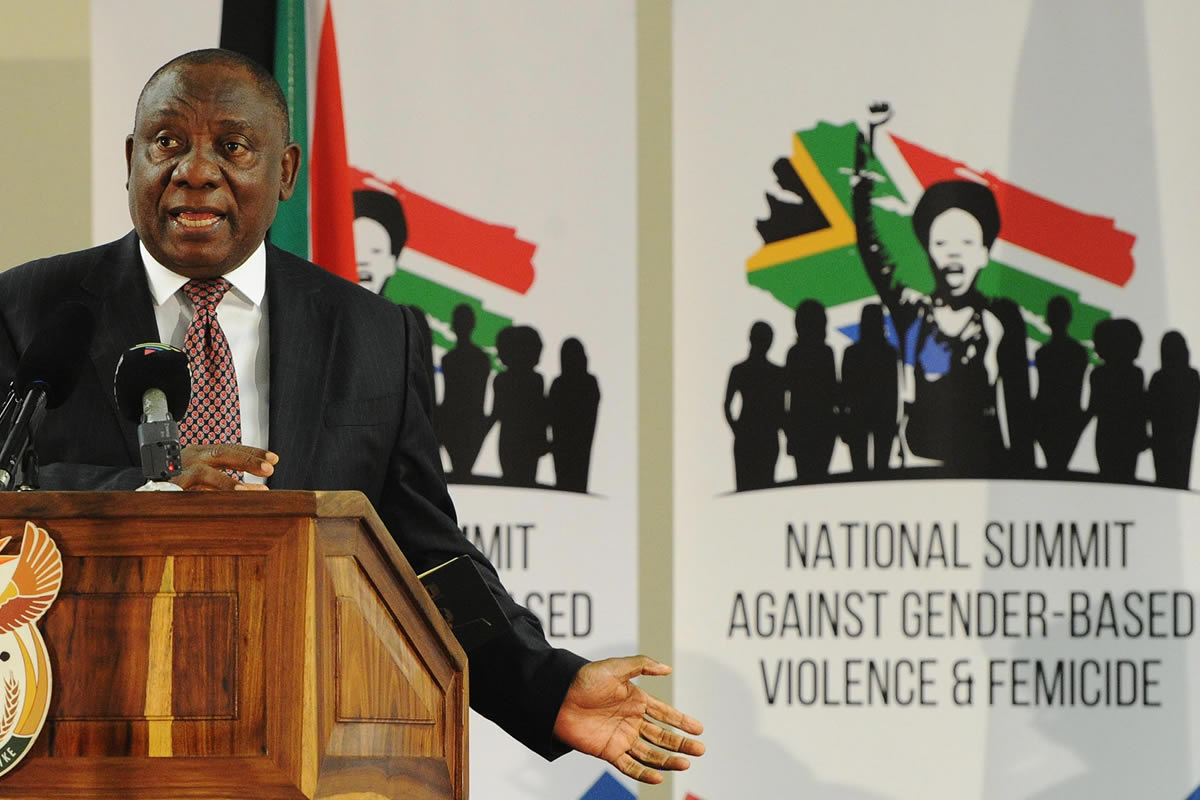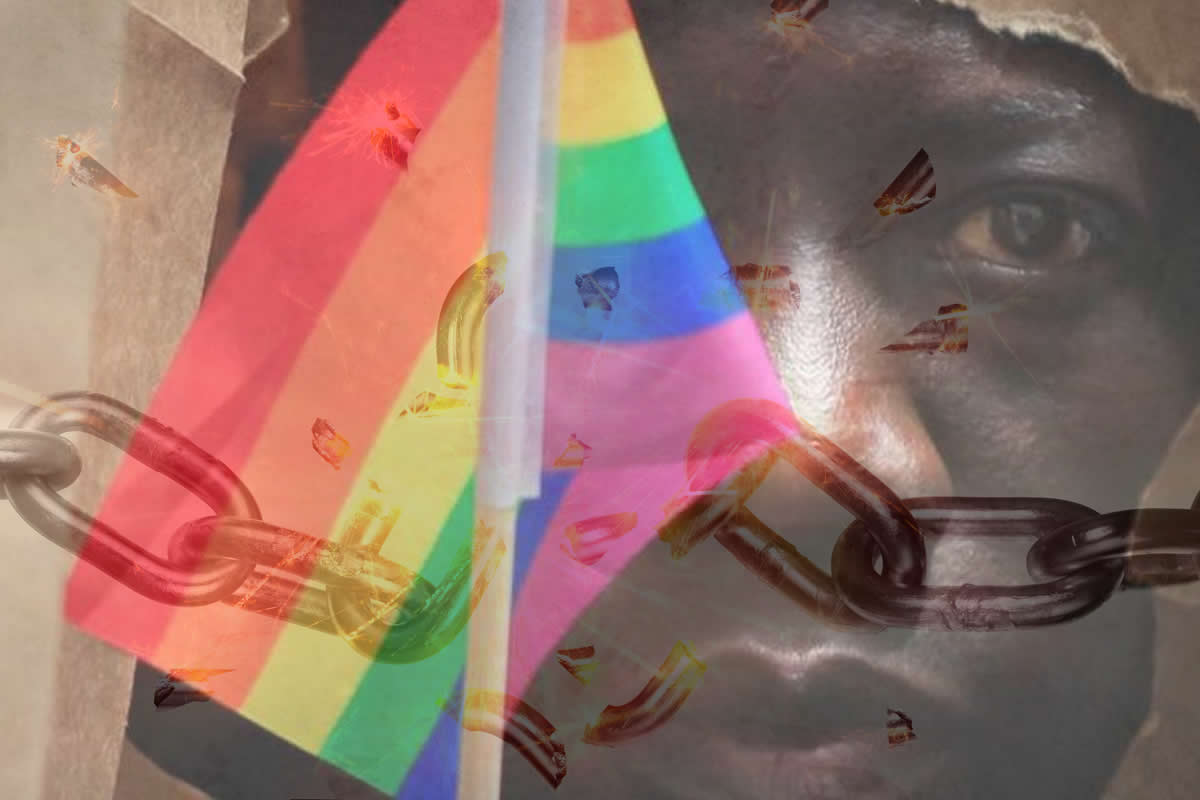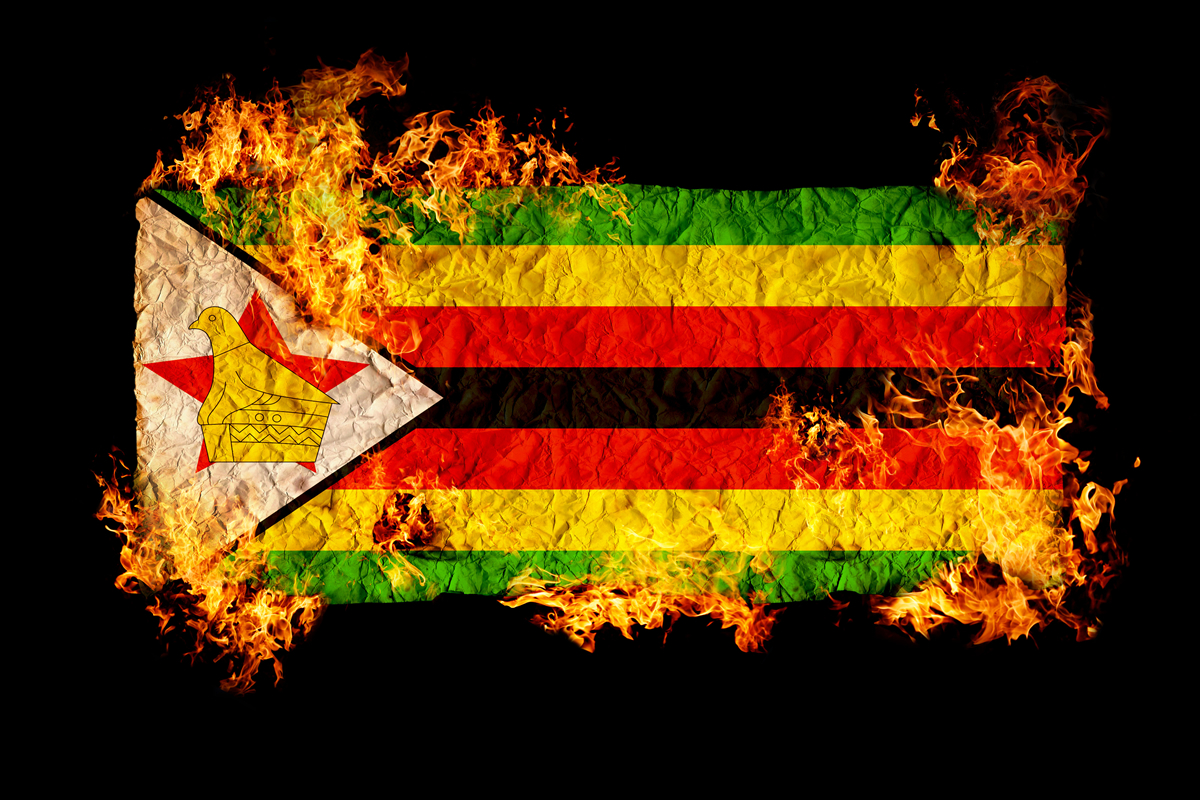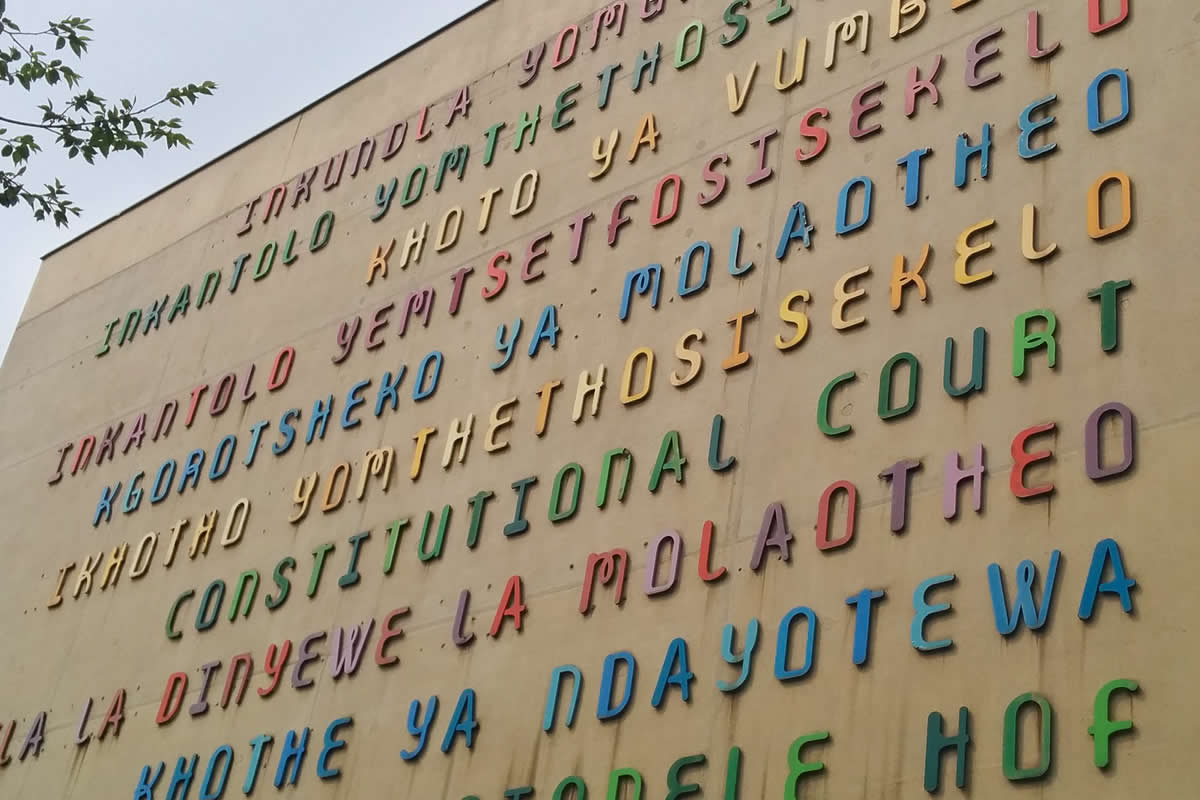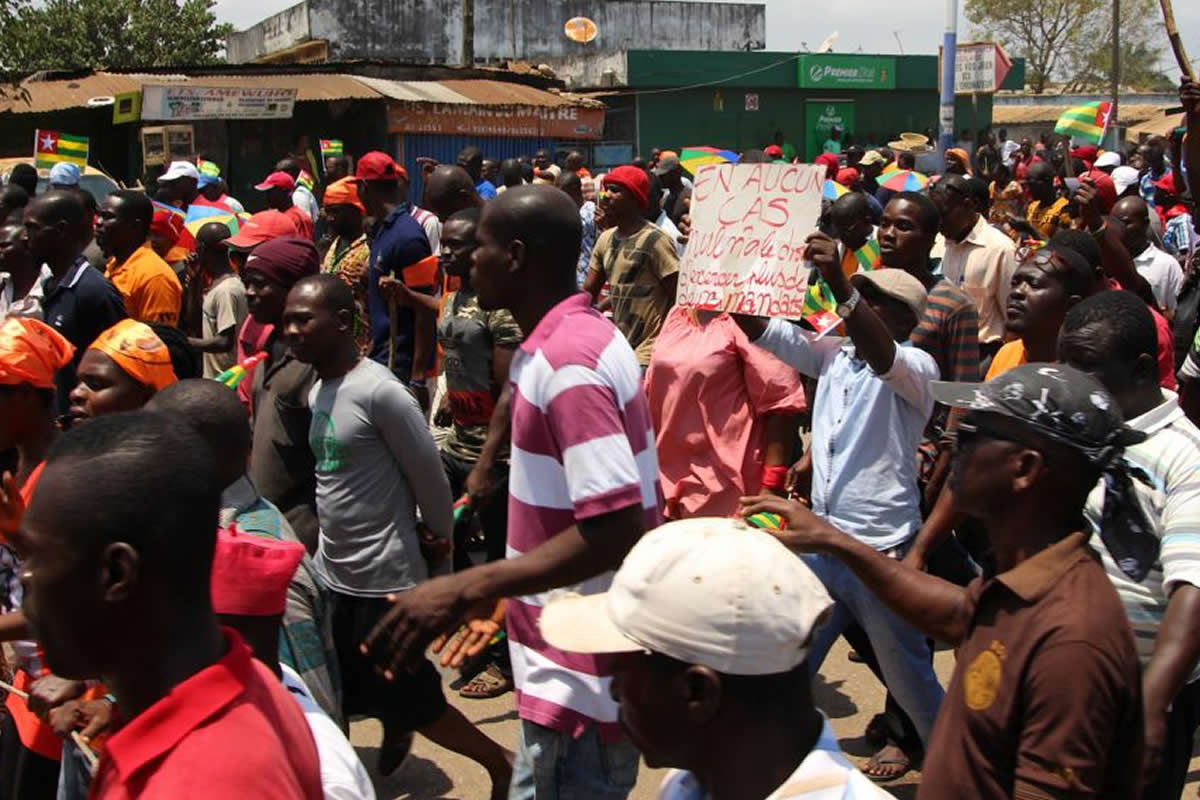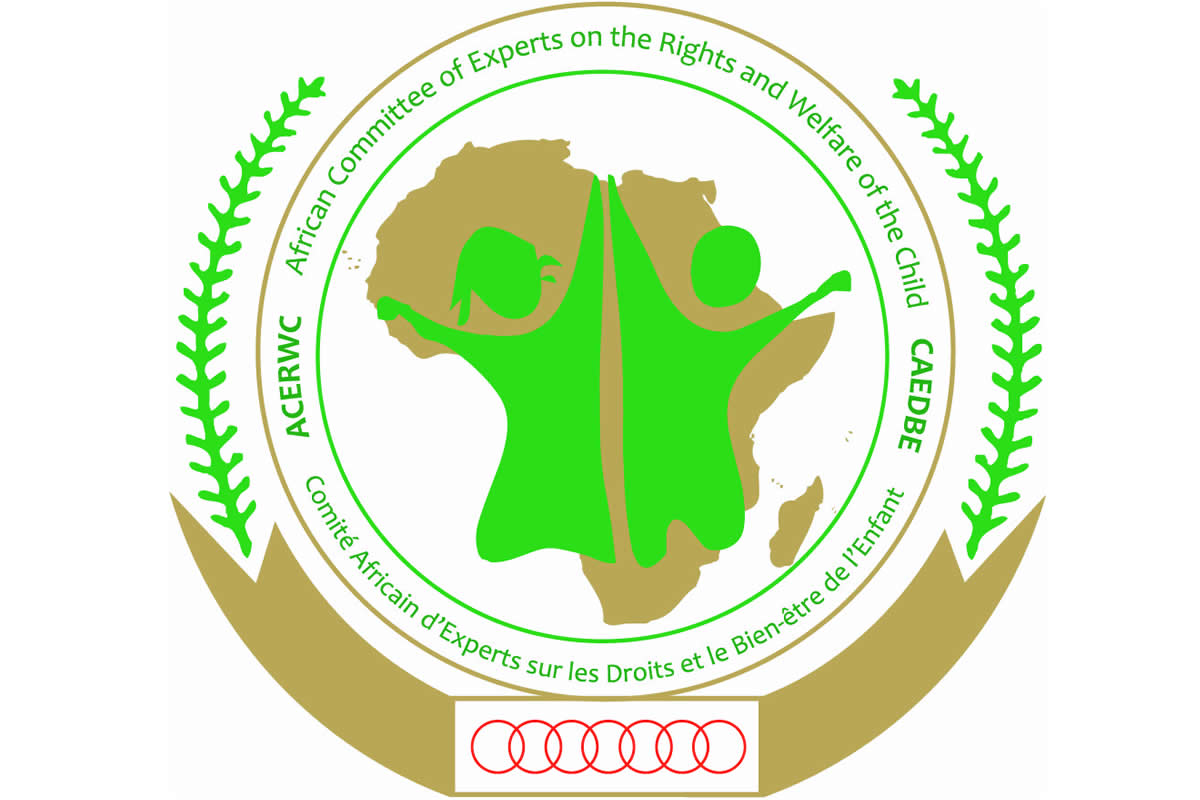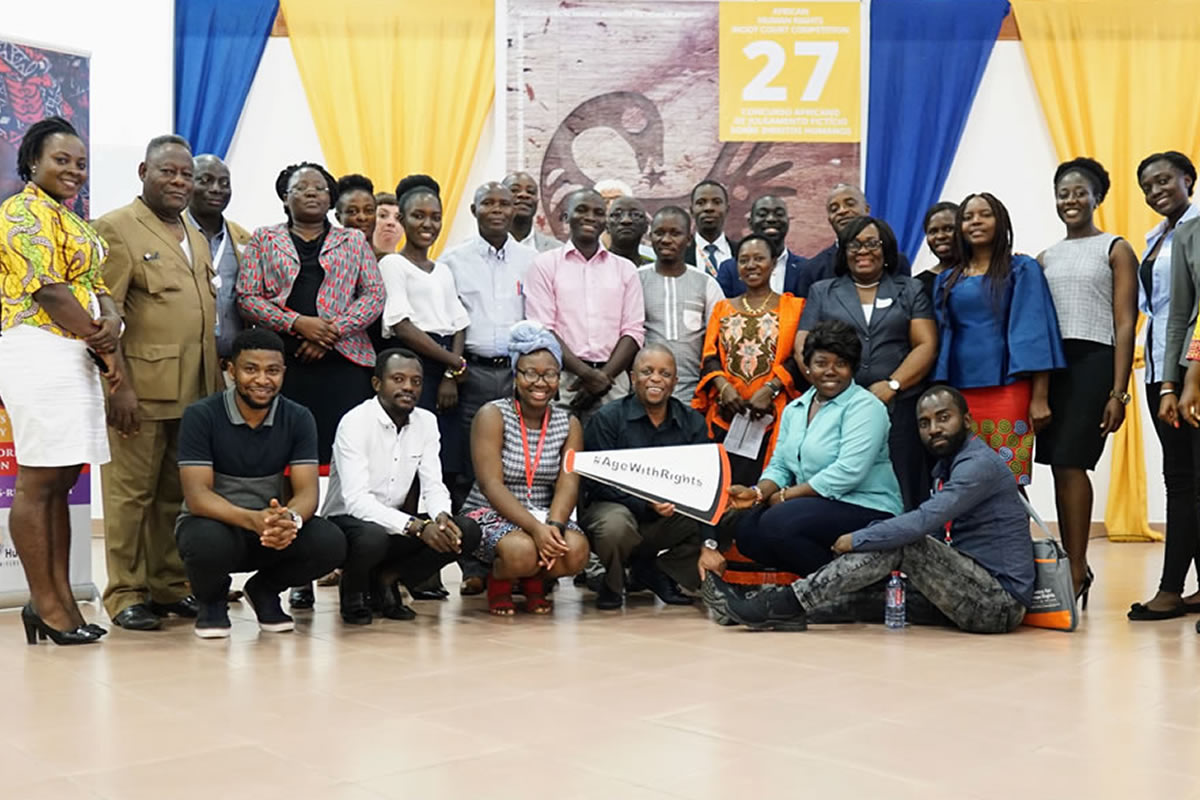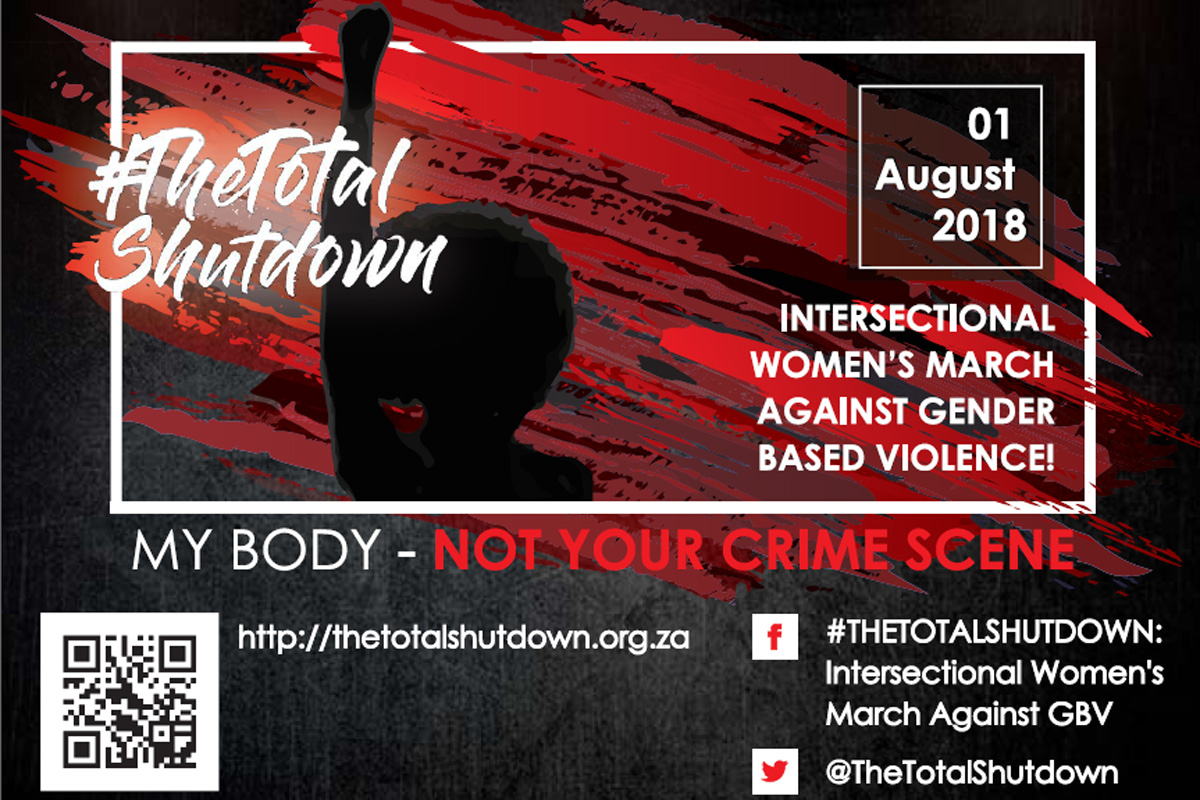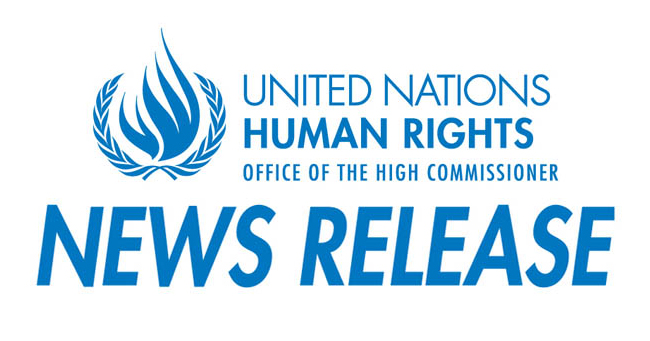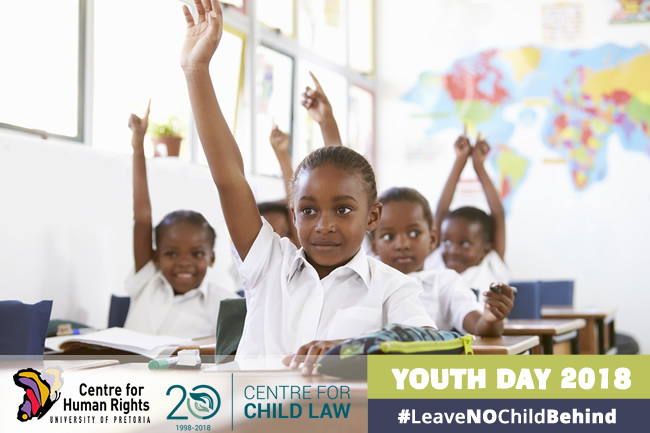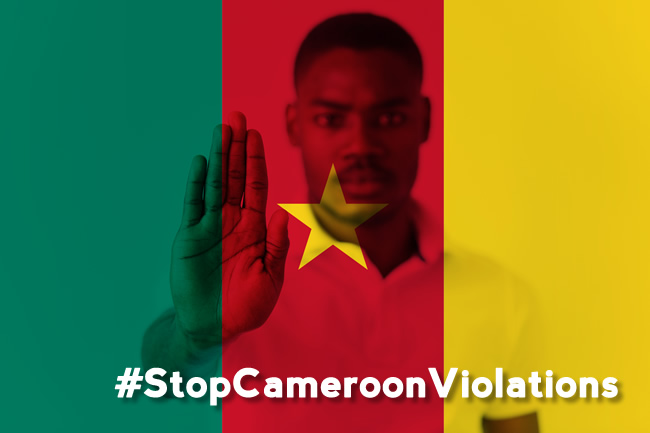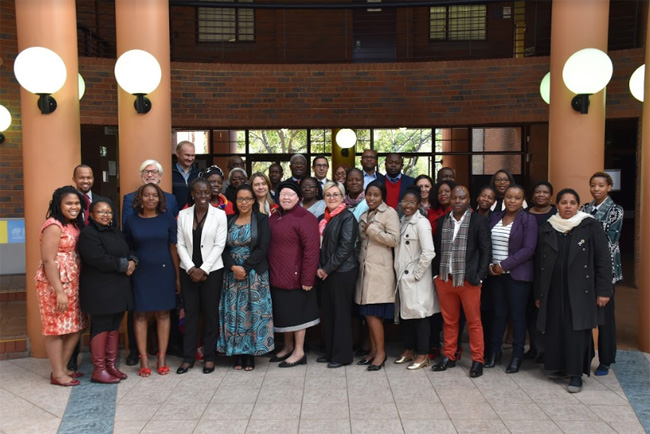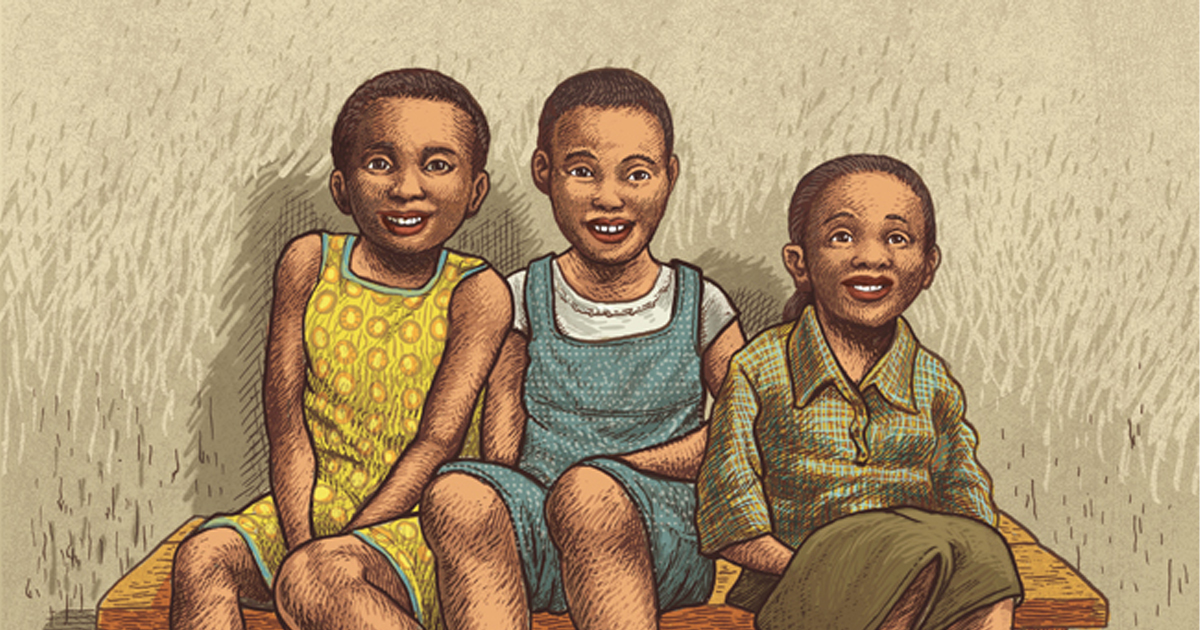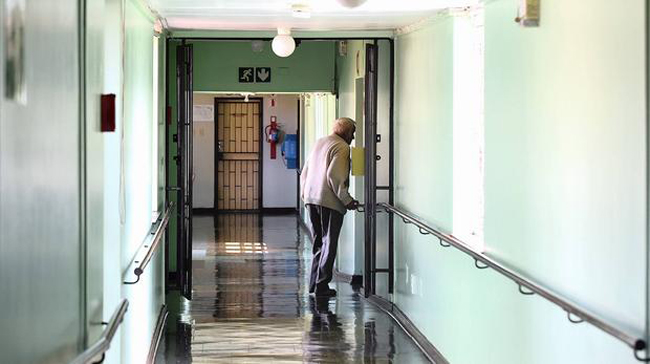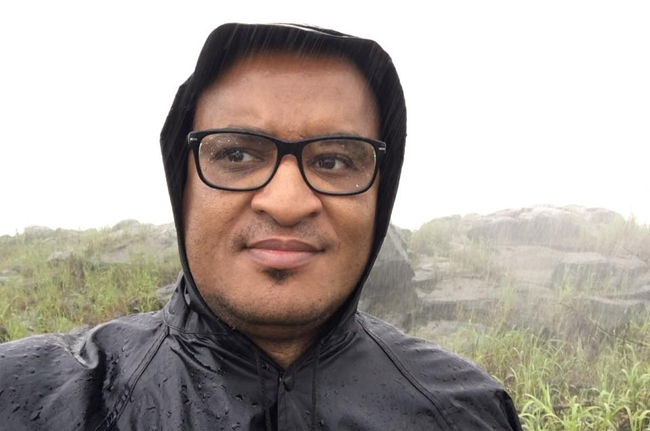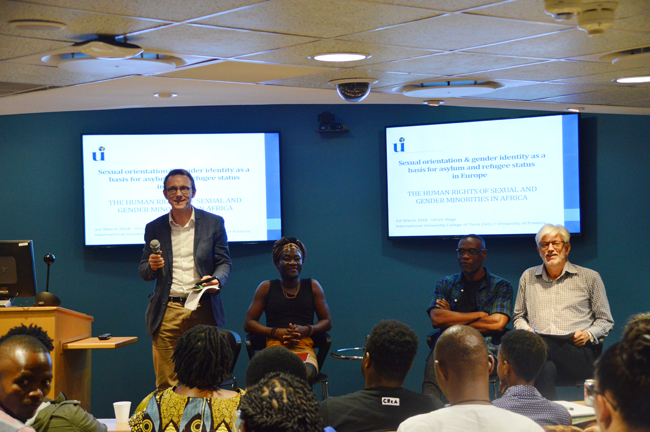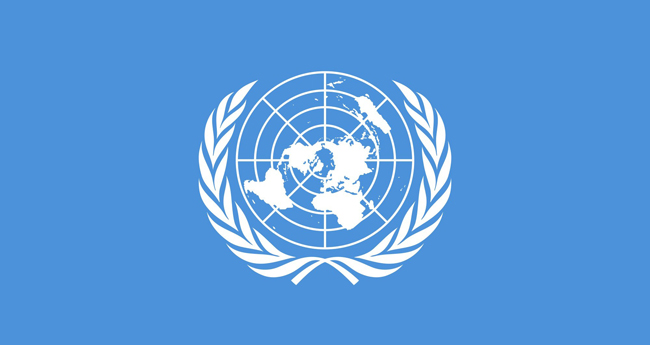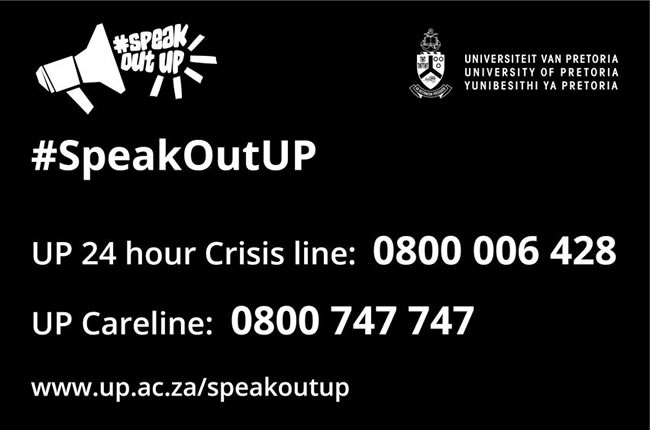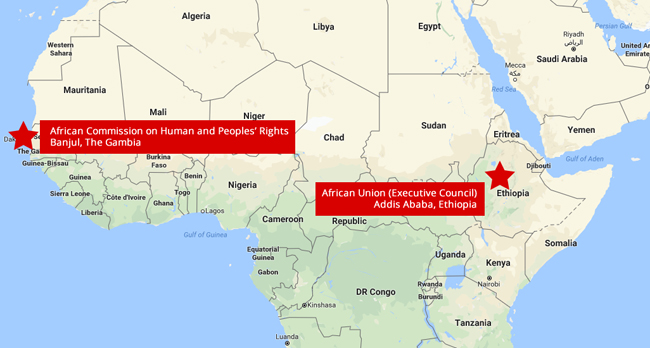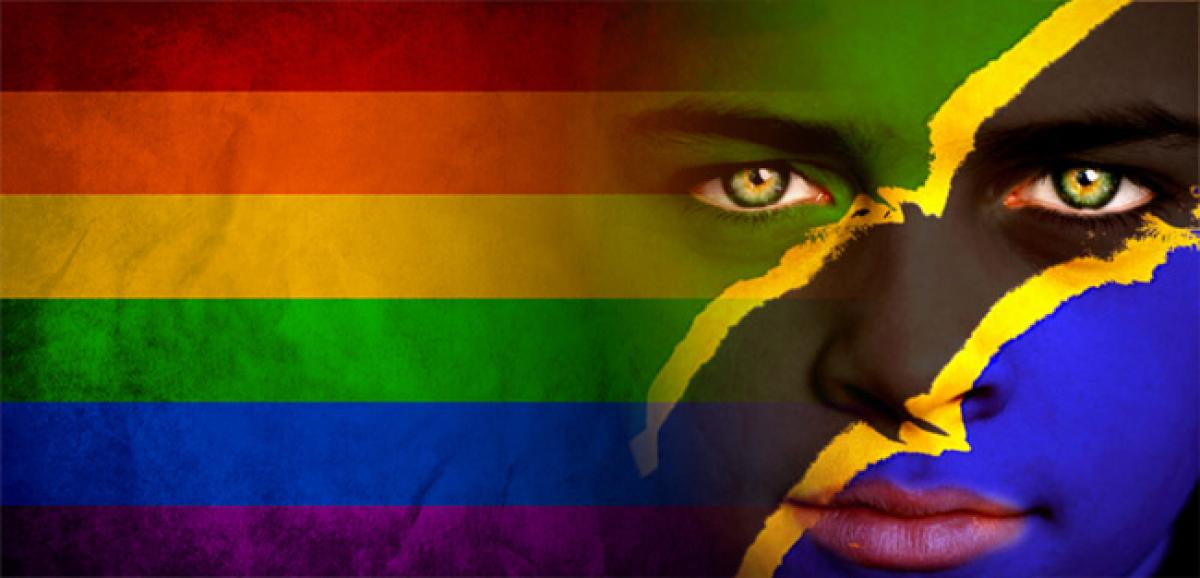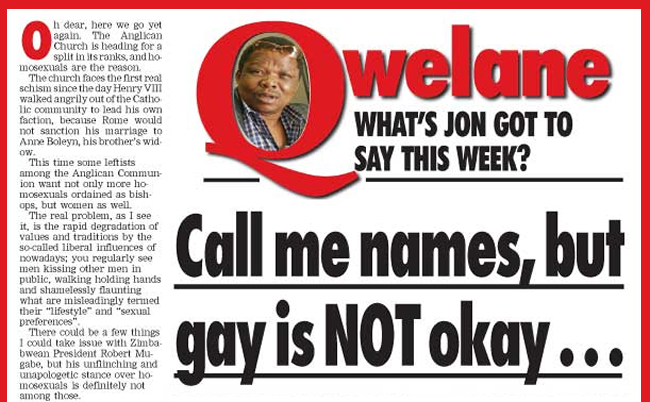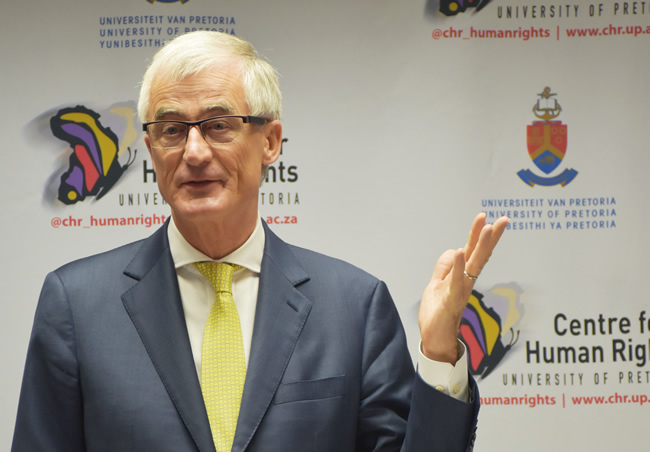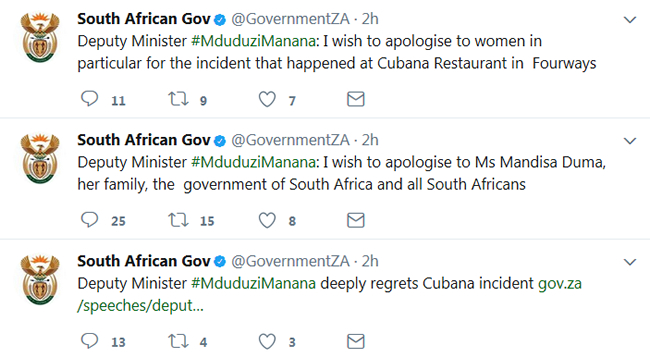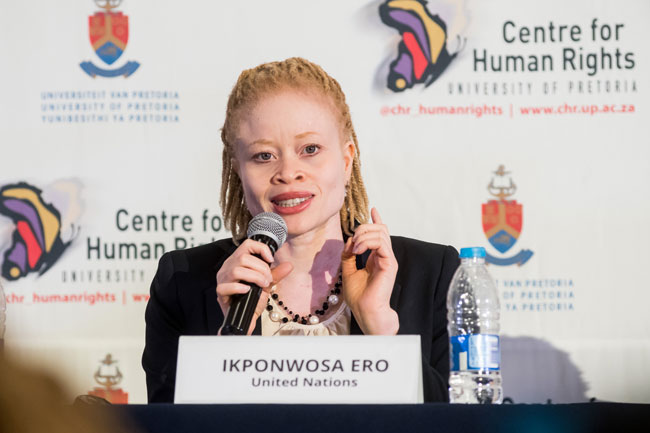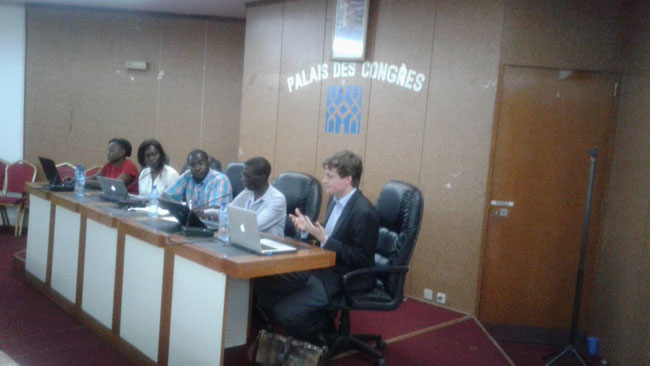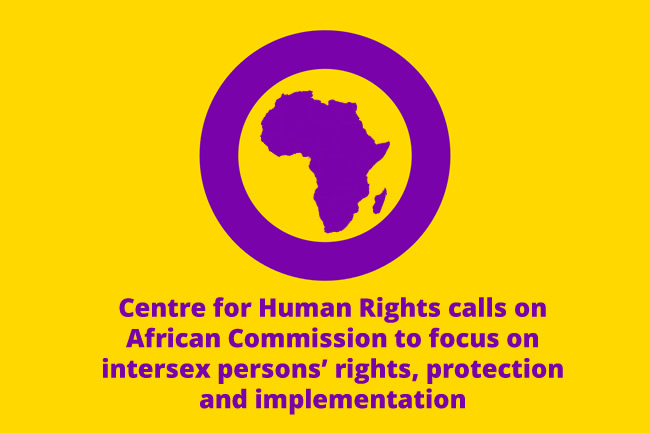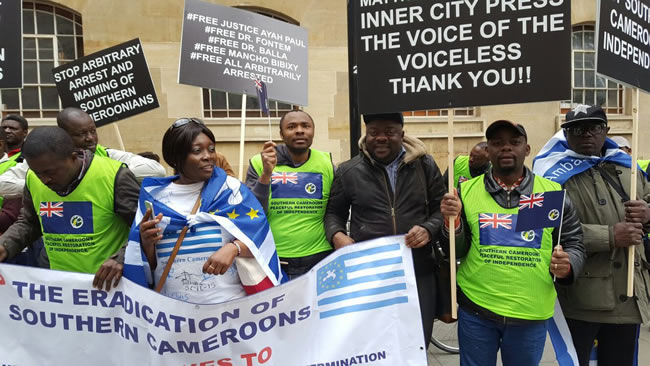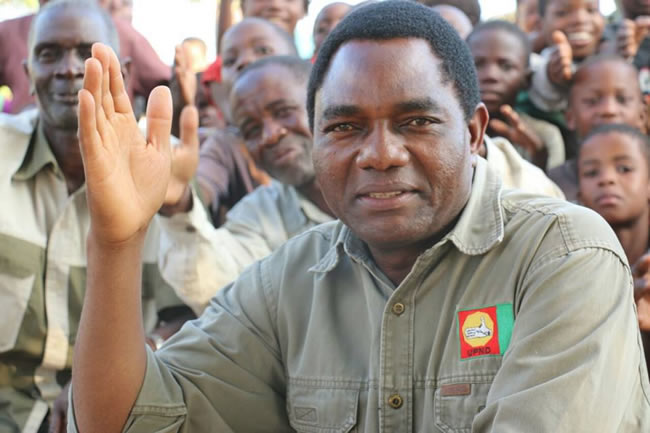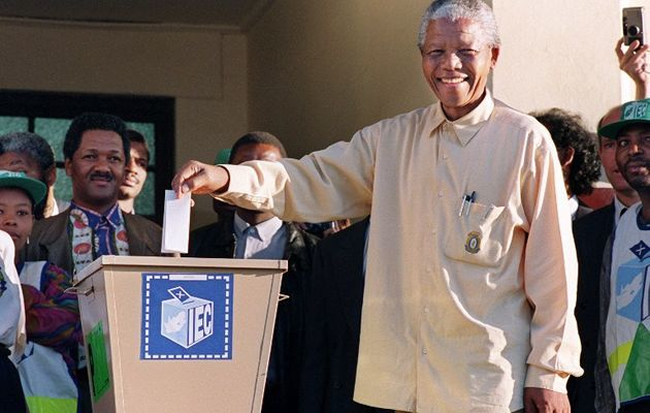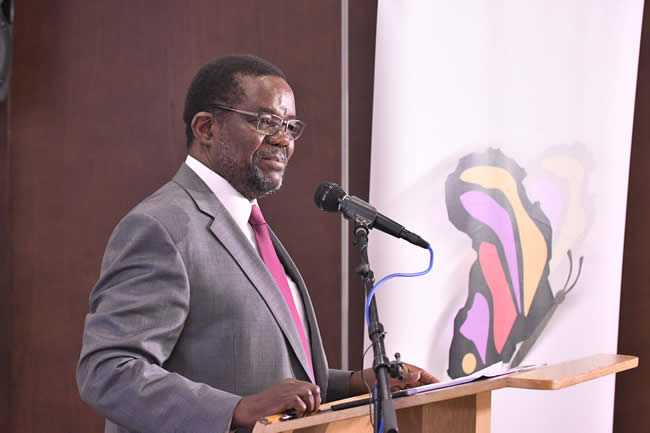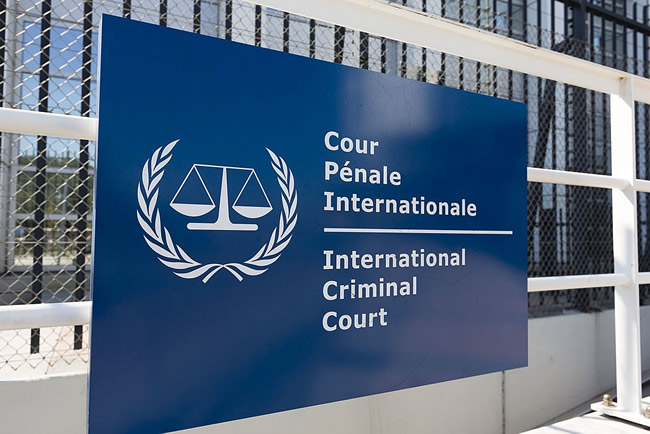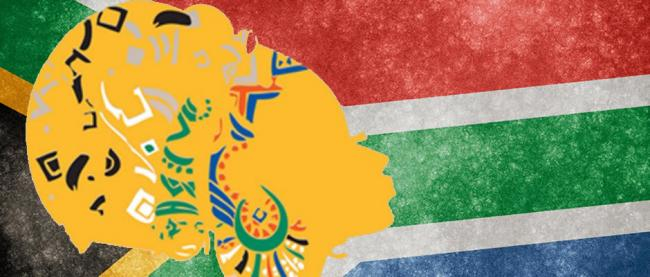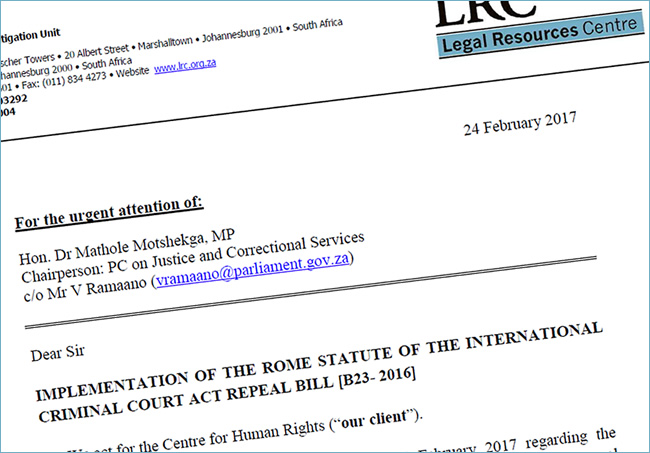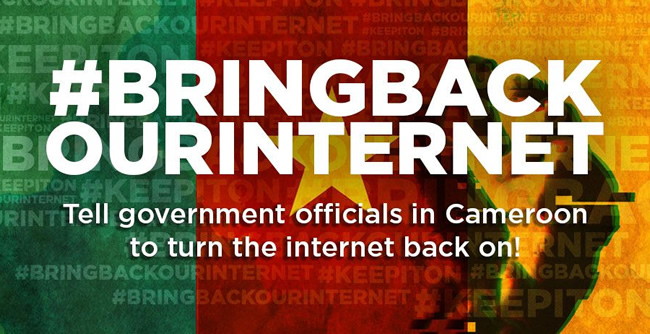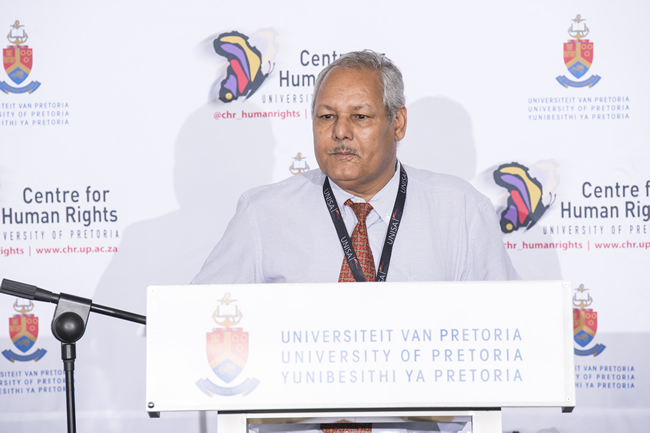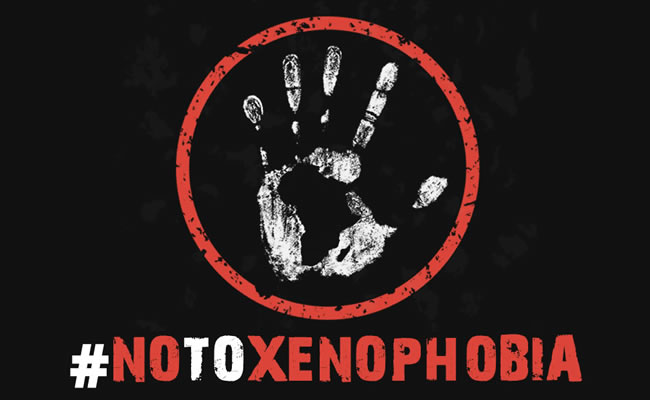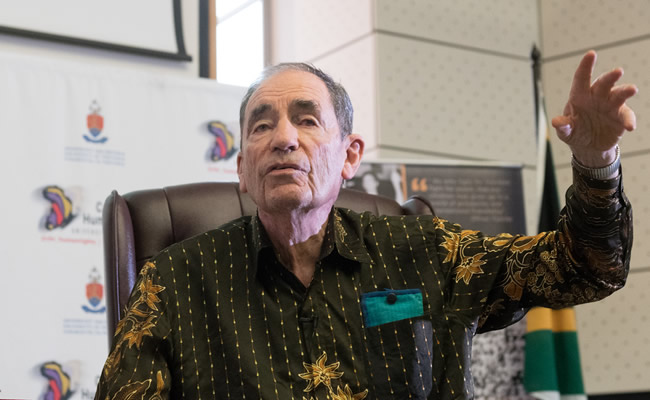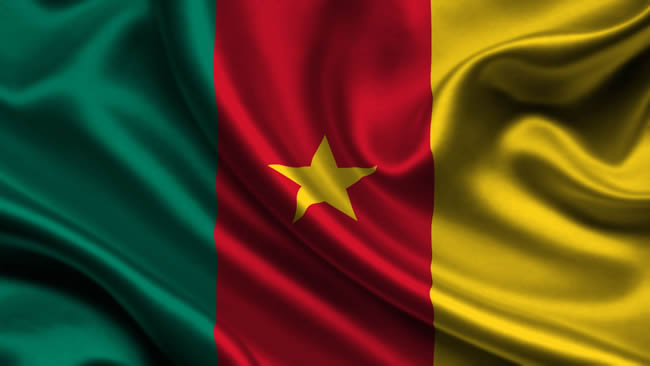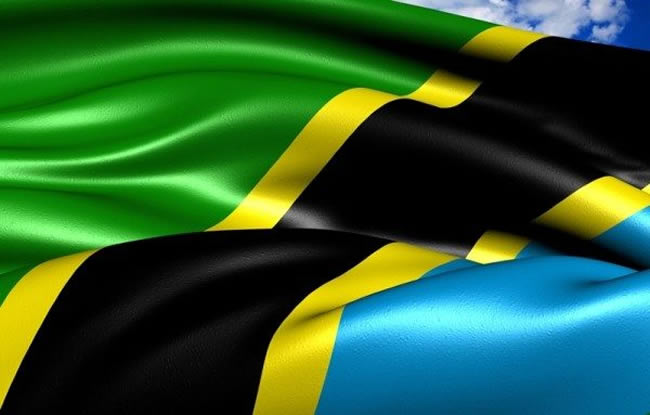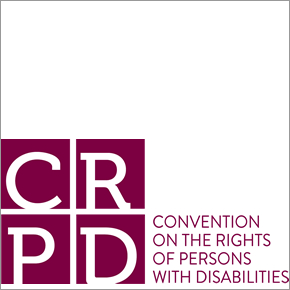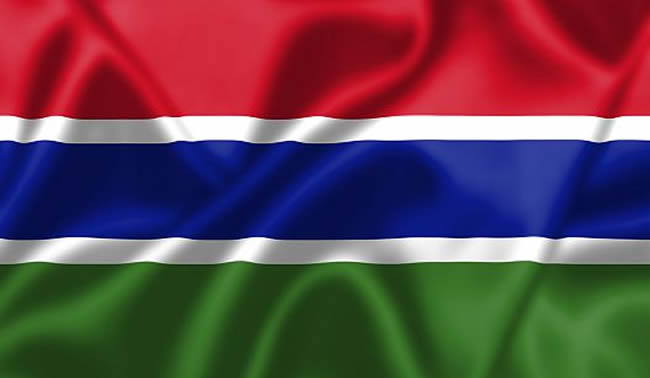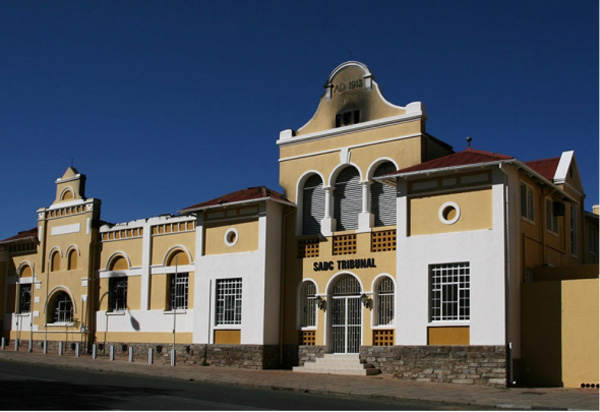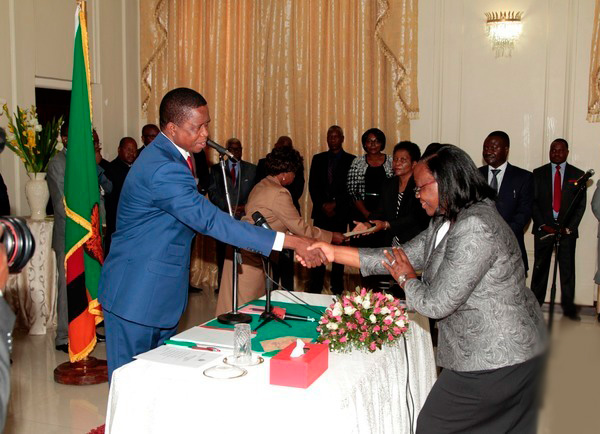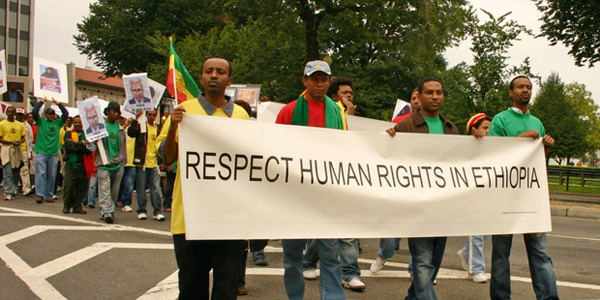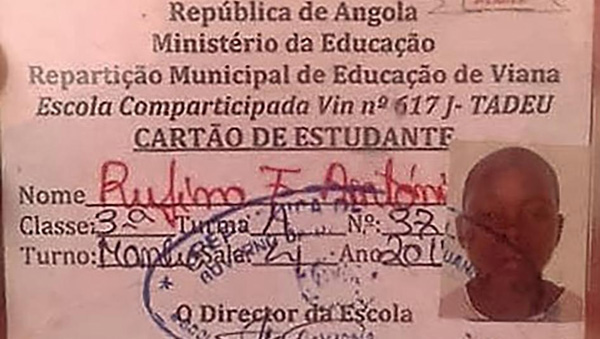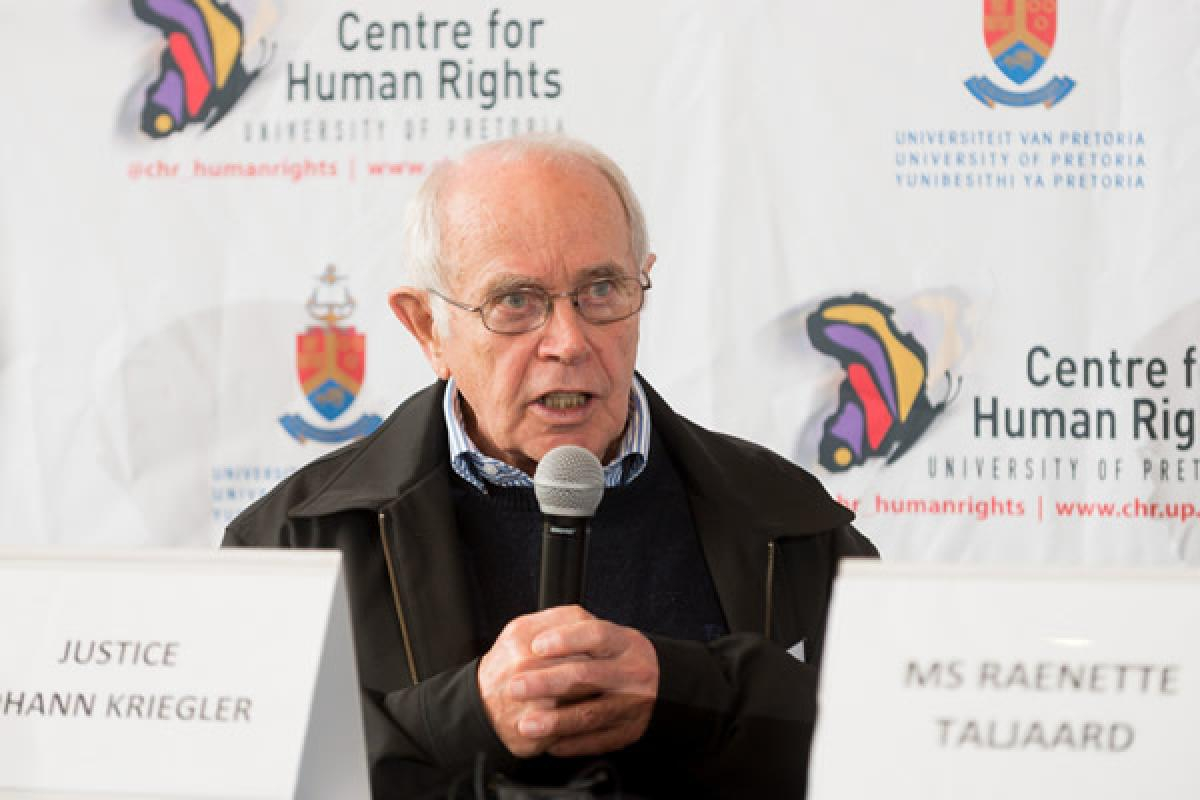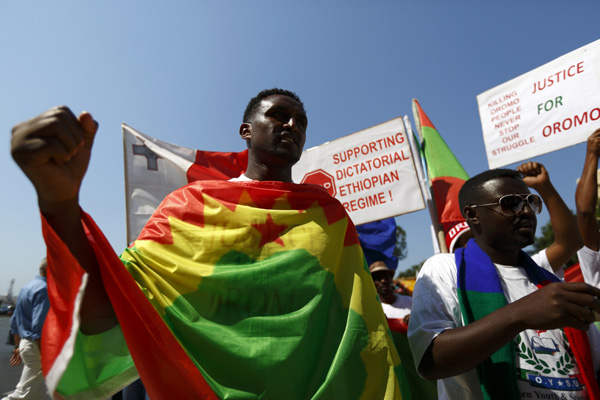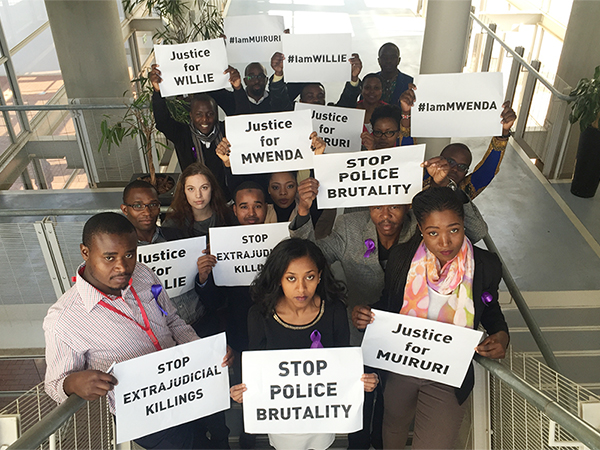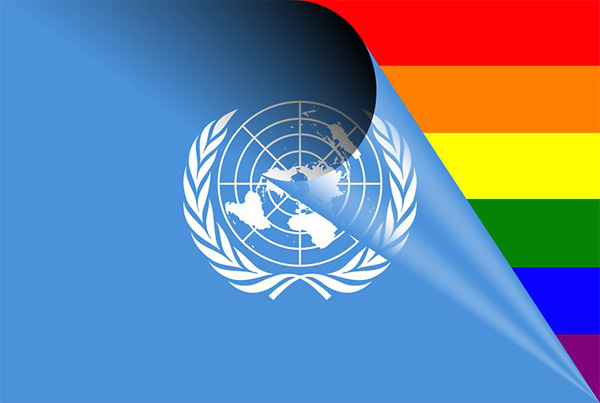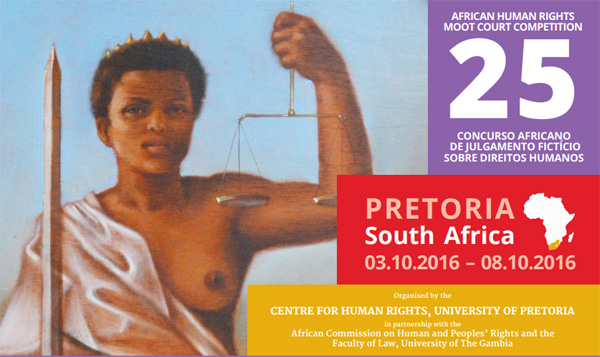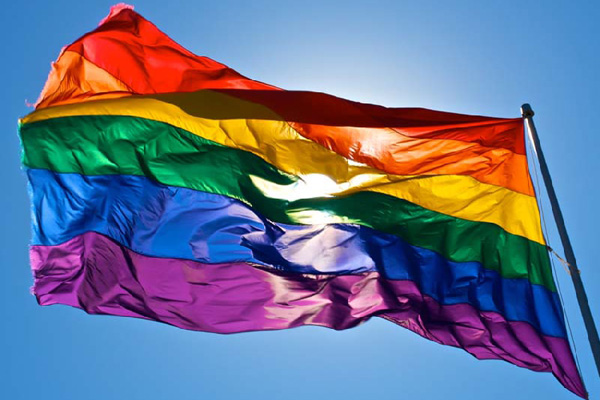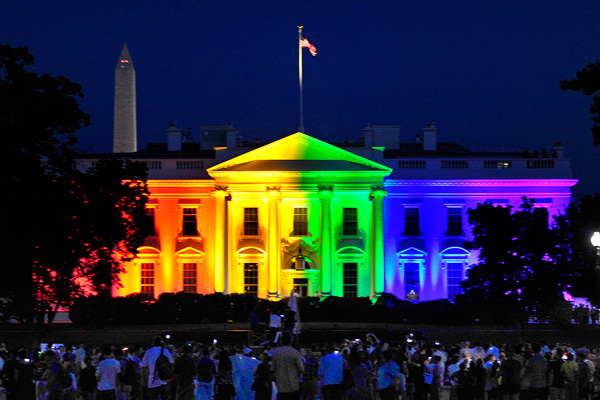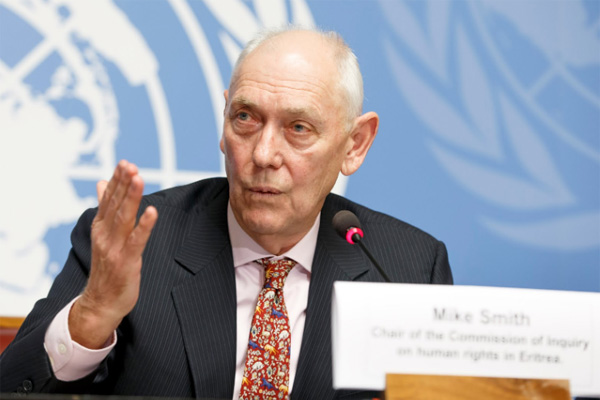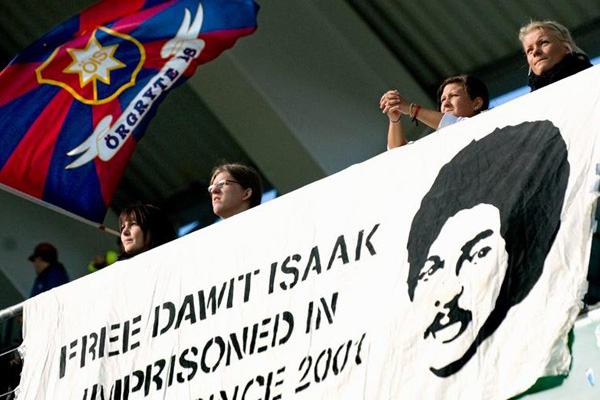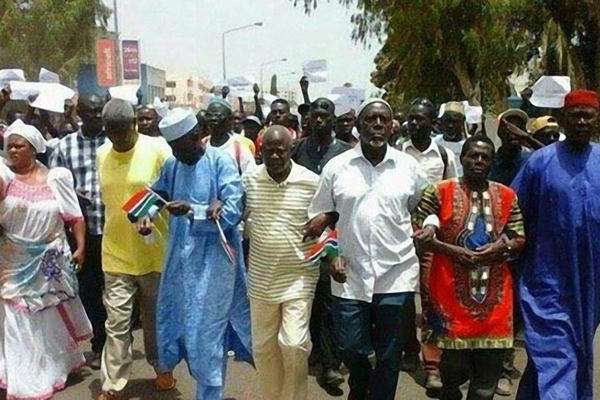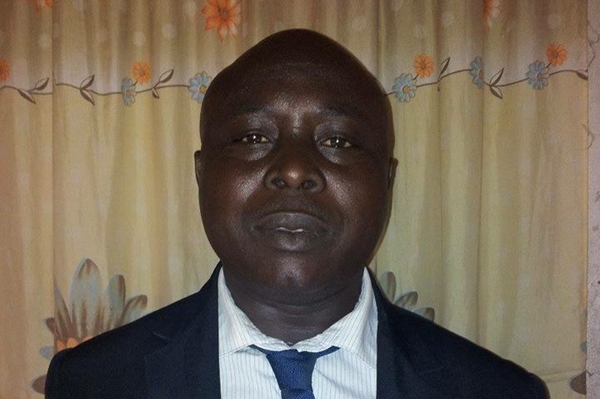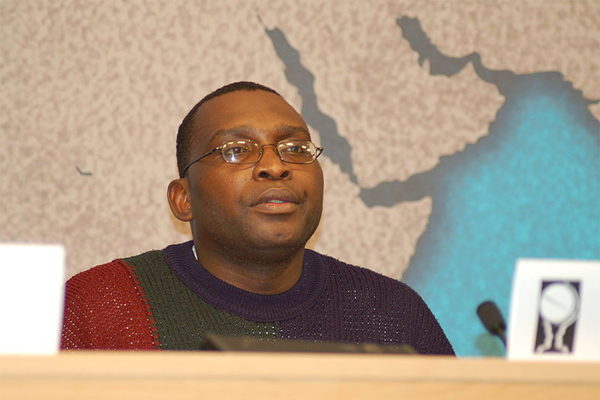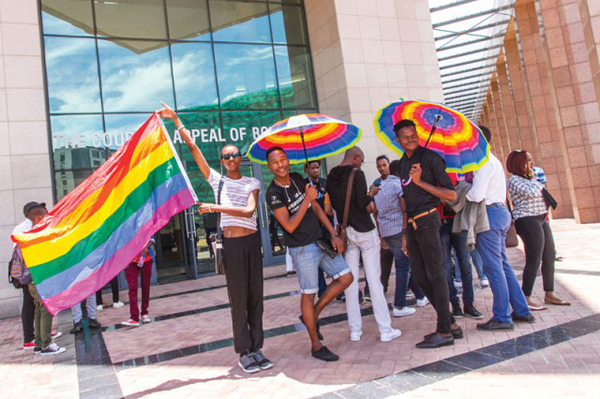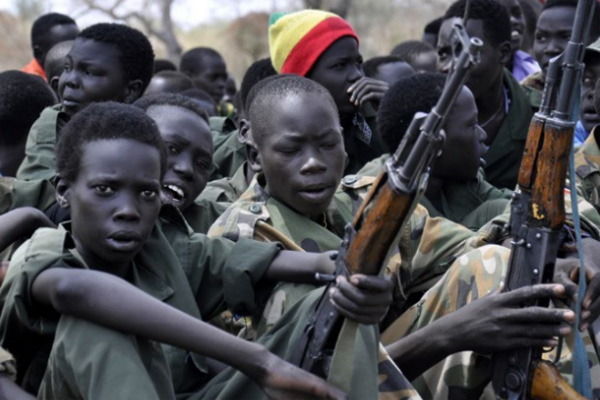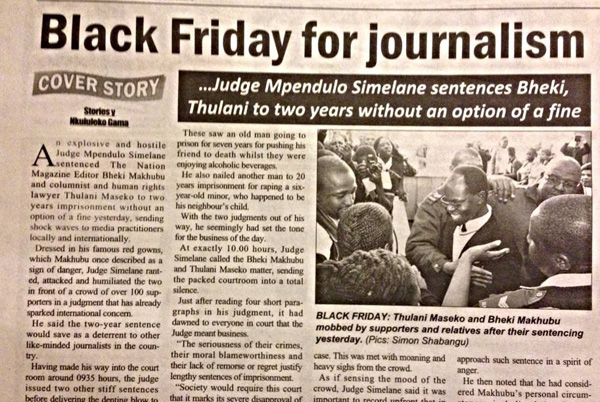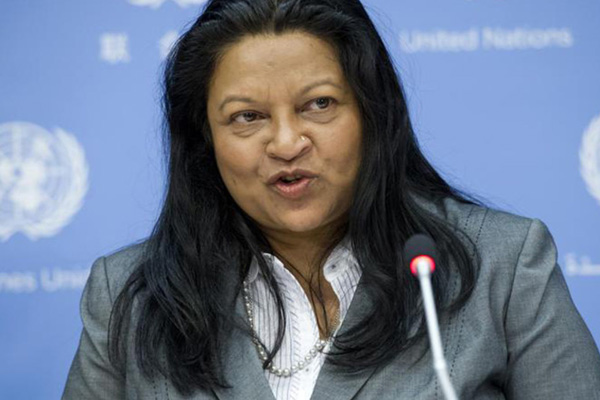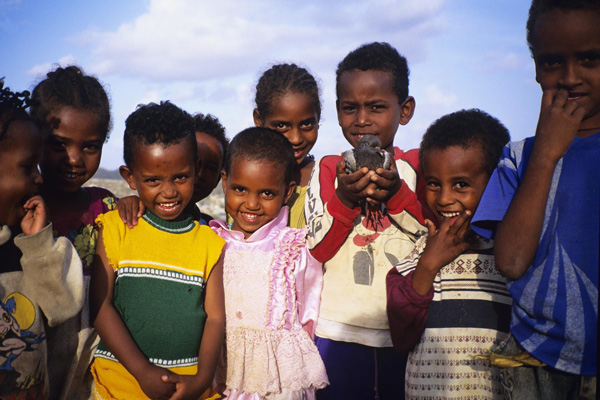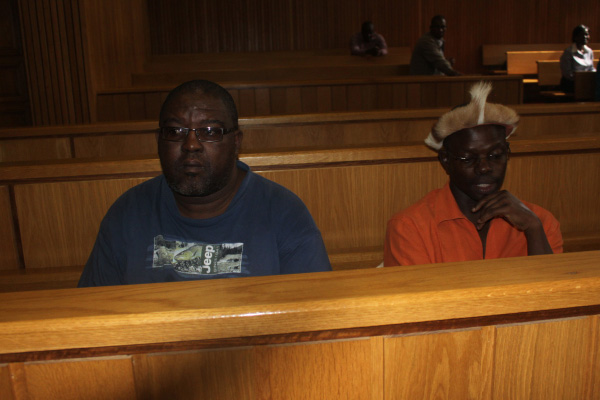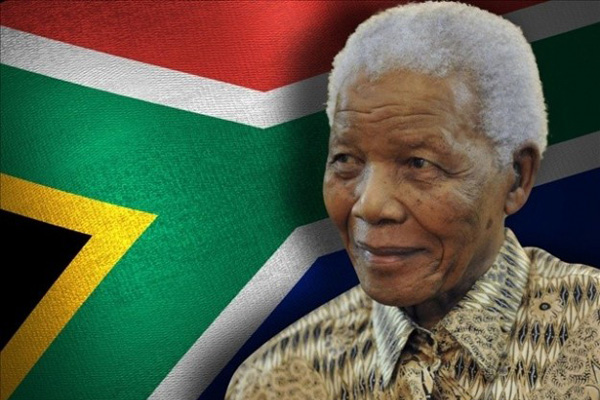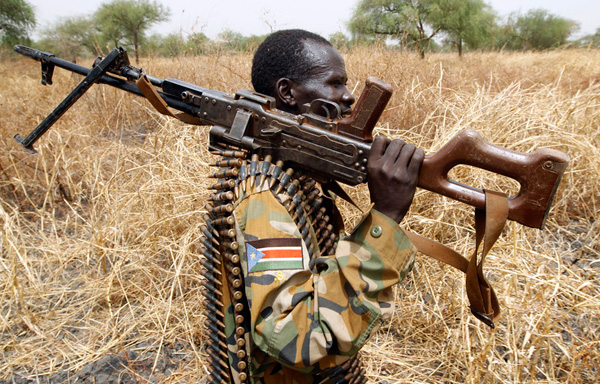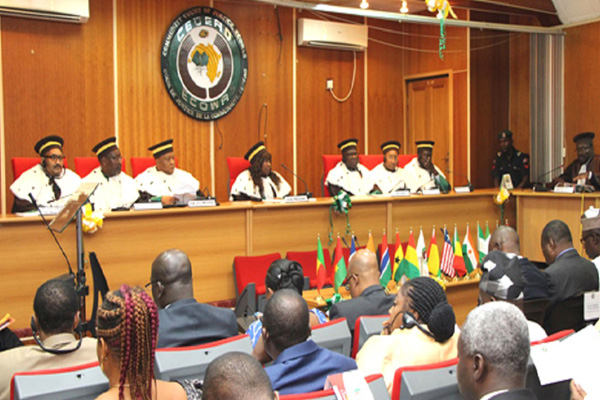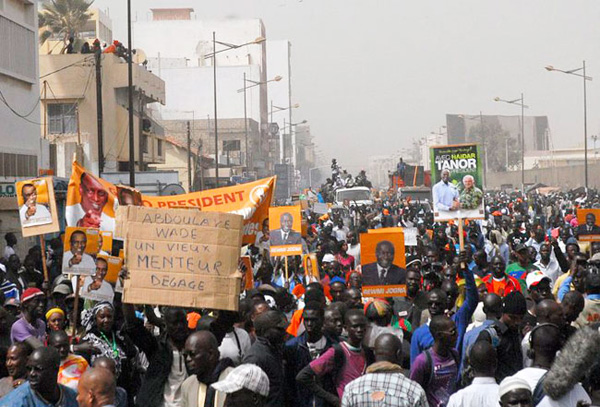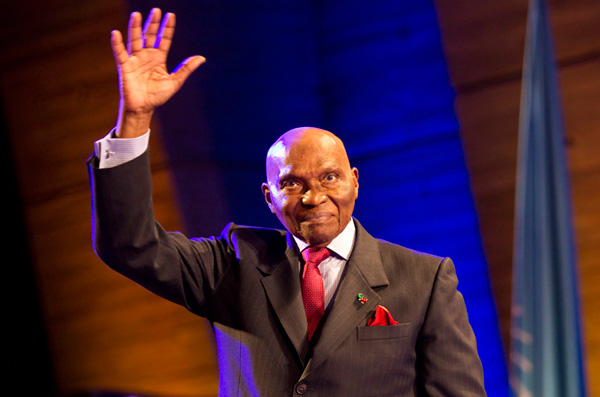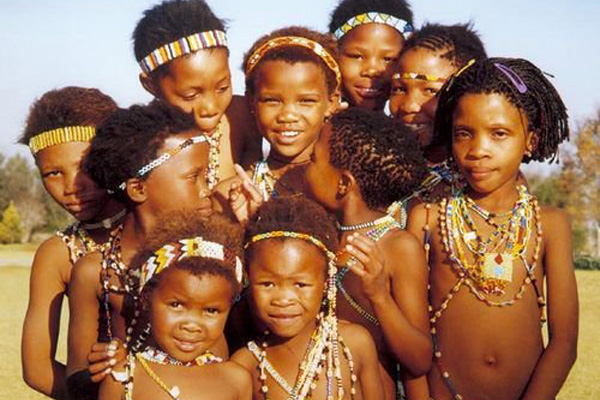- Details
The Centre for Human Rights, Faculty of Law, University of Pretoria, strongly condemns the double murder of Mozambique opposition (Podemos) political party’s lawyer (Elvino Dias) and representative (Paulo Guambe) on Friday 18 October 2024. The two were killed just hours before the start of planned protests challenging the results of the country’s elections held on 9 October 2024. There are concerns over allegations that these elections were altered unjustifiably to favour the ruling party, Frelimo, which is seeking to maintain its 49-year uninterrupted grip on power. Since the sad development on Friday, reports from the country reveal excessive use of force, including the police firing tear gas at independent presidential candidate Venânciao Mondlane and his supporters on 21 October 2024, who had gathered at the scene where Dias and Guambe were killed.
- Details
The Centre for Human Rights welcomes the landmark judgment handed down by the Pretoria High Court on Monday, 30 September 2024 in the case of The Embrace Project NPC and Others v Minister of Justice and Correctional Services Case no.:04856/22, Pretoria High Court]. In terms of the judgment, Baqwa J ordered that Sections 3, 4, 5, 6, 7, 8, 9 read with section 1(2) of the Criminal Law (Sexual Offences and Related Matters) Act 32 of 2007 are declared unconstitutional, invalid and inconsistent with the Constitution to the extent that these provisions do not criminalise sexual violence where the perpetrator wrongly and unreasonably believed that the complainant was consenting to the conduct in question, alternatively to the extent that the provisions permit a defence against a charge of sexual violence where there is no reasonable objective belief in consent. This significant judgment marks a pivotal moment in South Africa’s legal approach to prosecuting sexual violence cases.
- Details
In response to the emerging practice of pharmacists refusing to dispense abortifacients due to conscientious objection, the Centre for Human Rights, and 11 other public interest organisations, have addressed an open letter to the South African Pharmacy Council (SAPC) and the National Department of Health (NDOH). The open letter contains a legal opinion highlighting the significant, and adverse, impact of conscientious objection on access to safe and legal abortions.
- Details
The Centre for Human Rights, Faculty of Law, University of Pretoria is deeply concerned about the ongoing internal armed conflict in Sudan which erupted on the 15th of April 2023 between the Sudanese Armed Forces (SAF) and the paramilitary Rapid Support Forces (RSF).
The internal armed conflict began in the Sudan’s capital, Khartoum due to power struggle between the Sudanese Armed Forces (SAF) and the paramilitary Rapid Support Forces (RSF) following the 2021 coup. It has since spread over to other regions of Sudan resulting in massive human rights violations and a serious humanitarian crisis. The conflict sits at the core of Sudan’s political legacy which is characterized by impunity for grave international crimes, coups d’etat and military rule impeding Sudanese people’s struggle for democratic governance.
- Details
The Centre for Human Rights, Faculty of Law, University of Pretoria, condemns the continued mistreatment of the Maasai indigenous people in the United Republic of Tanzania. Over the years, the illegal and forced evictions of this indigenous group from the Ngorongoro Area have resulted in over 80,000 people being deprived of access to settlement and grazing lands on which their pastoral livelihoods depend.
- Details
The Centre for Human Rights, Solidarity Centre, International Lawyers Assisting Workers Network, Labour Research Service, and the Centre for Child Law have been admitted as joint amici curiae in the Constitutional Court confirmation proceedings of Van Wyk and Others v Minister of Employment of Labour (CCT 308/23) and Commission for Gender Equality and Another v Minister of Employment and Labour and Others (CCT 309/23). The amici have been given leave to file joint written submissions by the end of June 2024.
- Details
We, the undersigned organizations, write regarding the ongoing developments relating to the repeal of the Sections of the landmark Women’s (Amendment) Act of 2015, which criminalizes Female Genital Mutilation (FGM) in the Gambia. We are deeply concerned that these developments threaten the protection of the human rights and dignity of women and girls in the country, as well as in the region.
- Details
The World Press Freedom Day is commemorated annually on 3 May to reiterate State obligations to respect, protect and promote press freedom. The United Nations General Assembly proclaimed this day in December 1993. Three decades later, the need to celebrate the democratic contributions of an independent press and reaffirm commitments to protecting the press against existing and evolving threats to their freedom remains crucial.
- Details
The Centre for Human Rights, Faculty of Law, University of Pretoria welcomes the adoption of a resolution on ‘Combating discrimination, violence and harmful practices against intersex persons’ by the United Nations Human Rights Council during its 55th Session on 4 April 2024. Resolution #HRC55 is timely and important in so far as it recognises the discrimination, violence and harm that intersex persons are commonly subjected to because of harmful stereotypes, stigma, taboos, as well inaccurate information and misconceptions about persons with innate variations in sex characteristics.
- Details
The Centre for Human Rights (CHR) and the Psychological Society of South Africa (PsySSA) have been formally admitted as joint amici curiae (friends of the court) in the case of Embrace Project NPC and Another v Minister of Justice and Correctional Services and Others (Case no.: 48656/2022) (“Embrace Project case”).
- Details
The Centre for Human Rights, Faculty of Law, University of Pretoria, welcomes the launch of the "Principles and Guidelines for the Use of Digital and Social Media in Elections in Africa" developed by the Association of African Electoral Authorities (AAEA). The Guidelines and Principles were officially launched by Deputy President of South Africa Paul Mashatile. This notable milestone underscores the significance of integrating digital advancements while steadfastly upholding democratic values.
- Details
The Centre for Human Rights, Faculty of Law, University of Pretoria joins the voices of many human rights defenders and organisations in condemning the passing of the Human Sexual Rights and Family Values Bill by the Parliament of Ghana on 28 February 2024.
- Details
The Centre for Human Rights, Faculty of Law, University of Pretoria (Centre) is deeply concerned about the political situation currently unfolding in Senegal. Following President Macky Sall’s announcement on 3 February 2024 annulling the presidential elections earlier set for 25 February 2024, the actions of the Senegalese Government have continued to threaten digital rights in Senegal. The annulment is one of the most recent developments in a series of actions taken by the government leading up to the presidential elections over the past year. These actions include internet shutdowns, attacks on media practitioners and violent crackdowns on public protests. These actions violate various human rights including the rights to freedom of expression, access to information, freedom of association, freedom of assembly, and political participation as guaranteed in domestic national laws and under international treaties ratified by Senegal.
- Details
On 25 October 2023, the Gauteng Division of the High Court of South Africa handed down a revolutionary judgement in the case of Van Wyk and Others v Minister of Employment and Labour [2023] ZAGPJHC 1213. The judgment, penned by Sutherland DJP, declared the provisions of the Basic Conditions of Employment Act, 75 of 1997 (“BECA”) relating to maternity, parental, adoption and commissioning parental leave, as well as the relevant provisions of the Unemployment Insurance Act, 63 of 2001 (“UIA”), unconstitutional and invalid.
- Details
The Centre for Human Rights, Faculty of Law, University of Pretoria is concerned with the passage of the Criminal Law (Codification and Reform) Amendment Bill H.B 15 of 2022 (Patriot Bill) in Zimbabwe’s House of Assembly. The Patriot Bill, which was passed on 31 May, is overbroad, curtails freedom of expression, suppresses freedom of association and assembly and restricts political participation. The Patriot Bill proposes, among other things, to criminalises meetings with foreign governments for purposes of planning military intervention or calling for economic sanctions. The Bill will become law only after the Senate, the second parliamentary house, adopts it, and if President Mnangagwa assents to it.
- Details
The Centre for Human Rights, Faculty of Law, University of Pretoria is concerned with the gross and systemic human rights violations targeted at human rights defenders, political activists, and civil society actors; because of calls for greater reforms in Eswatini’s political governance system.
- Details
The Centre for Hunan Rights, Faculty of Law, University of Pretoria is deeply concerned about the ongoing Anglophone crisis in Cameroon, characterised by non-state armed groups in the North-West participating in violent conflict with the government of Cameroon over perceived discrimination on the basis of language.
- Details
Celebrating Worker’s Day in South Africa on 1 May 2023 has a hollow ring to it. Commemorating the achievements of the labour movement, including many important improvements to working conditions, and celebrating the crucial role of the working class in our country’s past and present, are overshadowed by the alarmingly high unemployment rate among South Africans. The precarious position of domestic workers demands more visibility about their rights and greater accountability for those who violate their rights. Acknowledging South Africa’s membership of the global community, and conscious of the undercurrent of xenophobia, consideration should be given to placing the rights of migrant workers on a firmer footing by ratifying the United Nations treaty on this theme.
- Details
The Centre for Human Rights, Faculty of Law, University of Pretoria (the Centre) denounces the conviction of Citizens Coalition for Change (CCC) party spokesperson Fadzayi Mahere. Mahere, a prominent political activist and lawyer, was found guilty by a Harare Regional Magistrate on charges of publishing falsehoods emanating from a retweet where she shared information that a police officer had beaten to death a child with a baton in Harare. The Court held that she undermined the authority of the police through her tweet and noted that her conduct was reckless and detrimental to the State as it intended to undermine the police force and also erode public confidence in the law enforcement agents. The contentious charges carried an imprisonment term of up to 20 years and a fine. The Court opted to impose a fine of USD 500 on Mahere and not a prison sentence.
- Details
The Centre for Human Rights, Faculty of Law, University of Pretoria (the Centre) expresses concern over claims of retaliatory disciplinary proceedings against a senior judicial officer in Uganda, Justice Esther Kisaakye of the Supreme Court. The Centre understands that the country’s Judicial Service Commission commenced inquiry proceedings into the conduct of Justice Kisaakye after her dissenting decision in the 2021 Presidential election petition filed by opposition leader, Robert Kyagulanyi Sentamu (Bobiwine), against President Yoweri Museveni. In that Petition, the Supreme Court of Uganda denied a later application by Sentamu to be allowed more time to change the main application, stating it was late. Justice Kisaakye, however, dissented on the basis that the applicant's illegal house arrest hindered timely submission.
- Details
The Centre for Human Rights, Faculty of Law, University of Pretoria (Centre), is proud to commemorate Trans Day of Visibility, which falls every year and is celebrated internationally on 31 March. This day is an opportunity to recognise and celebrate the contributions of trans gender and gender diverse individuals in our society, and to raise awareness of the challenges and discrimination that they face. Trans Day of Visibility Founder Rachel Crandall-Crocker, a Michigan-based and licensed psychotherapist and transgender advocate, chose the month of March to not to ‘step on the toes’ of other Trans Day of Remembrance on 20 November or American Pride Month in June.
- Details
The Centre for Human Rights, Faculty of law, University of Pretoria (CHR) and the Centre for Sexualities, AIDS, and Gender, University of Pretoria (CSA&G) condemn the passing of the Anti-Homosexuality Bill by the Parliament of Uganda on 21 March 2023.
- Details
The Centre for Human Rights, Faculty of Law, University of Pretoria (Centre) condemns the racist remarks made by the President of Tunisia and the arbitrary arrest, detention and forced eviction of African migrants in Tunisia.
- Details
On February 6, 2023, Amhara Association of America (AAA) and Centre for Human Rights, Pretoria University (CHR) submitted a complaint to the African Commission on Human and Peoples’ Rights against the Ethiopian Government. The complaint is made on behalf of ethnic Amhara residents in West Wollega, East Wollega, Horo Guduru Wollega, Qelem Wollega and West Shewa Zones of the Oromia Region who faced mass atrocities at the hand of state and non-state armed forces and militias. The complaint argues that the Ethiopian state bears responsibility for human rights violations committed by its agents, including the Oromia Special Forces (OSF), such as extrajudicial killings, arbitrary arrests, property destruction, communication blackouts, violent dispersal of peaceful protests, and displacement. It is also submitted that the lack of adequate efforts on the part of the state to halt the atrocities and human rights violations committed by the Oromo Liberation Army (OLA) or punish those responsible for violating the obligation of states to ensure the rights and freedoms of all individuals within its jurisdictions is not respected, thereby depriving the Amhara residents of several substantive rights in the African Charter.
- Details
In response to the African Commission’s unfortunate decision to reject observer status applications by three human rights organizations in its final communique of its 73rd ordinary session, the Centre for Human Rights, Faculty of Law, University of Pretoria and its partners - Synergía Initiatives for Human Rights, the Initiative for Strategic Litigation in Africa (ISLA), PanAfrica ILGA, Amnesty International, and Mouvement pour les Libertés Individuelles (MOLI) condemn this decision that threatens the Commission’s ability to promote and protect human rights for all.
- Details
Thulani Rudolf Maseko (1 March 1970 - 21 January 2023)
It is with great shock and profound sadness that we at the Centre for Human Rights, Faculty of Law, University of Pretoria, learnt about the assassination of Thulani Maseko on 21 January 2023. He was shot dead in front of his family in his home south of Mbabane, Eswatini, in what can only be described as a targeted killing.
Our deepest sympathy goes to his wife and family in this difficult and traumatising time.
- Details
6 December 2022
The Centre for Human Rights, University of Pretoria, and the Southern African Nationality Network (SANN) call on African states, including members of the Southern African Development Community (SADC), to endorse the adoption of the Draft Protocol to the African Charter on Human and Peoples’ Rights on the Specific Aspects of the Right to a Nationality and the Eradication of Statelessness in Africa (Draft Protocol) and to subsequently ratify it. We also call on the Government of South Africa to take leadership in urging other SADC members to endorse the adoption of the Draft Protocol and to subsequently ratify it.
- Details
On the occasion of the International Day of the Disappeared, which comes up on 30 August every year, the #ReleaseThem Campaign, The Centre for Human Rights, Faculty of Law, University of Pretoria, Stand Up For Cameroon and other partners organize a series of outreach and advocacy activities aimed at engaging the Cameroonian and international community on the continued need to press for the State of Cameroon to take a lead in ending this practice. Enforced disappearance has become rampant in Cameroon over the past decade, in the aftermath of multiple conflicts pitting the state against non-state fighters across the country.
- Details
The Centre for Human Rights, University of Pretoria is pleased to announce the continued expansion of the project on assessing State compliance with the Guidelines on Access to Information and Elections in Africa (the Guidelines). The Guidelines is a soft law instrument developed by the African Commission on Human and Peoples’ Rights (African Commission) and adopted during its 61st Ordinary Session in November 2017. It derives from article 9 of the African Charter on Human and Peoples' Rights which guarantees the right of access to information. The Guidelines require the Member States of the African Charter to give effect to the right of access to information through legislative and other measures.
- Details
The Centre for Human Rights, Faculty of Law, University of Pretoria, condemns the disbarring of lawyer Muzi Simelane by Eswatini Chief Justice Bheki Maphalala. The Chief Justice disbarred Mr Simelane by way of notice in April 2018 on the basis of alleged contempt. Since he was banned from appearing in any court in Eswatini, Mr Simelane has not practised law for the past four years. The Chief Justice issued the notice from his chambers without any court hearing, application by the Law Society of Swaziland or determination by a tribunal that the lawyer had committed an act of misconduct. Chief Justice Maphalala purported to act in accordance with sections 139(5) and 142 of the Constitution of Eswatini when he issued the notice mero motu. On 10 June 2022, Mr Simelane challenged his disbarment by the Chief Justice in the Supreme Court of Eswatini after several failed attempts to secure judicial redress.
- Details
The Centre for Human Rights, Faculty of Law, University of Pretoria, condemns the xenophobic attacks against non-citizens in South Africa and in particular the brutal murder of Elvis Nyathi, a Zimbabwean national residing in the Johannesburg township of Diepsloot. Elvis’ brutal murder happened after several inflammatory statements targeting non-citizens, by representatives of political parties and vigilante groups. The state cannot allow vigilante groups to take the law into their own hands and in the name of curbing crime, engage in an extra-judicial killing of a person solely based on their nationality. If this behaviour is not curtailed through application of the rule of law and protection of the human rights of all people in South Africa by the government, more people will be killed and more livelihoods and property will be destroyed.
- Details
Two Mondays, 22 years apart
On Monday 21 March 1960, South Africans protesting a race-based and discriminatory pass-law system converged at a police station in Sharpeville. Their peaceful protest was met with state violence, leading to the death of an estimated 69 people. Today, on this Monday 21 March 2022, we mark ‘Human Rights Day’. We think back to those dark days of pervasive human rights violations and denial of basic human dignity. We are reminded that, despite the many causes for being disgruntled, we have come a long way.
- Details
The Centre for Human Rights, Faculty of Law, University of Pretoria, welcomes the recently improved pace of ratification of the 2018 Protocol to the African Charter on Human and Peoples’ Rights on the Rights of Persons with Disabilities in Africa (African Disability Protocol). In the past 12 months, Mali, Kenya and Rwanda have ratified the African Disability Protocol. We applaud these three states for demonstrating commitment and political will to promote and protect the rights of persons with disabilities. However, three ratifications in four years represent a very slow ratification rate. Fifteen ratifications are required for its entry into force. At the current rate of ratification, it would take decades for the Africa Disability Protocol to take effect. An acceleration in ratifications is therefore urgently needed.
- Details
The Centre for Human Rights, Faculty of Law, University of Pretoria, is concerned about the growing anti-immigrant sentiments and attacks fuelled by the recent xenophobic statements of political parties.
- Details
The Centre for Human Rights, Faculty of Law, University of Pretoria, wishes to congratulate its graduate, Justice Miatta Maria Samba, who has just been elected as a Judge of the International Criminal Court (ICC). She will take her seat on the Court early in 2021.
- Details
The Centre for Human Rights, Faculty of Law, University of Pretoria, is concerned about ongoing discrimination on the basis of disability by airline carriers in Nigeria.
- Details
More than 20 civil society organisations fighting for social justice, supported by the Marikana Commission Chairperson Judge Ian Farlam, state that meaningful engagement with the new draft SAPS Bill is being undermined due to the 2018 report of the Panel of Experts on Policing being kept secret
- Details
The Centre for Human Rights, University of Pretoria, is alarmed by the arrest and detention of three human rights defenders by Egyptian authorities last week, marking a troubling escalation in an ongoing campaign of harassment and intimidation that has thus far failed to silence various organisations dedicated to defending fundamental human rights in the country.
- Details
For the first time in its 29-year history, the African Human Rights Moot Court Competition took place virtually as a result of the COVID-19 pandemic, which resulted in the restriction on movements and the various mitigating measures adopted by several countries on the continent. 29 English-speaking and 7 French-speaking teams took part in the online preliminary rounds from 21 September to 21 October 2020. The semi-final rounds take place from 9 to 14 November, and the final round on 28 November. All these rounds are virtual, using the Zoom platform.
- Details
The Centre for Human Rights, University of Pretoria, is part of a coalition of seven global disability rights organisations that have called for urgent action by States and the international community to halt the catastrophic failure to protect the lives, health, and rights of persons with disabilities during the COVID-19 pandemic.
- Details
The Centre for Human Rights, University of Pretoria, is concerned about ongoing police brutality and human rights violations in Nigeria. These violations are in response to demonstrations by Nigerians expressing concerns about gross human rights violations by the Nigerian Police Force (NPF), particularly by the Special Anti-Robbery Squad (SARS), a tactical unit within the NPF designed to tackle incidents of armed robbery in Nigeria.
- Details
This year's Nelson Mandela World Human Rights Moot Court Competition saw 44 teams (39 English-language and 5 Spanish-language teams) participating for the coveted eight quarter-finalists positions places. Although the Competition is open to French-language teams, regrettably, only two teams submitted its memorials (Ecole Superieure des sciences de Pierre Elliot Trudeau (Esseget) and Catholic University of Bakavu).
- Details
The Centre for Human Rights, University of Pretoria, is distressed by the march on 23 September 2020 against foreign nationals in the City of Tshwane (#PutSouthAfricansFirst). The marchers targeted Nigerians and Zimbabweans, in particular. While declaring that they are concerned about illegal migrants, the marchers spoke of ‘Nigerians’ and ‘Zimbabweans’ in a very general way. The march organisers in one breath expressed concern about illegal migrants and drug trafficking. By making this association between migrant status and drug trafficking, the marchers fell into the trap of generalisation and stigmatisation of all of these non-nationals as both illegal and criminal.
- Details
The Centre for Human Rights, Faculty of Law, University of Pretoria notes with disappointment the decision by the Swiss Federal Supreme Court to effectively ban Caster Semenya from participating in certain competitive sporting events (400m to the mile) unless she reduces her testosterone levels to ‘acceptable female’ levels. This decision follows an appeal by Caster to the Supreme Court against a decision by the Court of Arbitration for Sports (CAS), which upheld the validity of the World Athletics regulations on female athletes with differences of sex development (Eligibility Regulations on Female Classification (Athlete with Differences of Sexual Development). The CAS, based in Lausanne, Switzerland, is a private legal person under Swiss law. Its arbitration awards are subject to the appellate jurisdiction of the Swiss Federal Supreme Court.
- Details
With the passing of Advocate George Bizos on 9 September 2020, South Africa lost an exceptional human rights lawyer who devoted his life to the promotion and fostering of a human rights culture in South Africa. “His life demonstrates the best use to which the law can be put: as a tool to defend those at risk of abuse of power, and as a tool for social transformation and human connection’”, said the Director of the Centre for Human Rights, University of Pretoria, Frans Viljoen.
- Details
The Centre for Human Rights, Faculty of Law, University of Pretoria, has with alarm taken note of the precarious position and imminent risk of irreparable harm to the life of Nigerian singer Yahaya Sharif Aminu. The Centre on 9 September 2020 lodged a request to the African Commission on Human and Peoples’ Rights (African Commission) to take immediate action, in the form of directing an urgent appeal to the Head of State, or any other appropriate form.
- Details
The Centre for Human Rights, Faculty of Law, University of Pretoria, welcomes the appointment by President Ramaphosa of two special envoys to engage with the deteriorating conditions in Zimbabwe. However, we regret the characterisation of a situation of serious human rights violations as “difficulties”, and urge President Ramaphosa to ensure that South Africa’s approach is not one of “quiet diplomacy” at the expense of addressing the underlying issues of impunity and lack of accountability. Given that South Africa is currently chairing the African Union, it is of increased importance for President Ramaphosa to take a clear stand against erosions of constitutional governance and the rule of law, and to insist on accountability for violations of human rights in Zimbabwe.
- Details
As part of Mandela Month, during which we remember the birth date of Nelson Rolihlahla Mandela on 18 July 1918, the Centre for Human Rights, Faculty of Law, University of Pretoria, in collaboration with Leading Like Mandela Institute and the Thembekile Mandela Foundation, hosted the first in a series of online Mandela Talks.
- Details
The Centre for Human Rights calls on the African Commission through the Special Rapporteur on Freedom of Expression and Access to Information in Africa to urgently issue an appeal to the Zimbabwean government to respect and abide by its human rights obligations under the African Charter and other international law. This ongoing crackdown, if left unchecked, will cement the culture of impunity and entrench unwarranted arrests of journalists and human rights defenders. The Centre for Human Rights also takes this opportunity to impress upon the relevant authorities the need to respect constitutional provisions on media freedom and free expression and reiterates that journalism is not a crime, but a crucial element in the exercise of freedom of expression and an essential component of democracy that is also instrumental in fighting against corruption. Journalists and other media practitioners deserve protection.
- Details
The Centre for Human Rights made a statement on the human rights situation in Africa during the 66th Ordinary Session of the African Commission on Human and Peoples' Rights. The Centre has been enjoying observer status as NGO with the African Commission since 1993. The 66th session is the first Commission Session to take place virtually.
- Details
The Centre for Human Rights welcomes the passing of the Civil Union Amendment Bill by South Africa’s second legislative body, the National Council of Provinces (NCP). The Amendment Bill repeals section 6 of the Civil Union Act 17 of 2006 (CUA), which had provided that a marriage officer may, in writing, inform the Minister of Home Affairs that he or she objects to solemnising a civil union between persons of the same sex on the ground of conscience, religion, and belief. This provision had long been a barrier to the legal recognition of same-sex couples by marriage officers in the Department of Home Affairs.
- Details
The Centre for Human Rights welcomes the news that the legislature of the Gabonese Republic (‘Gabon’) has voted to pass a landmark bill to decriminalise homosexuality in the country. The amendment removes an ‘offence against morality’ provision in the Penal Code which prohibits ‘sexual relations between persons of the same sex’, stipulating up to six months in prison and a fine of five million CFA francs (about US$8,600) for anyone found guilty.
- Details
The South African Constitutional Court’s recent judgment requiring Parliament to amend the Electoral Act is remarkable for two reasons. In this judgment, the Court for the first time ever placed reliance on a judgment of the African Court on Human and Peoples' Rights. This hopefully marks the beginning of a continuous dialogue between the highest South African and African Union courts. Through this judgment, the Court has set a process in motion that would see the end of the closed party-list proportional representation to the national and provincial legislatures. This is a welcome development, and provides an opportunity not only to expand citizen participation in the electoral process, but also in the drafting of the new Electoral Act.
- Details
The Centre for Human Rights, Faculty of Law, University of Pretoria, notes with grave concern the instances of death and other human rights violations due to excessive force during law enforcement in South Africa. We note that these are not isolated instances, but are linked to inequalities based on race.
“The disturbingly high rate of arrest-related deaths, and its structural causes, in particular as far as it relates to racial inequalities, must be investigated and addressed with great urgency and seriousness”, said Frans Viljoen, the Centre’s Director.
- Details
As governments attempt to tackle the unprecedented public health and economic crises caused by the COVID-19 pandemic, we are deeply concerned that women and girls are suffering even more egregious violations of their human rights. In the absence of gender-sensitive intersectional responses, different forms of systemic discrimination already faced by women and girls will be exacerbated. The dramatic increase in women’s caregiving responsibilities, the rise in what was already an epidemic of sexual and domestic violence, the continued feminization of poverty, the proliferation of barriers to healthcare, especially pregnancy-related healthcare, will profoundly jeopardize women’s safety and well-being, economic security, and participation in political and public life, both during and after the pandemic. The measures taken by governments to mitigate the risks to health and life posed by COVID-19 must take into account the specific attributes and circumstances faced by women and girls. These include, but are not limited to their sex, gender, age, disability, ethnic origin, and immigration or residence status. States must refrain from any action that will exacerbate the already disproportionate economic and social impact of this pandemic on women and girls.
- Details
The Centre for Human Rights and the Centre for Sexualities, AIDS and Gender (CSA&G), recognise, support, and commemorate the International Day Against Homophobia, Biphobia and Transphobia (IDAHOBIT). This annual event, observed on May 17, is marked internationally for the recognition of LGBTIQ+ rights. In particular, it is used to raise awareness and educate the public on issues of violence, discrimination, repression, and also to call attention to the health challenges that detract from the progress and wellbeing of the LGBTIQ+ community all over the world.
- Details
The Centre for Human Rights, University of Pretoria and the Southern African Miners Association (SAMA) (comprised of the undersigned organisations), are gravely concerned by the recently published SADC Regional COVID-19 Response Report – Bulletin 2 which omitted to set out clear guidelines on how older persons right to health should be protected during national lockdowns. This is particularly alarming considering the vulnerability of older persons to COVID-19. This susceptibility is further heightened for older persons who used to work in the mines with pre-existing occupational lung diseases and weakened immune systems due to ageing. Without a clear regional response that involves working together across communities, organisations and countries, which targets the protection of the most vulnerable, the spread and minimisation of the virus cannot be suppressed.
- Details
The Centre for Human Rights, University of Pretoria, together with the Sex Workers Education & Advocacy Taskforce (SWEAT) and Sisonke is deeply concerned about the ongoing discrimination against sex workers in South Africa in response to the COVID-19 crisis and calls on the government to take urgent measures to extend its COVID-19 palliative measures to sex workers in need.
- Details
The Centre for Human Rights, University of Pretoria, is deeply concerned about the recent decisions by the Governments of the Republic of Benin and Côte d’Ivoire to no longer allow individuals and NGOs to take cases directly to the African Court on Human and Peoples’ Rights. Almost all cases decided by the African Court so far have been submitted by individuals. Reducing this form of access to the African Court, impedes the establishment of the Court as a legitimate continental institution that entrenches the principles of accountability based on the rule of law. Our concern is exacerbated by the fact that that these decisions have been taken in a context of increased hostility towards the human rights bodies established under the African Union and decreasing support for their mandates.
- Details
As the world commemorates the World Press Freedom Day, the Centre for Human Rights, University of Pretoria, commends the African Commission on Human and Peoples’ Rights for making available the revised Declaration of Principles of Freedom of Expression and Access to Information in Africa at a time when the world has been plunged into a global health crisis, COVID-19. The current Declaration replaces the 2002 Declaration of Principles of Freedom of Expression in Africa. The revision was undertaken by the Special Rapporteur on Freedom of Expression and Access to Information (Special Rapporteur) against the backdrop developments in the developments that have taken place in the context of freedom of expression, access to information.
- Details
Statement by Centre for Human Rights, Faculty of Law, University of Pretoria, to the 2020 ECOSOC High Level Segment (HLS) for NGOs in consultative status with ECOSOC on the theme of the 2020 High-level Political Forum (HLPF) on “Accelerated action and transformative pathways: realizing the decade of action and delivery for sustainable development”.
- Details
This year, South Africans celebrate Freedom Day in conditions of confinement. We are reminded that on this day, 26 years ago, for the first time in history all South Africans exercised the most basic of rights, the right to vote. This election ushered in a system of democratic governance based on the values of equality, inclusion and tolerance, as entrenched in the Constitution of the Republic of South Africa.
- Details
The Centre for Human Rights, University of Pretoria and the Centre for Applied Legal Studies, University of the Witwatersrand, call on the South African government to act swiftly to reduce the further spread of COVID-19 in South African correctional centres. This can be done by releasing a limited number of incarcerated persons so as to reduce their risk of contracting the virus, and allowing for more effective social distancing within correctional centres.
- Details
Due to the impact of the COVID-19 pandemic, the organisers of the African Human Rights Moot Court Competition have decided to adjust the format and dates of the 2020 African Moot Competition. The preliminary rounds of the Competition will now take place virtually, and the semi-final and final rounds have been rescheduled to take place in Dakar, in December 2020.
- Details
The Centre for Human Rights, University of Pretoria and the Centre for Applied Legal Studies, University of the Witwatersrand, are deeply concerned about the situation of migrants in the territory of South Africa during this COVID-19 crisis.
- Details
Due to the impact of the COVID-19, the oral rounds of the Nelson Mandela World Human Rights Moot Court Competition will now be held in December 2020, and no longer in July. The Competition will be scheduled around Human Rights Day (10 December), with participating teams and judges traveling to Geneva, Switzerland, for the oral rounds. If this would not be possible, the oral rounds, probably in an adjusted and scaled down version, will be held on-line. Either way, the 2020 Competition will still be held.
- Details
The African Coalition for Corporate Accountability (ACCA) wishes to inform its members, partners and other stakeholders of the suspension, until further notice, of the Southern and Central Africa capacity building trainings, as well as the side event scheduled to take place during the 66th ordinary session of the African Commission on Human and Peoples’ Rights.
- Details
The South African government announced a 21-day lockdown of the country starting on 27 March 2020, as part of measures to address the COVID-19 pandemic. Following the national directive, the University of Pretoria took the decision to close down until 16 April 2020. Being based in South Africa, and the University of Pretoria in particular, the Centre for Human Rights is directly affected by these measures.
The COVID-19 pandemic and the resulting restrictions on movement has generated considerable anxiety and uncertainty for us. We support and embrace these measures for unmistakably serving the public good, but we are also aware of their disruptive effect on our regular mode of academic and programmatic work. We have therefore made efforts to ensure continuity as far as possible, and to minimise disruption where possible. Our commitment is driven by the long-term goal of ensuring the advancement of the protection of human rights through education, research and advocacy on the African continent.
- Details
December 5, 2019
The Centre for Human Rights, University of Pretoria, is deeply concerned about the recent decision of the Government of the United Republic of Tanzania to withdraw its declaration made under article 34(6) of the Protocol of the African Charter on the Establishment of an African Court on Human and Peoples’ Rights allowing individuals and NGOs to take cases directly to the African Court.
- Details
The Centre for Human Rights, University of Pretoria, is deeply concerned about the eviction of refugees and asylum seekers who were holding a sit-in at the United Nations High Commissioner for Refugees (UNHCR) office in Cape Town, South Africa. The evictions were carried out by the South African Police Service on 30 October 2019.
The evictions were conducted in a violent manner, violating the dignity of those affected. Furthermore, scenes of children being forcibly separated from their parents are especially concerning, taking into account the standards dealing with the protection of the rights of children that South Africa has committed itself to.
- Details
The Centre for Human Rights, University of Pretoria (UP), in collaboration with Shift, will be hosting a two-day multi-stakeholder meeting of experts concerning the Valuing Respect project - a project aimed at evaluating how companies understand and give effect to their responsibility to respect human rights. The consultation will take place on 30 and 31 October 2019.
- Details
As part of the Africa Beijing+25 review, and in preparation of the commemoration of the Beijing Declaration in 2020, the African Commission on Human and Peoples’ Rights (African Commission), through the Special Rapporteur on the Rights of Women in Africa, hosted a panel during the 65th Ordinary Session of the Commission on 22 October 2019 in Banjul. The panel focused on the rights of women in Africa and was an opportunity to reflect on the strides made on the continent over the years since the adoption of the Beijing Declaration in 1995.
- Details
Former members of the African Commission on Human and Peoples’ Rights (African Commission), meeting in Pretoria, initiated the setting-up of a platform to strengthen the independence of the African Commission.
- Details
A recent round table seminar brought together by the South Africa Human Rights Commission (SAHRC) and the Thabo Mbeki Foundation, with the support of the Centre for Human Rights, University of Pretoria, discussed South Africa’s attitude towards global and regional accountability mechanisms. Discussions focused on international criminal accountability, and on the ease of access to regional justice for human rights violations. Reasons for South Africa’s position were provided and interrogated.
- Details
The High Court of Botswana has, in a landmark ruling and a unanimous decision by the bench declared Section 164 and 165 of the Botswana Penal Code that previously criminalised same-sex sexual acts, as unconstitutional. Botswana joins Angola, Mozambique, Seychelles, and South Africa as members of the Southern African Development Community (SADC) to have decriminalised same-sex sexual acts, a progressive outlook for this region. The Botswana decision comes not so long after Kenyan judges upheld similar provisions in the Kenyan Penal Code criminalising same-sex sexual acts, a sad contrast.
- Details
The Centre for Human Rights (the Centre), University of Pretoria, calls on the South African government to enhance the protection for older persons; and to ratify the Protocol to the African Charter on Human and Peoples’ Rights on the Rights of Older Persons in Africa (Protocol on Older Persons).
- Details
The Centre for Human Rights (the Centre) congratulates the National Gay and Lesbian Human Rights Commission (NGLHRC) of Kenya and its leadership upon winning the Court of Appeal case, in which the Kenya Non Government Organisations Coordination Board appealed the decision of the Kenya High Court to allow NGLHRC to register under the Kenya Non Government Organisations Coordination Act. The Court of Appeal delivered its decision on Friday 22 March 2019.
- Details
The Centre for Human Rights (the Centre), University of Pretoria, fully supports the campaign by the South African Department of Sports and Recreation, against the enforcement of the International Association of Athletics Federations (IAAF) regulations against hyper-androgenic women in sports. This follows an appeal against the regulations made to the Court of Arbitration for Sport (CAS) by Olympic champion Caster Semenya and Athletics South Africa (ASA). The appeal, which is before the CAS, will be concluded on 29 March 2019. The regulations violate the right to bodily autonomy, physical integrity, freedom from non-discrimination and other bioethical considerations.
- Details
Civil society organisations working on gender-based violence (GBV) express concern over the slow pace at which the South African Presidency is addressing issues identified at the National Summit against Gender-Based Violence and Femicide.
- Details
The Centre for Human Rights (the Centre) congratulates the government, parliament and people of Angola, for the brave steps taken, through its judicial reform programme, towards the decriminalisation of ‘habitual unnatural vices’, into which consensual adult same-sex sexual conduct was read. The Centre also expresses its pleasure towards the criminalisation of crimes based on discrimination including prohibiting crimes based on discrimination based on sexual orientation. To further galvanise the reforms, employment and service discrimination based on sexual orientation is also now illegal. These are major achievements towards respecting and promoting the rights of all citizens of Angola including sexual and gender minorities.
- Details
The Centre for Human Rights, University of Pretoria (the Centre) is deeply concerned by the reported ongoing human rights violations in our immediate northern neighbour, taking the form of excessive use of force and restrictions on the free flow of information. We urge the South African government to offer itself as a facilitator to assist in seeking a solution in the interest of Zimbabwe’s people.
- Details
On 11 December 2018, the Constitutional Court of South Africa in the matter between Law Society of South Africa and Others v. The President of the Republic of South Africa and Others, upheld the 1 March 2018 decision of the Northern Gauteng High Court that the President’s decision and signing of the 2014 Protocol which disbanded the Southern African Development Community (SADC) Tribunal was unconstitutional, unlawful and irrational. The Court thereby ordered the President to withdraw his signature from the 2014 Protocol to the SADC Tribunal.
- Details
On 10 December 2018, the world celebrated International Human Rights Day and commemorated the 70th Anniversary of the Universal Declaration of Human Rights (UDHR). Indeed the UDHR and subsequent human rights instruments have had an enduring impact on the lives of many across the world and has arguably contributed to a more equitable world. The adoption of the UDHR coincided with the institution of formalised apartheid in 1948. As the struggle against apartheid intensified over the subsequent period, the world-wide resistance was increasingly framed along the underlying values and provisions of the UDHR.
- Details
The Centre participated in the CSO forum of the ACERWC which took place in Addis Ababa, Ethiopia from 9 to 12 November 2018 under the theme, ‘leave no child behind for Africa’s development: Setting the CSO agenda’. The Centre also participated in the 32nd session of the ACERWC which was held from 12 to 20 November 2018 in Addis Ababa.
- Details
"It’s time for Africa to commit to protect the rights of older persons”
The Centre for Human Rights, University of Pretoria, in partnership with HelpAge Global Network in Africa and Moremi Initiative for Women’s Leadership in Africa, on 9 August 2018 organised a Policy Dialogue with Key Government Institutions including the African Union Social Affairs Department responsible for coordination and ratification of the African Union Protocol to the African Charter on Human and Peoples’ Rights on the Rights of Older Persons (Protocol) on 8 August 2018 and a regional expert meeting for West Africa on the theme “Human rights of older women in West Africa: The need for enhanced protection”.
- Details
![]() Download this statement
Download this statement
![]() Download this media advisory
Download this media advisory
![]() Download this flyer
Download this flyer
Civil society organizations in South Africa comprised of a broad collective of human rights and women’s rights organizations and Trade Unions add their voice to the call for immediate and decisive action towards ending violence against women in South Africa.
We call upon every woman in South Africa to join us on the 1st of August to march peacefully in protest of the violence with impunity targeted at women. We demand that the government of South Africa pay particular attention to the continued and increasing spate of violence against women and girls and take concrete measures to end the violation of women’s right to life, dignity and security of persons.
- Details
GENEVA (26 June 2018) – The UN Special Rapporteur on the situation of human rights in Eritrea expressed concern that patterns of violations identified over the past six years persist, namely arbitrary and incommunicado detention, indefinite military/national service amounting to forced labour and severe restrictions on fundamental freedoms.
In her fifth and final report to the Human Rights Council, Sheila Keetharuth expressed concern that the human rights violations she identified in her first and subsequent reports, as well as in those of the Commission of Inquiry in Eritrea remained unchanged.
- Details
On 16 June 2018, Africa commemorates the Day of the African Child 2018 under the theme “Leave No Child Behind for Africa’s Development”. This year’s theme aims to target children who are not benefitting from Africa’s growth and development. African countries are challenged to ensure that children are at the centre and not left behind in the drive towards sustainable economic development. This day is commemorated in memory of the Soweto student uprising, that began on June 16 1976, when students marched in protest against the poor quality of education they received and demanded to be taught in their own languages.
- Details
The Centre for Human Rights, Faculty of Law, University of Pretoria, is extremely concerned about the continuing human rights violations in the North-West and South-West regions of Cameroon, and the lack of international alarm and action about the situation. Available evidence strongly suggests that crimes against humanity have been and are being committed in the English-speaking regions of Cameroon.
- Details
Experts from across Southern Africa attended a meeting at the University Pretoria on 30 May 2018 to explore ways in which more attention can be drawn to the plight of older women in the region, and in Africa. They called for African states to follow the lead of Lesotho, which is on the verge of formalising its ratification of the African Union’s Protocol on the Rights of Older Persons in Africa. .
- Details
Bamako, Mali, 24 April 2018
Honourable Chairperson and members of the African Committee of Experts on the Rights and Welfare of the Child, I thank you for this opportunity to address you on the occasion of the 31st Ordinary Session of this honourable Committee. The Centre for Human Rights conveys its gratitude to the Committee for granting our application for observer status during the 30th Ordinary Session in Khartoum, Sudan in December 2017. We are pleased that granting us observer status will further facilitate our engagement with the Committee for the promotion and protection of children’s rights on the continent, especially through the full, effective and efficient implementation of the provisions of African Children’s Charter.
- Details
The Centre for Human Rights, Faculty of Law, University of Pretoria, is gravely concerned by recent allegations of precarious living conditions in certain residential homes for older persons. Reports of alleged abuse of older persons in the Lodewyk Spies Home, located in Pretoria, places a spotlight on some of the human rights violations that older persons face in residential care. The old age home is accused of neglecting residents, controlling the residents’ social grants cards, and depriving the residents of nutritious food. Older persons, inside and outside of residential care, face discrimination which has an impact on their prospects for employment, their healthcare treatment and their ability to make decisions about their own lives. The Centre calls upon the Department of Social Development to conduct regular investigations of all older person residential care facilities, as mandated by section 22 of South Africa’s Older Persons Act 13 of 2006.
- Details
The Centre for Human Rights has learnt with grave concern reports of the attack against Mr Ericino de Salema, a journalist and political commentator in Mozambique. According to reports, Mr de Salema was abducted on Tuesday 27 March 2018 and later found severely beaten and unconscious at a ring road in the Mutanhane area of the Maputo province in Mozambique. It is reported that his legs where repeatedly hit with an iron rod, in an apparent effort to break them. It is believed he remains unconscious and that he sustained multiple fractures to his feet, femur and arms. Mr De Salema’s abduction appears to be connected to his regular feature as a political commentator on Soico Televisão (STV) Sunday Programme ‘Ponto de Vista. In recent times, Mr de Salema has expressed views on a wide variety of politically sensitive issues.
- Details
Granting asylum seekers refugee status on the basis of persecution on the grounds of sexual orientation in Africa – best practice or just best laws from South Africa?
Following a seminar organised by the Centre for Human Rights, which revealed the difficulties of asylum seekers in South Africa applying for refugee status on the basis of sexual orientation or gender identity, the Centre calls on the South African government to appoint trained professionals to process applications in a sensitive manner and in an environment that protects the privacy and dignity of applicants, with a view to achieving a humane yet thorough and expedited process.
- Details
The Centre for Human Rights, University of Pretoria is pleased to announce the start of a comprehensive study into the impact of the United Nations (UN) human rights treaty system in 20 countries around the world.
- Details
The Centre for Human Rights, Faculty of Law, University of Pretoria, deplores any form of sexual harassment and is steadfastly committed to supporting the University community in any way possible to ensure that it is a safe environment – free from sexism, racism and other forms of discrimination – and to foster the values of equality, integrity, human dignity, privacy and mutual respect.
- Details
SUMMARY: In 2015, the African Commission on Human and Peoples’ Rights (African Commission), based in Banjul, The Gambia, and the AU body supervising state compliance with the African Charter on Human and Peoples’ Rights, granted observer status to the NGO Coalition of African Lesbians (CAL). When the Executive Council of the African Union (AU), with its headquarters in Addis Ababa, Ethiopia, subsequently considered the Commission’s activity report, it directed the African Commission to retract the observer status granted to CAL. A potential deadlock was avoided when two NGOs (the Centre for Human Rights and CAL) submitted a request for an advisory opinion to the African Court on Human and Peoples’ Rights, soliciting the Court’s view on how the matter could be resolved. However, the Court has now declined to give its view, on the basis that the two NGOs were not competent to bring the request. This decision puts the Commission and the Executive Council on a potential collision course. The circumstances of the case revealed that the system of NGO obtaining observer status with the AU is illusory, as no NGO has as yet obtained this status.
- Details
The Centre for Human Rights, University of Pretoria, and Pan Africa International Lesbian, Gay, Bisexual, Transgender, and Intersex Association (Pan Africa ILGA) strongly condemn the recent arrest of parents and NGO personnel at a training workshop on HIV prevention.
- Details
The Centre for Human Rights, Faculty of Law, University of Pretoria, through its Sexual Orientation, Gender Identity and Expression (SOGIE) Unit, applauds last week’s judgment by the High Court of South Africa Gauteng Local Division in Johannesburg, sitting as an equality court, in the matter of the South African Human Rights Commission v Jon Qwelane. The Court found that Qwelane’s derogatory comments about gays, published in 2008, constituted hate speech, and ordered him, within 30 days, to apologise unconditionally to the lesbian, gay and bisexual community.
- Details
The Centre for Human Rights, Faculty of Law, University of Pretoria, is currently presenting its Advanced Human Rights Course on The Right to Development in Africa, from 21 to 25 August 2017. The course is aimed at responding to the eternal question: ‘is development a human right’? What does it mean in the African context?
As part of the short course, the Centre hosted the Flemish Delegation to Southern Africa. The delegation was led by the Flemish Minister-President Hon Geert Bourgeois and Dr Geraldine Reymenants, General Representative of the Government of Flanders. Also present were representatives from the University of Pretoria: Prof Tiniyiko Maluleke (Special Advisor to the Vice-Chancellor of the University of Pretoria), Prof Andre Boraine (Dean, Faculty of Law, University of Pretoria) and Mr Norman Taku (Assistant Director, Centre for Human Rights).
![]() Download this statement
Download this statement ![]() Download the lecture by Hon Minister-President Geert Bourgeois
Download the lecture by Hon Minister-President Geert Bourgeois
- Details
The Centre for Human Rights, Faculty of Law, University of Pretoria, takes note of media reports and images circulating on social media, suggesting that the Deputy Minister of Higher Education, Mduduzi Manana, has been involved in a case of assaulting a woman in a public place (restaurant) over the weekend.
- Details
“Persons with albinism face significant barriers restricting their participation in society on an equal basis with others and preventing them from realising basic rights such as the right to physical and mental health, including access to adequate health care, and the right to education, social services, legal protection, and redress for rights abuses.”
- Details
Madame Chair, Honourable Commissioners, the Centre for Human Rights welcomes the ongoing work of the Working Group on the Death Penalty and Extrajudicial, Summary or Arbitrary Killings in Africa to continue placing questions concerning the right to life, the supreme human right, high on the agenda of the African Commission.
- Details
STATEMENT BY NGO WITH OBSERVER STATUS: CENTRE FOR HUMAN RIGHTS, FACULTY OF LAW, UNIVERSITY OF PRETORIA
60th session of the African Commission on Human and Peoples’ Rights 11 May 2017, Niamey, Nigee![]() Download this Press Statement
Download this Press Statement
- Details
Over the past six months, the English-speaking part of Cameroon has experienced serious repression and continuous human rights violations. The crisis erupted in October 2016, following a series of sit-in strikes and non-violent actions initiated by common law lawyers and teachers’ trade unions in protest against the government’s policy of assimilation through the imposition of the civil law judges to preside over cases in common law courts and French-speaking teachers to teach in English schools. This policy seems designed to systematically wipe out the legal and education systems of the peoples of Southern Cameroons.
The government’s lethal response to the strikes and protest actions led to the death of at least 8 protesters on 8 December 2016, and subsequent extra-judicial killings, disappearances, rape, maiming, torture and other forms of degrading and inhumane treatment. Civil society organisations coordinating the strikes and protest actions were banned on 17 January 2017. Leaders, including Justice Ayah Paul Abine (Supreme Court Judge), Dr Felix Agbor Balla (prominent international human rights lawyer), Dr Neba Fontem (a university lecturer), Mr Mancho Bibixy (a civil rights activists), and hundreds of other activists and protesters were arrested and transferred to the nation’s capital, Yaoundé (a civil law jurisdiction). They are currently being tried in a military court on charges of terrorism, which carries a death penalty if found guilty. These actions violate the right to fair trial. This is happening in spite of the African Commissions’ ruling in the Kelvin Gunme v Cameroon (para 215(1)(ii)) forbidding the transfer of accused persons from the English-speaking part to be tried in the French-speaking part of the country.
- Details
The Centre for Human Rights, Faculty of Law, University of Pretoria, expresses deep concern about the treason charge Zambia’s opposition party leader Hakainde Hichilema is facing.
The Centre is deeply concerned about the serious recent ethnic tensions in Zambia, which appear to be politically motivated and to be part of an orchestrated campaign by sections of senior level politicians seeking to earn political dividends at the expense of peace in the country.
Hichilema faces two charges, one for obstructing President Edgar Lungu’s motorcade, and another for treason, which is a non-bailable offence. Treason is an extremely serious offence, for which the maximum penalty is the death penalty.
- Details
The Centre for Human Rights joins the rest of South Africa to celebrate Freedom Day 2017. On 27 April 1994, there was a major shift in South Africa’s trajectory with the first non-racial post-apartheid election being held in the country. Twenty three years ago, by this symbolic exercise, apartheid and oppression were formally rejected and South Africa resolved to ensure democracy and equality. This Freedom Day milestone was preceded by the struggle, bloodshed, purposefulness, hard work and the resilience of the people of South Africa. However, it is pertinent to note that the celebration of Freedom Day is South Africa’s victory just as much as it is the victory of Africa and the world. In Nelson Mandela’s speech at the 1995 Freedom Day celebration, he stated that Freedom Day marks a ‘transition from a history of oppression to a future of freedom.’ While revelling in our glorious past on a day like today, South Africa’s present and tomorrow are equally to be reflected upon and attended to.
- Details
Delegates to a symposium on land, heritage and human rights gathered in Pretoria for an urgent dialogue.
They heard that a human rights approach to land redistribution, grounded in the effective implementation of Section 25 of the 1996 Constitution of South Africa, can still guarantee a life of dignity, equality and freedom for all South Africans. This was the view expressed by Prof. Bongani Majola, Chair of the South African Human Rights Commission. Prof Mathole Motshekga, Chair of the Parliamentary Portfolio Committee for Justice and Correctional Services, agreed with this sentiment, adding that Parliament has not done enough to effectively make use of the possibilities allowed for under Section 25 of the Constitution, to adopt enabling legislation.
- Details
The Centre for Human Rights, Faculty of Law, University of Pretoria, takes note, with satisfaction, of the South African government’s revocation of its ‘Instrument of Withdrawal’ in line with the decision of the North Gauteng High Court of 22 February 2017. In its decision, the High Court found that the deposit of South Africa’s ‘Instrument of Withdrawal’ was unconstitutional because Parliament’s approval for withdrawal from the Statute of the International Criminal Court (ICC Statute) was not sought or obtained. The Court ordered the government to revoke its withdrawal notice, which it has now done.![]() Download this press statement
Download this press statement
- Details
In commemorating International Women’s Day with the UN theme focusing on “Women in the Changing World of Work: Planet 50-50 by 2030,” the Centre for Human Rights, Faculty of Law, the University of Pretoria, welcomes the nomination of Justice Mandisa Muriel Lindelwa Maya as the President of the Supreme Court of Appeal. She has extensive experience having served in the Constitutional Court, Supreme Court of Appeal, the Labour and the High Court. If Justice Maya’s nomination gets confirmed, she would become South Africa’s first woman President of the Supreme Court of Appeal. This would be ground breaking and a major step in ensuring that women are represented equally in the judiciary and in achieving gender equality.![]() Download this press statement
Download this press statement
- Details
(On 22 February 2017 the Centre for Human Rights welcomed the judgment of the Full Bench of Gauteng Division, Pretoria, in the matter of Democratic Alliance v Minister of International Relations and Cooperation and Others (case no. 83145/16). The CHR, represented by the Legal Resources Centre, was joined as a party to the proceedings by the applicant for its interest in the matter. Read the joint statement with the LRC here.)
- Details
The Centre for Human Rights, University of Pretoria is gravely concerned about the on-going human rights violations, particularly of the right to freedom of expression in the North West and South West regions of the Republic of Cameroon (English-speaking Cameroon).
Since 17 January 2017, internet connections have been completely shut down in English-speaking Cameroon, reportedly on the orders of the Ministry of Communications. This action is an apparent attempt to suppress the use of social media to mobilise the mass protests that have taken place in English-speaking Cameroon since November 2016. The Centre for Human Rights had on 17 February, expressed concern about the deteriorating human rights situation in English-speaking Cameroon, sighting ‘reports of arbitrary arrests, abductions, extra-judicial killings, involuntary disappearances, rape, torture and inhumane treatment of detainees, trial of civilians by military tribunals, shut down of internet services and the shutdown of schools’.
- Details
With Morocco’s re-entry into the African Union (AU) earlier in 2017, important questions around the self-determination of the people of the Sahrawi Arab Democratic Republic (SADR) have taken centre stage again. To answer some of these questions, the Centre for Human Rights, University of Pretoria, together with the Embassy of the SADR in South Africa, hosted a panel discussion on Monday 27 February 2017.
The event brought together ambassadors, members of the diplomatic corps, students, academics and representatives of state authorities, under the theme ‘Self-determination delayed: The Sahrawi Arab Democratic Republic’. The panel consisted of Ambassador Radhi Bachir (Ambassador to South Africa from the SADR), Ambassador Ghulam Asmal (Director: NEPAD and Partnerships in the South African Department of International Relations and Cooperation (DIRCO)) and Mr José Nascimento (Practitioner and international law expert).
![]() Download this press statement
Download this press statement![]() Download Ambassador Radhi Bachir's address
Download Ambassador Radhi Bachir's address
- Details
Recognising that South Africa has experienced xenophobic violence on numerous occasions on a scale which has been unprecedented in its democratic history, South Africa needs to recognise and strengthen those policies and laws which will promote tolerance and cater for appropriate sanctions for perpetrators of xenophobia. The last years have seen frequent attacks against refugees and migrants living in South Africa. We are reminded that between 2000 and 2008 close to 67 people died due to what became identified as xenophobic attacks in South Africa.[1] In May 2008, 62 people were killed and 600 sustained injuries as a result of xenophobic attacks.[2]Twenty-five of those killed were South Africans who were mistakenly believed to be non-nationals. Since 2009, the number of attacks against refugees and migrants in South Africa escalated reaching an average of between two and three attacks annually. In April 2015 at least 5 people died and about 5000 others were displaced when there was an outbreak of xenophobic attacks in the KwaZulu Natal province. During the 2015 attacks, at least 5 people were killed. Last week foreign nationals in Pretoria faced another wave of violent attacks. As in the past, these attacks caused loss of lives, injury, loss of livelihood and irreparable damage to property.
- Details
Through his activism over the decades, lawyer, revolutionary and politician – Oliver Reginald Tambo – left a lasting impression on South Africa and its Constitution. In celebration of his legacy, the Centre for Human Rights, Faculty of Law, University of Pretoria together with the Oliver & Adelaide Tambo Foundation, hosted the first in a series of Oliver Tambo Centenary Lectures on Wednesday 22 February 2017.
The event brought together students, academics and members of civil society to pay homage to Tambo’s life. Attendees were welcomed by the University’s Chancellor, Professor Wiseman Nkuhlu. Former Mayor of Ekhuruleni, Duma Nkosi – who played an instrumental role in the official renaming Johannesburg International Airport in Tambo’s honour – was also present.
![]() Click here to download this Press Statement
Click here to download this Press Statement
![]() Click here to download the text version of the Oliver Tambo Centenary Lecture by Justice Albie Sachs
Click here to download the text version of the Oliver Tambo Centenary Lecture by Justice Albie Sachs![]() Click here to watch the Oliver Tambo Centenary Lecture by Justice Albie Sachs on YouTube
Click here to watch the Oliver Tambo Centenary Lecture by Justice Albie Sachs on YouTube
- Details
The Centre for Human Rights, Faculty of Law, University of Pretoria, is deeply concerned about the deteriorating human rights situation in the North West and South West regions of Cameroon (English-speaking Cameroon), including reported arbitrary arrests, abductions, extra-judicial killings, involuntary disappearances, rape, torture and inhumane treatment of detainees, trial of civilians by military tribunals, shut down of internet services and the shutdown of schools (since November 2016).
![]() Download this press statement
Download this press statement
![]() Download the ADISI-Cameroon Report (Summary)
Download the ADISI-Cameroon Report (Summary)
- Details
The Centre for Human Rights, University of Pretoria, notes with regret that the Tanzanian government has ordered the arrest of three men accused of ‘promoting’ homosexuality through social media. This action by the Assistant Minister of Health Hamisi Kigwangalla is a violation of human principles contained in the constitution of Tanzania international human rights treaties which Tanzania is party to.
- Details
The Centre for Human Rights, Faculty of Law, University of Pretoria is shocked and horrified at the findings of the Health Ombudsman, Professor Malegapuru Makgoba, following an investigation into the circumstances in which more than 94 persons with mental disabilities died between 23 March and 19 December 2016 in Gauteng Province.
- Details
With the inauguration of the President-elect of The Gambia scheduled for 19 January 2017, the situation in that country is of grave concern to us, as it is to many fellow Africans.
- Details
On 18 November 2005, the Southern African Development Community Tribunal (SADC Tribunal) was inaugurated. It was established to hear disputes of not only Southern African states but also of their citizens. This was a momentous occasion given that a regional court with the power to hear human rights cases is a critical mechanism in the pathway to justice after exhaustion of local remedies. However, instead of this week celebrating the 11th anniversary of this progressive mechanism, we mourn its demise.
![]() Download this statement
Download this statement
![]() Download the Media Advisory
Download the Media Advisory
![]() Download the 'Week of Mourning' flyer
Download the 'Week of Mourning' flyer
- Details
(Pretoria, South Africa) An action plan to combat attacks and discrimination against people with albinism in Africa is a critical priority for governments and civil society on the continent, declared the United Nations Independent Expert on the enjoyment of human rights by persons with albinism, Ikponwosa Ero, following the High-Level Meeting on Persons with Albinism in Africa.
- Details
The Centre for Human Rights expresses its grave disappointment at the news of the entry of an instrument of withdrawal from the Statute of the International Criminal Court by the South African Minister of International Cooperation and Development.
It should be recalled that South Africa ratified the ICC Statute though a parliamentary process. It is our firm view that it is contrary to the spirit of our democratic Constitution for such a consultative, inclusive and democratically-based decision to be undone through a unilateral act by a single government department, acting for the executive. The South African Constitutional Court has emphasised that ours is a participatory democracy, not a democracy where the electorate cedes authority to the executive to govern without its continued involvement. Whenever it is possible, participation and inclusion should be chosen above executive fiat.
- Details
Zambia has undertaken presidential and other elections on 11 August 2016. On 15 August 2016, the Electoral Commission of Zambia declared the incumbent Edgar Lungu the winner of the presidential election. However, presidential candidate Hakainde Hichilema has claimed that election results were manipulated by the Electoral Commission to favour the incumbent.
- Details
The Centre for Human Rights, University of Pretoria, is deeply concerned about the recent protests held by learners at the Pretoria High School for Girls challenging school policy that demanded them to straighten their hair. Even though the protests were aimed at questioning the school’s policy on hair and physical appearance, they obviously represented much more than that. The policy has highlighted an existing institutional culture of exclusion and a lack of appreciation for diversity not only within the school but also alerted us to the more pervasive culture of negating diversity at our educational institutions.
- Details
The Centre for Human Rights, Faculty of Law, University of Pretoria, is deeply alarmed by the deteriorating human rights situation in Ethiopia, and especially, the arbitrary killing, arrest and detention of protesters.
- Details
Student card of Rufino Antonio, 14, who was killed by gunfire from the military police during a peaceful protest against home demolitions on August 6, 2016 in Zango II, Luanda, Angola. © 2016 Human Rights Watch
The Centre for Human Rights (CHR), Faculty of Law, University of Pretoria, is saddened by the fatal shooting of 14-year old Rufino Antonio by members of the Angolan military police during a peaceful protest in Luanda on 6 August 2016.
The peaceful protests, organised by local residents against planned demolition for commercial and industrial purposes by the Luanda-Bengo Special Economic Zone, turned violent when members of the military police opened fire on unarmed peaceful protesters, killing the young Rufino.
- Details
The possibility of reforming South Africa’s national electoral systems was the topic of discussion at an event co-organised by the Centre for Human Rights, University of Pretoria, and the Centre for Constitutional Rights. The topic is very timely, in the wake of the recent local elections, with ANC Secretary General Gwede Mantashe recently calling for a debate about desirability of the proportional representation in the electoral system.
- Details
The Centre for Human Rights, University of Pretoria, is deeply concerned by the ongoing human rights violations in Ethiopia following popular anti-government protests in the Amhara and Oromia regional states, as well as in the capital, Addis Ababa.
- Details
The Centre for Human Rights, University of Pretoria, expresses its deepest condolences to the families of Willie Kimani, Josephat Mwenda and Joseph Muiruri who were killed in Kenya on or around 23 June 2016. On 23 June 2016, Willie Kimani, a Kenyan human rights lawyer working for International Justice Mission, and his client Josephat Mwenda, attended the hearing of a criminal case at Mavoko Law Courts in Machakos County, Kenya. Mr Mwenda, a motorcycle operator, was charged with overloading and possession of marijuana.
- Details
The Centre for Human Rights, University of Pretoria, notes with regret that the South African government did not support the recent establishment of a United Nations watchdog to monitor and report on violence and discrimination world-wide against persons based on their sexual orientation and gender identity. Taken at face value, abstaining from supporting this measure is perplexing. The substantiation given for our vote is not convincing. The onus remains on the government to fully explain to all South Africans why it has taken this approach.
- Details
In a statement released on 12 May 2016, the Centre for Human Rights explained why we agreed, after extensive consultations with our partners, to co-host the African Human Rights Moot Court Competition in Banjul, The Gambia, despite issues we had raised in an earlier statement on 20 April 2016, condemning human rights violations in The Gambia and calling for the relocation of the AU’s African Year of Human Rights celebrations away from Banjul.
![]() Download this press statement (English)
Download this press statement (English)
![]() Téléchargez ce communiqué de presse (Français)
Téléchargez ce communiqué de presse (Français)
![]() Faça o download deste Declaracao a Imprensa (Português)
Faça o download deste Declaracao a Imprensa (Português)
- Details
On 17 May 2016 the Seychelles parliament passed a landmark bill to amend the country’s Penal Code to decriminalise sodomy. This was fittingly done on the day of the commemoration of the International Day Against Homophobia, Bi-phobia and Transphobia (IDAHOT or IDAHOBiT).
- Details
Sunday 12 June 2016 was a sad day in the history of the struggle for LGBTI rights in the world. Fifty revellers were gunned down at Pulse, a gay club in Orlando, Florida, USA. The gunman’s actions were apparently inspired by his hatred for persons of a different sexual orientation and gender identity.
The Centre for Human Rights (CHR) and the Centre for Sexualities, AIDS and Gender (CSA&G), both at the University of Pretoria, believe in and work for the realisation of the rights of all persons on the African continent, including sexual minorities, based on the rights protected by the African Charter on Human and Peoples’ Rights. We strongly condemn this heinous act, and call upon all to respect the rights of all persons around the globe irrespective of what or who they are.
- Details
The Centre for Human Rights (CHR), Faculty of Law, University of Pretoria welcomes the publication of the report of the Commission of Inquiry on human rights in Eritrea (COIE) confirming that crimes against humanity have been committed in Eritrea. This report comes a few weeks after Eritrea’s jubilant 25th independence anniversary, during which the country celebrated its liberation after a long struggle.
- Details
The Centre for Human Rights, Faculty of Law, University of Pretoria, congratulates Eritrea on its 25th independence celebrations. Today, 24 May 2016, marks 25 years since Eritrea declared independence from Ethiopia after 30 long years of civil war. To the Eritrean people, 24 May 1991 marked the beginning of an era they hoped would bring peace, justice, equality and prosperity. The people of Eritrea had long hoped for a democratic society where human rights and fundamental freedoms are respected, upheld and defended and an unrestricted space created for personal as well as community development.
- Details
In a statement on 18 April 2016, the Centre for Human Rights expressed grave concern about the human rights situation in The Gambia, on the basis of events that took place from 14 to 16 April 2016. The Centre called on the government of The Gambia to diligently investigate the events; bring to justice and punish those responsible; release from detention those involved in peaceful protest; and provide adequate medical attention to those injured in the protests and in detention.
- Details
It’s Freedom Day, a day that reminds us that on 27 April 1994, South Africa had its first democratic elections. All South Africans were for the first time free to vote. Since then, millions of South Africans have expressed their political freedom in numerous elections at various levels of government.
- Details
Centre for Human Rights condemns human rights violations in The Gambia and calls for relocation of AU African Year of Human Rights celebrations and seat of the African Commission.
- Details
Statement of the Centre for Human Rights
(University of Pretoria)
58th ordinary session of the African Commission on Human and Peoples’ Rights, Banjul, The Gambia, 7 April 2016
- Details
The Centre for Human Rights (the Centre) is delighted to note that the Botswana Supreme Court of Appeal ruled against the Attorney General of that country, and chose to uphold the decision of a lower court instructing the relevant government department to register the organisation Lesbians, Gays and Bisexuals of Botswana (LEGABIBO) as an NGO in Botswana.
- Details
The Centre for Human Rights (CHR), Faculty of Law, University of Pretoria, welcomes the clarity provided in the Supreme Court of Appeal (SCA) judgment in the case of The Minister of Justice and Constitutional Development and Others v The Southern Africa Litigation Centre and Others, on the matter of the visit of the Sudanese head of state, President Omar al-Bashir, to South Africa, and the failure of the South African government to arrest him in accordance with South Africa’s obligations under the International Criminal Court (ICC) and the Implementation of the Rome Statute of the International Criminal Court Act 27 of 2002 (ICC Act).
- Details
The Centre for Human Rights, Faculty of Law, University of Pretoria, regrets the decision by the ANC’s National General Council, this weekend, that South Africa should withdraw from the ICC Statute. Although this is a political decision, which still has to be converted into a legally binding format, decisions by the highest policy-making organ of the ruling party, the ANC, are highly influential. It calls on the ANC to engage in an inclusive and participatory process, involving all national and international stakeholders.
- Details
The African Committee of Experts on the Rights of the Child (African Children’s Rights Committee) made public its third decision (Communication 2/2009, Hansungule and Others (on behalf of children in Northern Uganda) v Uganda, decided at the Committee’s 21st ordinary session, 15-19 April 2013.) In this decision, the African Children’s Rights Committee finds that Uganda conscripted and used child soldiers, in violation of article 22(2) of the African Charter on the Rights and Welfare of the Child (African Children’s Charter). Article 22(2) provides that state parties to the African Children’s Charter must take ‘all necessary measures to ensure that no child shall take a direct part in hostilities and refrain, in particular, from recruiting any child’. A child is defined as anyone under the age of 18.
![]() Download this press statement
Download this press statement![]() Download the decision on the communication
Download the decision on the communication
- Details
The African Committee of Experts on the Rights of the Child (African Children’s Rights Committee) has made public its second finding on a communication (case) submitted to it. This case deals with the conditions of some 100,000 children (called talibés) who, while attending Qur’anic schools in Senegal, are required to beg on the streets of Dakar and other urban centres, to secure their own survival. The case was submitted as far back as 2012 by the Centre for Human Rights, University of Pretoria, and the NGO la Rencontre Africaine pour la Defense des Droits de l’Homme (RADDHO), Senegal (Centre for Human Rights and la Rencontre Africaine pour la Defense des Droits de l’Homme (on behalf of Senegales Talibés) v Senegal, ACERWC, Comm/001/2012, 15 April 2014.)
![]() Download this press statement
Download this press statement![]() Download the decision on the communication
Download the decision on the communication
- Details
Around the continent, Africans today celebrate “Africa Day”. 25 May marks the day, just over half a century ago, in 1963, on which the African Union (AU)’s predecessor, the Organisation of African Unity (OAU), was formed. Its main initial aim was to eradicate the remaining vestiges of colonialism from Africa. It was, in fact, the OAU that spearheaded continental and global campaigns for the liberation of South Africa from apartheid. After the advent of the AU, around the turn of the millennium, the regional organization increasingly became less preoccupied solely with inter-state relations and took on a more people-centred posture, with its focus shifting to human security, poverty alleviation and economic growth.
- Details
The Centre for Human Rights is appalled and deeply concerned not only about the recent recurrence of xenophobic violence, particularly in KwaZulu-Natal, but also by its persistence, and its widespread nature and severity.
- Details
The Centre for Human Rights has learned with shock and distress of the assassination of Prof Gilles Cistac. He was shot four times in the chest by unidentified gunmen in Maputo this morning, Tuesday 3 March 2015. The Centre wishes to express its sincere condolences to the family of Gilles Cistac for the loss of our good friend and esteemed colleague. We join Gilles Cistac’s friends, colleagues and indeed the people of Mozambique in expressing our sadness and outrage at this huge loss to his family, to academia and the legal profession, and to the fraternity of human rights defenders.
- Details
The Centre for Human Rights feels compelled to comment on recent remarks by the South African Speaker of the House of Assembly, when she said "If we don't work we will continue to have cockroaches like Malema roaming all over the place," at the Mmabatho Civic Centre in Mafikeng.
- Details
Advocacy Mission of the African Committee of Experts on the Rights and Welfare of the Child (ACERWC) on the situation of children in South Sudan (03-09 August, 2014)
Juba, 08 August 2014. Following the Resolution on the situation of children in South Sudan and Central African Republic adopted during its 23rd Ordinary Session (16 April, 2014), the African Committee of Experts on the Rights and Welfare of the Child (ACERWC) expressed its concerns on the humanitarian challenges hindering the protection and well-being of children in the two countries;
Recalling the Statement issued by the African Union Peace and Security Council (AU-PSC) on its 434th Session, the ACERWC decided to assess the situation of children in South Sudan with a view of strengthening its efforts to promote the welfare of children in Africa;
The ACERWC accordingly, conducted an advocacy mission to assess the situation of children affected by the conflict in South Sudan from 03 - 09 August, 2014, in accordance to its mandate to promote and protect the rights of children pursuant to the African Charter on the Rights and welfare of the Child (ACRWC).
- Details
The Centre for Human Rights, Faculty of Law, University of Pretoria, learnt with great disappointment that Thulani Maseko and Bheki Makhubu have been sentenced to terms of two years’ imprisonment each, without the option of a fine. The magazine and published were fined E100 000 (USD10 000). These sentences confirmed our worst fears. We therefore reiterate our call to the South African government to take diplomatic and other steps to exert pressure on the government of Swaziland to release Thulani and Bheki. We further urge the government to engage with the Swaziland government about its encroachment of free expression.
- Details
The Centre for Human Rights, University of Pretoria, applauds the United Nations Human Rights Council’s (UNHRC) decision to extend the mandate of the Special Rapporteur on the situation of human rights in Eritrea and the setting up of a landmark Commission of Inquiry (COI) on Eritrea.
Resolution (A/HRC/26/L.6) renewing the mandate and assigning the COI to investigate the human rights situation in Eritrea for a period of one year was adopted without a vote at the close of the 26th UNHRC regular session on 27 June 2014.
Prof Frans Viljoen, Director of the Centre for Human Rights, expressed the hope that “the Human Rights Council's decision would not only increase the possibility for international engagement, but also see to an actual improvement in the human rights situation in Eritrea. I congratulate the Special Rapporteur and her team of researchers at the Centre, for their dedicated work”.
- Details
![]() Download this statement (English)
Download this statement (English)
![]() Download this statement (Arabic)
Download this statement (Arabic)
![]() Download this statement (Tigrinya)
Download this statement (Tigrinya)
The Unaccompanied children of Eritrea: a plea for collective responsibility
As the African continent celebrates the Day of the African Child, 16 June 2014, the Centre for Human Rights (CHR), University of Pretoria, focuses on the plight of unaccompanied children fleeing from a militarised society that is destabilising the social fabric of the country. Thousands of unaccompanied minors take risky journeys across the borders into Ethiopia, Sudan and further afield.
- Details
![]() Download this statement
Download this statement
![]() Download Mr Thulani Maseko's statement made in court on 5 June 2014
Download Mr Thulani Maseko's statement made in court on 5 June 2014
The Centre for Human Rights expresses dismay at the arrest of MessrsThulani Maseko and Bheki Makhubu, by the Royal Swaziland Police Service on 17 and 18 March 2014, and their continued detention. Mr Maseko is a Swazi human rights lawyer and graduate of the Centre’s Master’s programme in Human Rights and Democratisation in Africa; Mr Bheki Makhubu is the editor of the New Nation magazine.
- Details
Statement by the Centre for Human Rights, Faculty of Law, University of Pretoria to the African Commission on Human and Peoples’ Rights, at its 55th ordinary session, Luanda, Angola, 29 April 2014, on the situation of human rights in Africa
- Details
Justice Johann van der Westhuizen, judge of the Constitutional Court and founding director of the Centre for Human Rights, University of Pretoria, on 10 December 2013, International Human Rights Day, received an honorary doctorate from the University of Pretoria.
Justice van der Westhuizen received the degrees BA Law cum laude in 1973, LLB cum laude in 1975 and LLD in 1980 from the University of Pretoria. His LLD thesis is entitled ‘Noodtoestand as regverdigingsgrond in die strafreg’ (‘Necessity as a ground of justification (or as a defence excluding unlawfulness) in the criminal law’). Justice van der Westhuizen has had an illustrious career as an academic, human rights practitioner and judge.
- Details
In the context of a conference on women’s reproductive health rights to commemorate the 10th anniversary of the adoption of the Protocol to the African Charter on Human and Peoples’ Rights on the Rights of Women in Africa (Women’s Rights Protocol) on 9 and 10 December, two prominent activists delivered inspiring words to conference participants and external guests. Dr Pregs Govender, Deputy Chairperson of the South African Human Rights Commission, delivered the keynote address that opened the conference, and Mr Stephen Lewis, Co-Director of AIDS-Free World, presented the 3rd annual Helen Kanzira Lecture. Both speakers invoked the ideals of the late Nelson Mandela and referenced the impact of his leadership and life.
- Details
Senate Hall, Conference Centre, University of Pretoria
6-7 December 2012
The Centre for Human Rights in collaboration with the Department of Political Sciences, University of Pretoria, will convene an international conference, 6-7 December 2012, under the over–arching theme: ‘Article 4(h) @ 10: How to End Mass Atrocities in Africa.’ The conference is being held in commemoration of the fact that it is now 10 years since the coming into force of the Constitutive Act of the African Union, which ushered in a normative change to the pan-African peace and security agenda, particularly regarding the parameters of sovereignty and intervention for humanitarian ends. At the front and centre of this paradigm shift is Article 4(h) of the Constitutive Act, which allows the African Union to intervene in a member state in the face of war crimes, genocide and crimes against humanity.
- Details
The Alberton Magistrates’ Court on Monday 30 July 2012 made an order vindicating the rights of two lesbian women who had lodged a complaint that they were not allowed to publicly celebrate their civil union at Sha-Mani, a privately-owned functions venue and conference centre in Alberton. Sitting as an Equality Court, the Court accepted the agreement between the parties and ordered that Sha-Mani must pay R20 000 to OUT, an NGO working towards gay and lesbian well-being. Sha-mani was also ordered to allow gays and lesbians to hire any of Sha-Mani’s three venues for any purpose, including for weddings.
After the case, the couple, Francis and Liani Buitendag, said: “We really hope this case will help others in the LGBTI community to realise they can stand up against unfair discrimination on the grounds of sexual orientation or gender identity”.
![]() Download this press release in PDF format (English)
Download this press release in PDF format (English)
![]() Laai hierdie persverklaring af in PDF formaat (Afrikaans)
Laai hierdie persverklaring af in PDF formaat (Afrikaans)
- Details
Following the decision of the ECOWAS Community Court of Justice of 13 March 2012 to adjourn the hearing of the case, RADDHO v Senegal, Case No. ECW/CCJ/APP/03/12, the Court proceeded to hear the matter on 4 May 2012.
The Republic of Senegal was represented by their Counsel, Mr Mafall Fall, while RADDHO’s Chairperson, Alioune Tine and RADDHO’s lawyer, Maître Amadou Kane were also present.
The Centre for Human Rights, which has been the legal and technical adviser of RADDHO in this matter, was represented by Mr Horace Adjolohoun who also acted as lead counsel in this session of the hearing.
- Details
Following the decision of the Constitutional Council of Senegal to endorse President Abdoulaye Wade as a presidential candidate for a third term, RADDHO, a non-governmental organisation based in Dakar, Senegal, lodged a complaint to the ECOWAS Community Court of Justice against the government of the Republic of Senegal on 16 February 2012 cited as case no. ECW/CCJ/APP/03/12.
In bringing the suit, RADDHO enjoyed the support of the Centre for Human Rights, University of Pretoria, which acted as legal and technical advisor.
- Details
The Centre for Human Rights, University of Pretoria, has followed with great concern the events that have been taking place in the Republic of Senegal since the decision of the Constitutional Council, on 27 January 2012, to allow the incumbent, President Abdoulaye Wade, to run for a third term. In our view, it is a contravention of the letter and spirit of the Constitution of Senegal, the Economic Community of West African States (ECOWAS) laws and the President’s own pledge to the Senegalese people.
The Government of Senegal has, despite the legitimate concerns raised by the opposition parties, civil societies as well as a large majority of the citizenry, decreed 26 February 2012 as the date for the presidential election.
![]() Download the press statement (English)
Download the press statement (English)![]() Download the press statement (Français)
Download the press statement (Français)
- Details
Amidst increasing awareness about the particular needs and the precarious position of many indigenous peoples in Africa, the Centre for Human Rights this week for the first time presents a week-long training course on the rights of indigenous peoples in Africa to government officials, members of civil society, representatives of indigenous communities and academics from across Africa. It is the first course of this kind presented by an academic institution in Africa.

